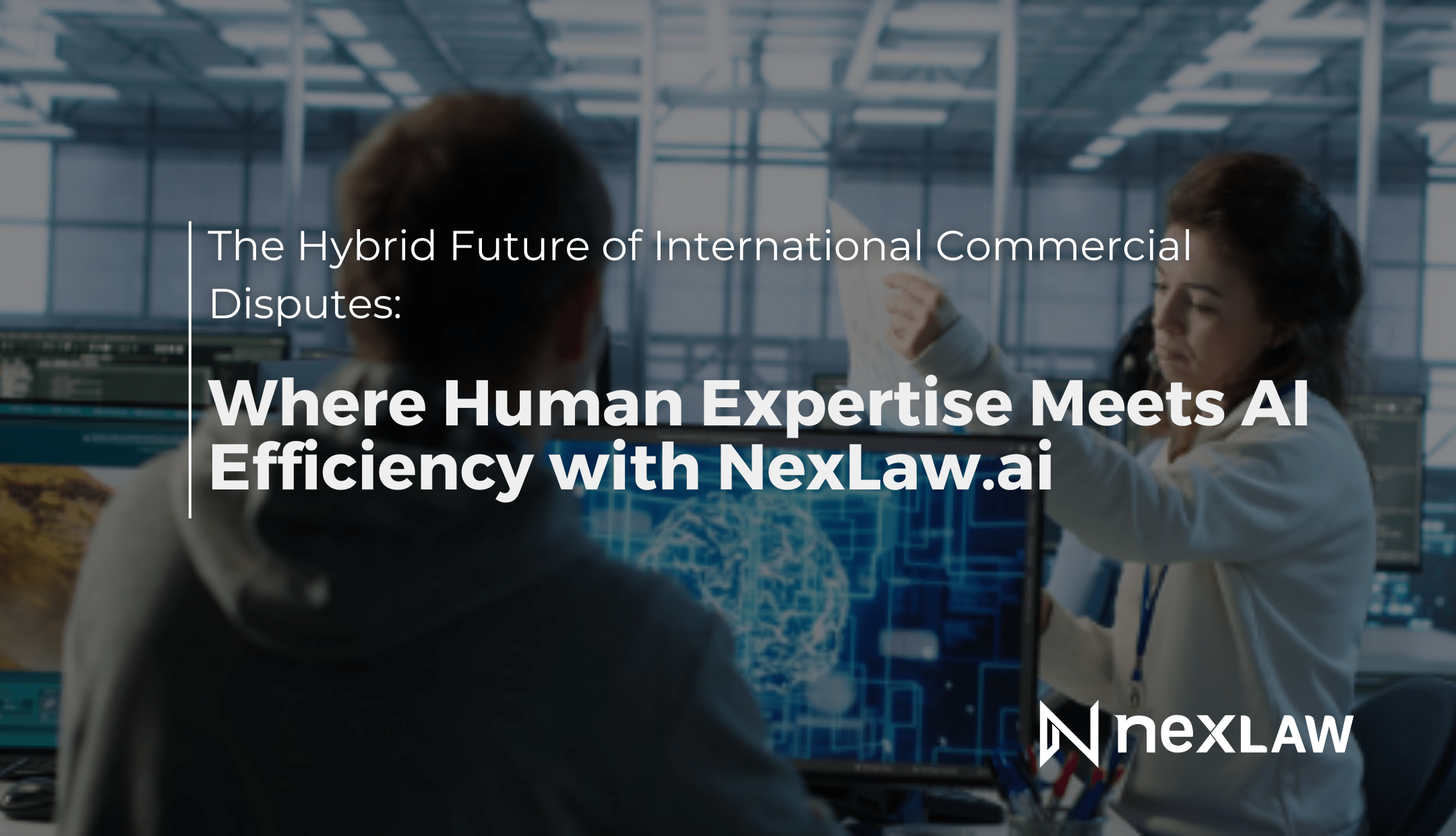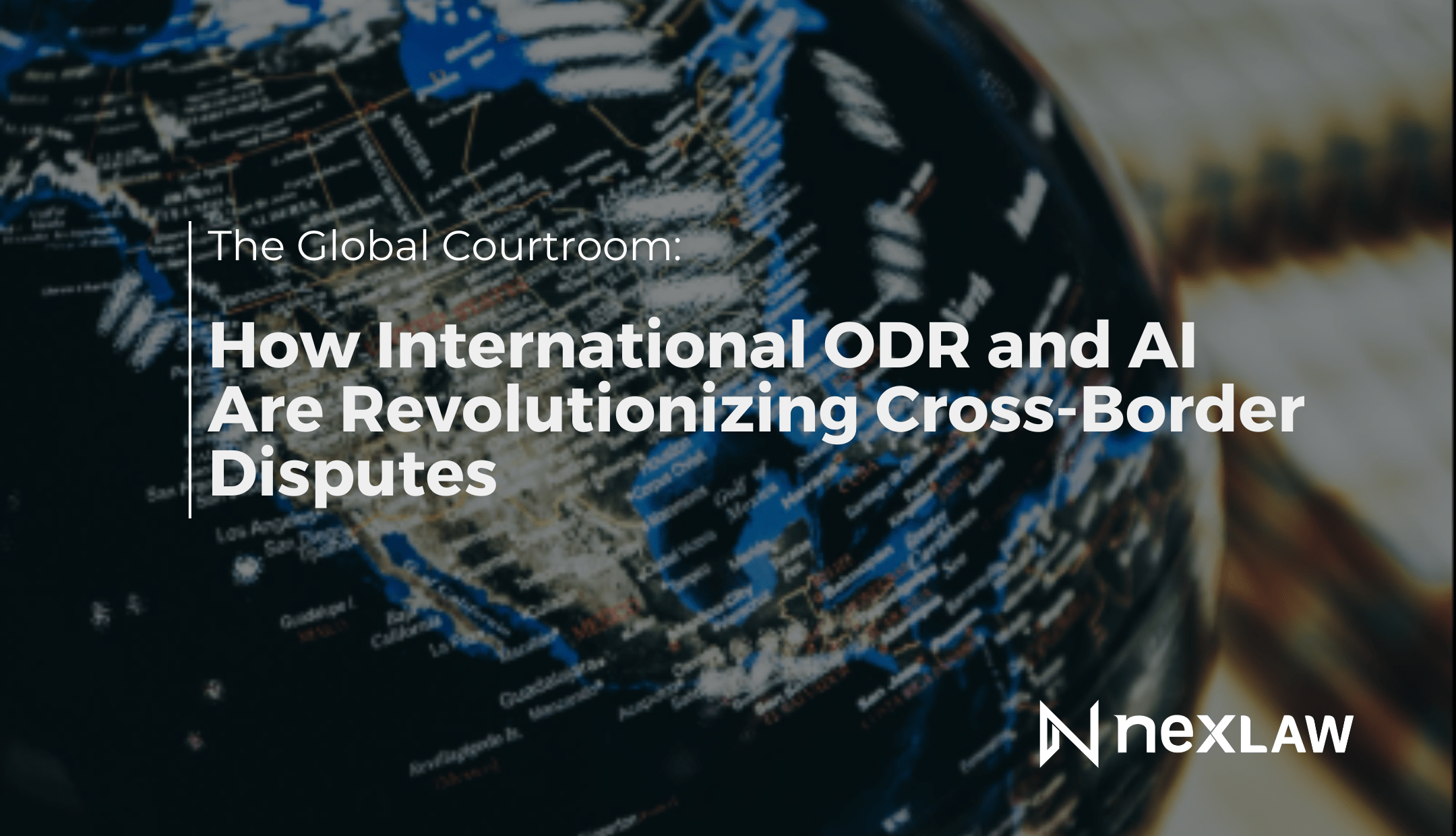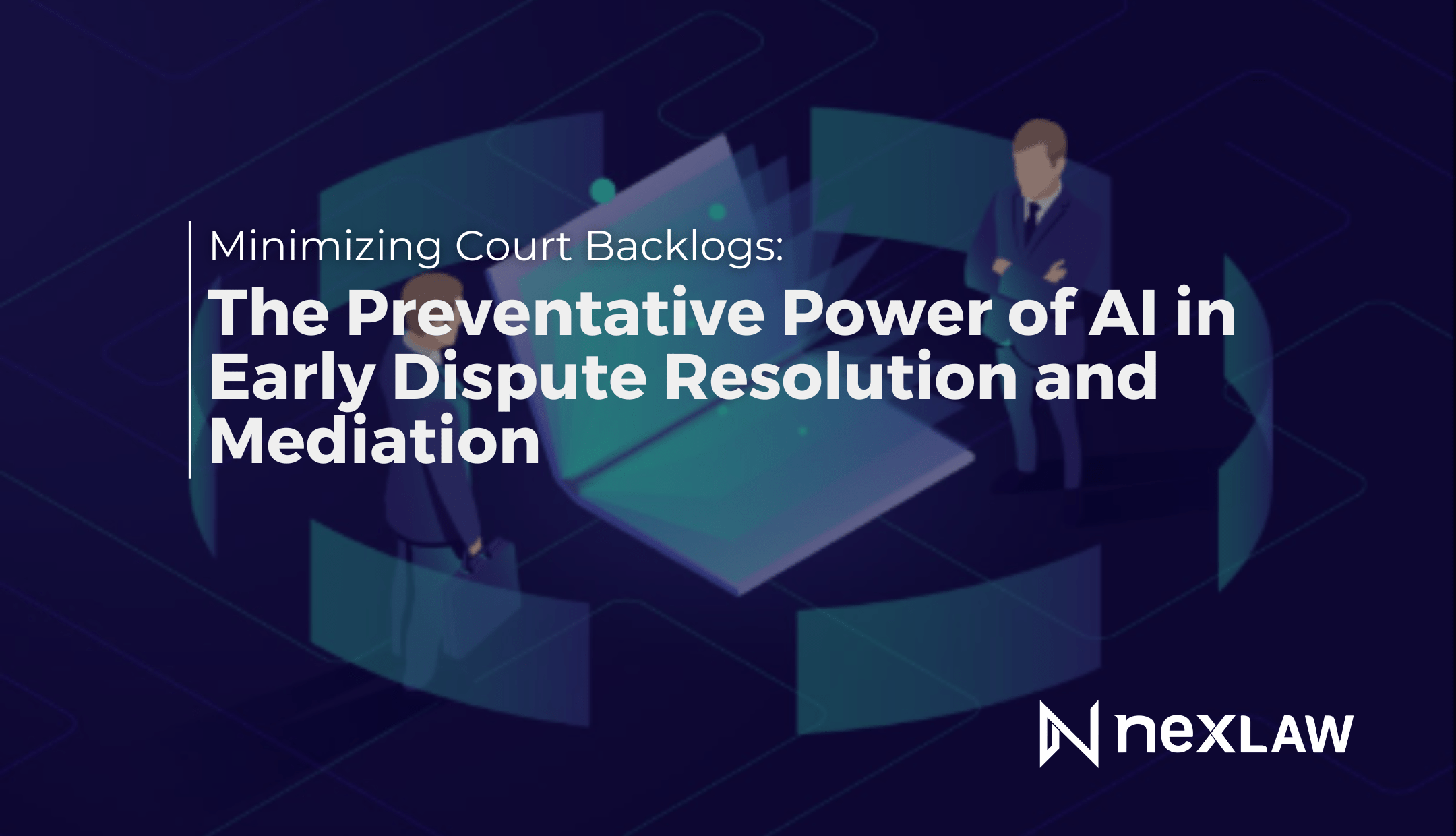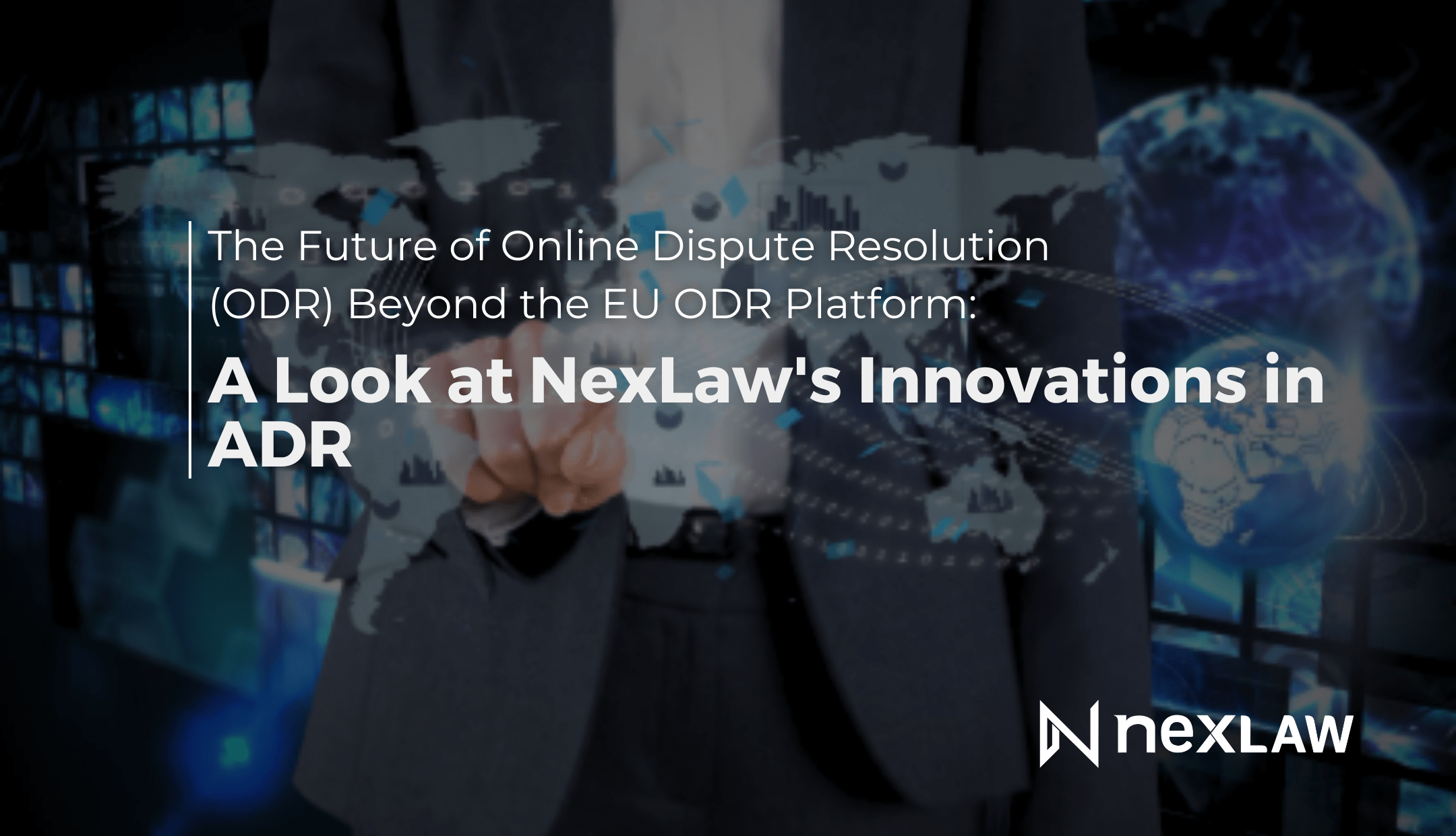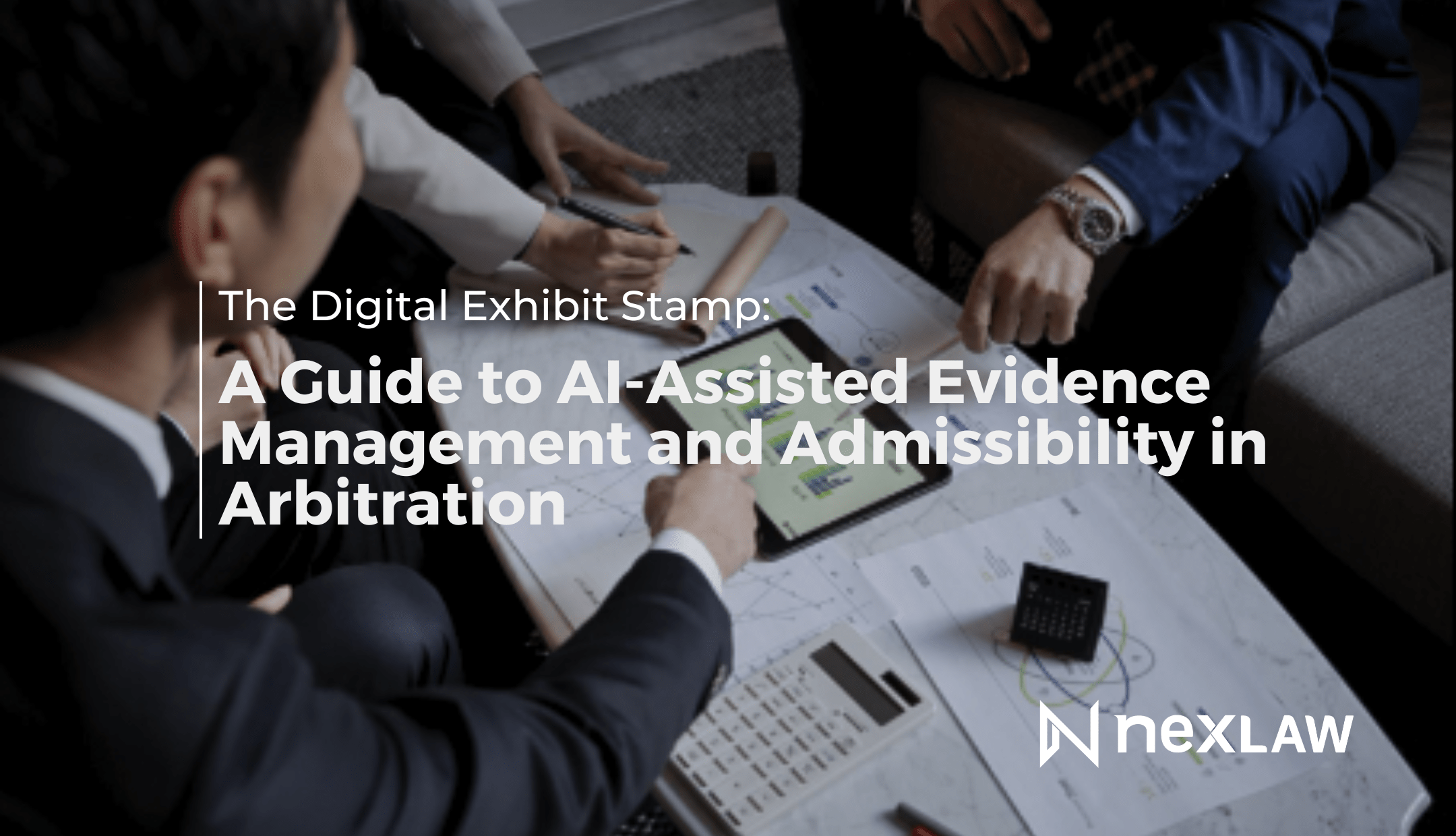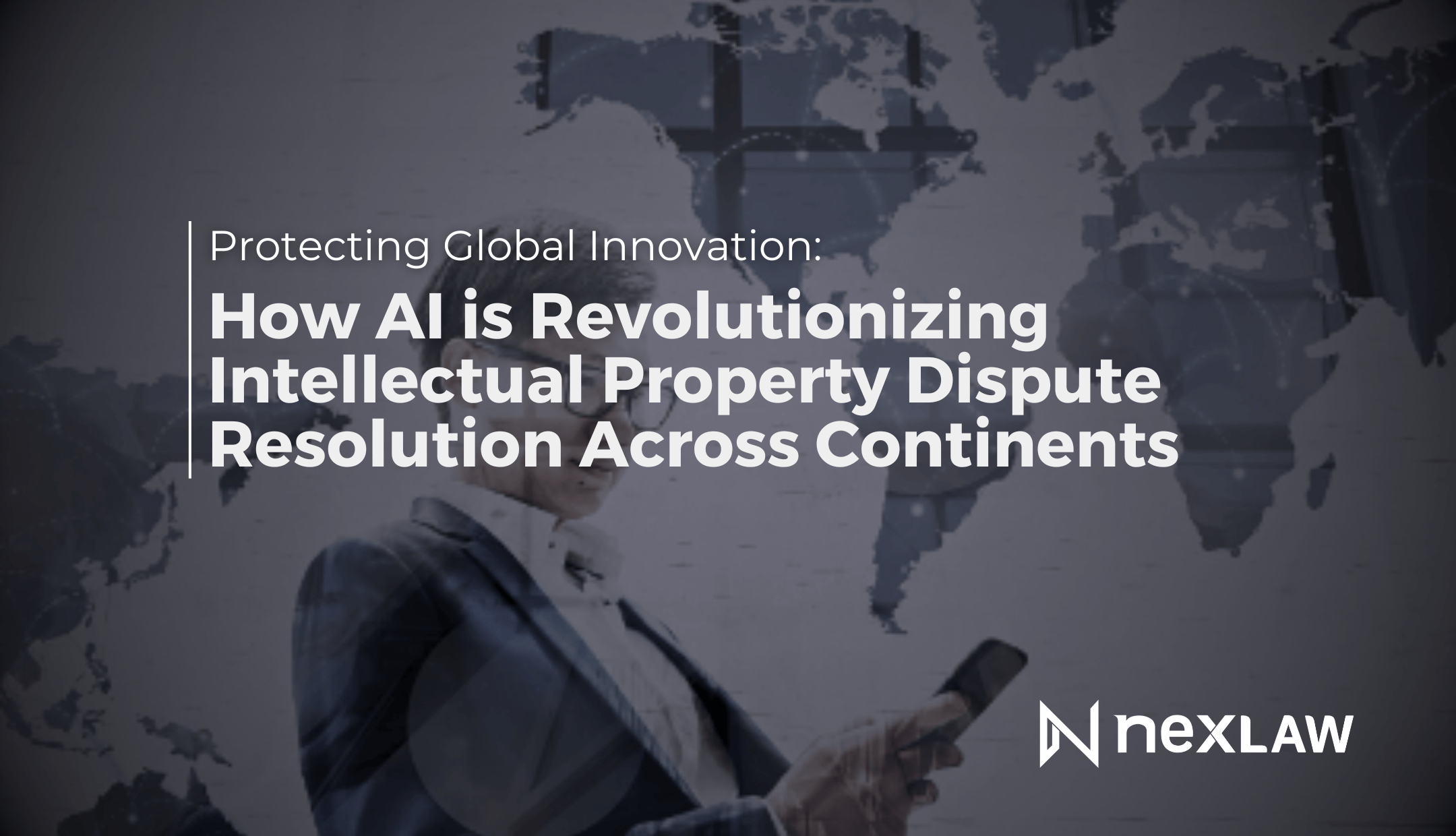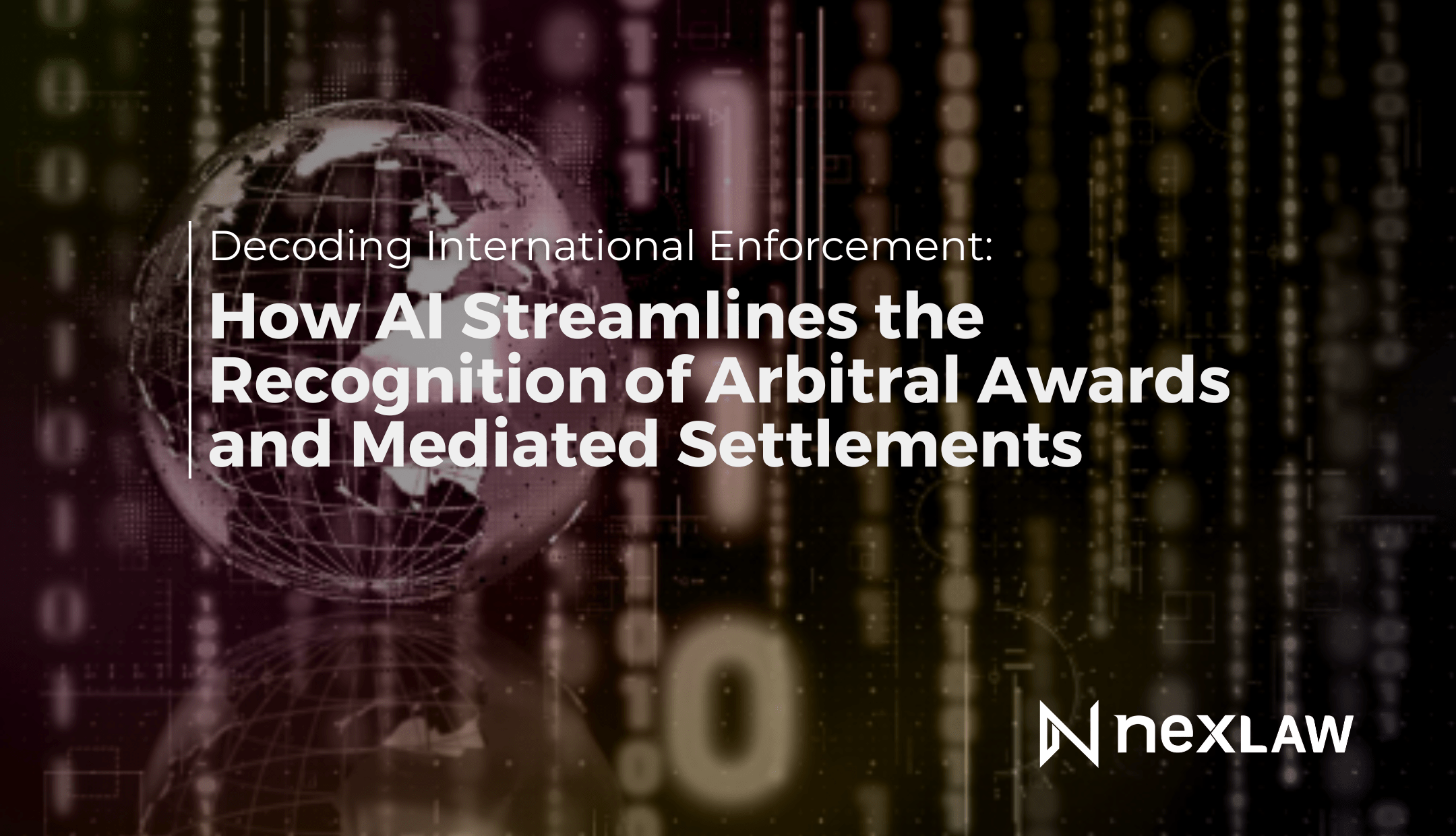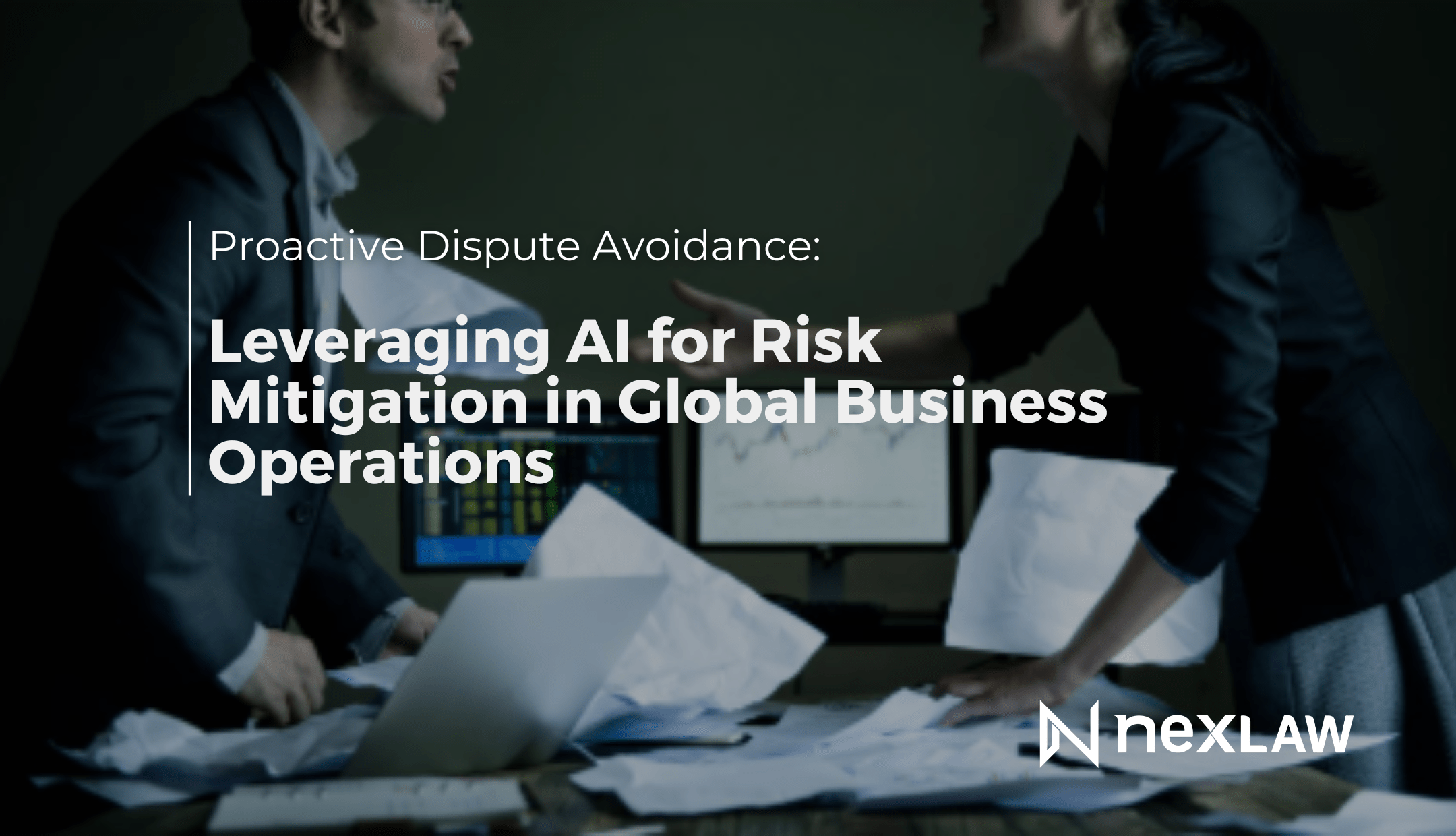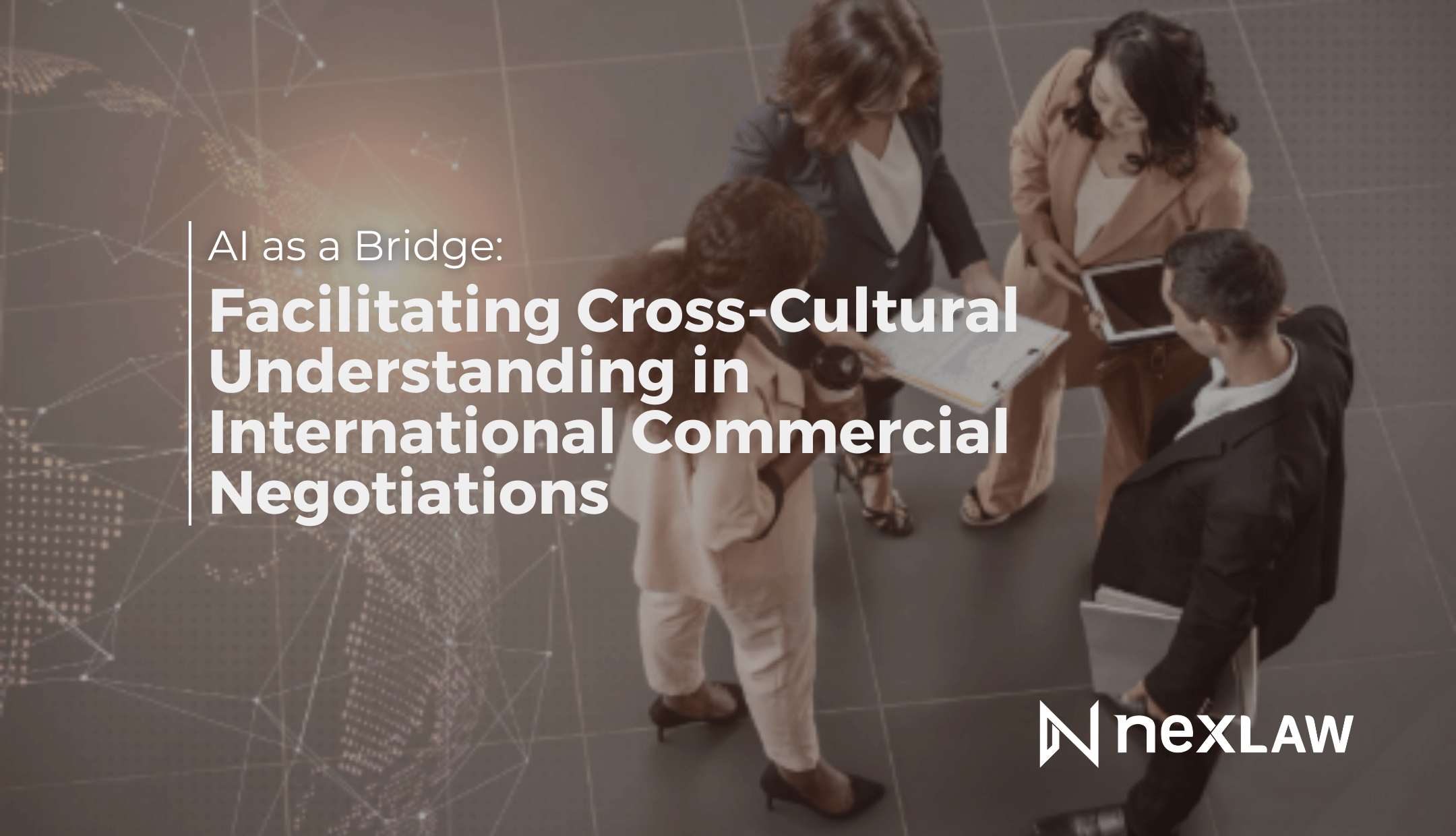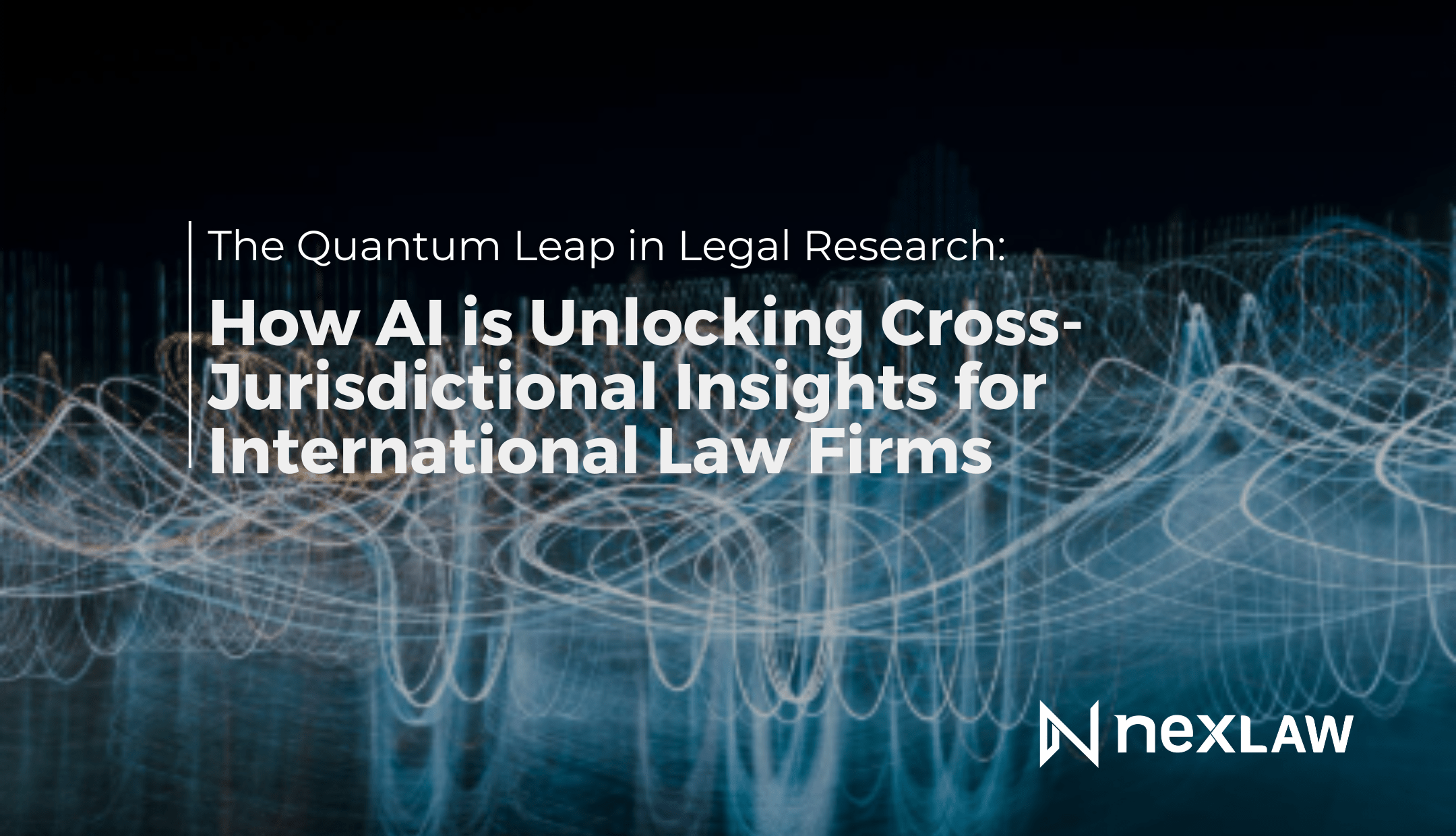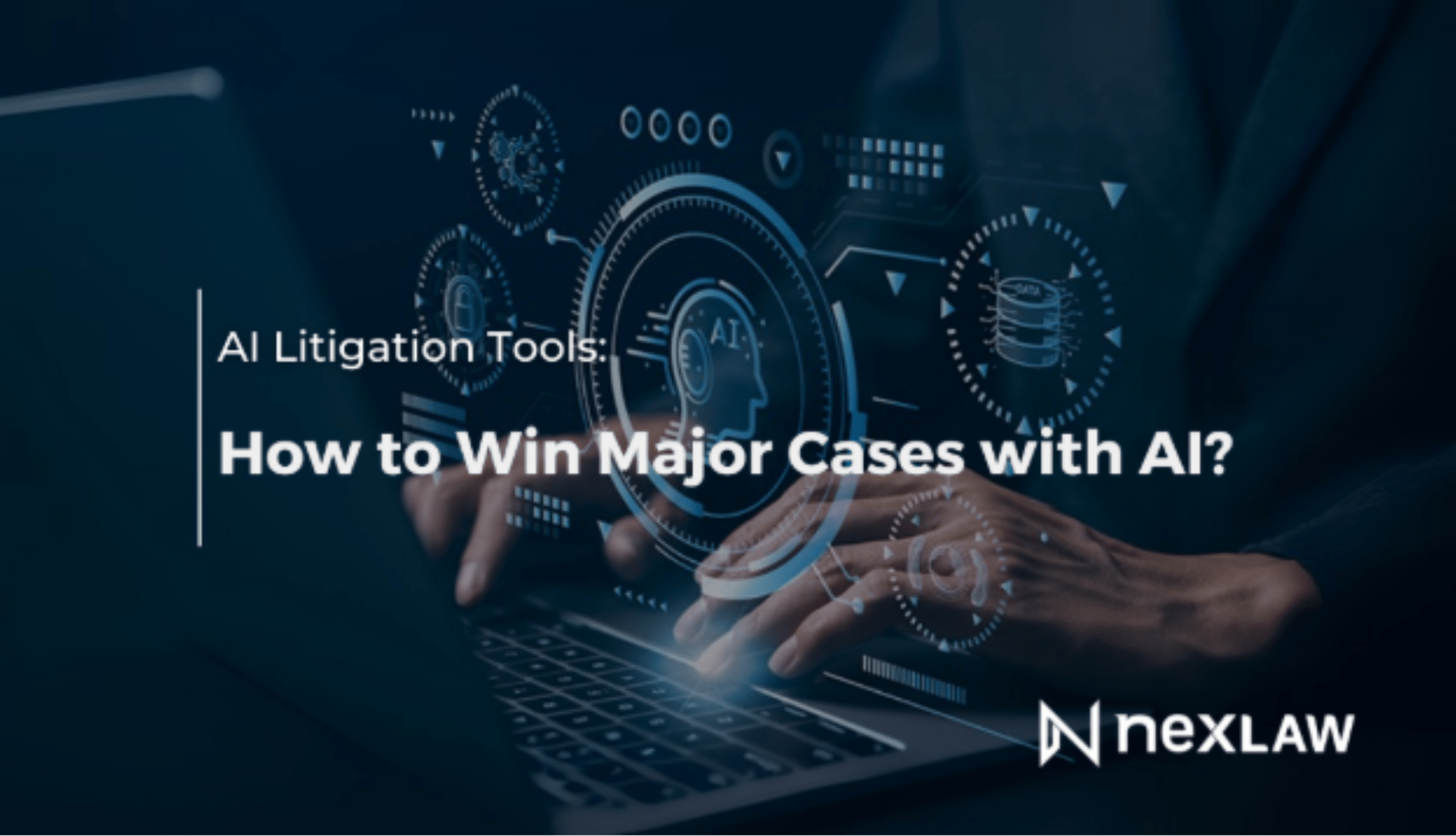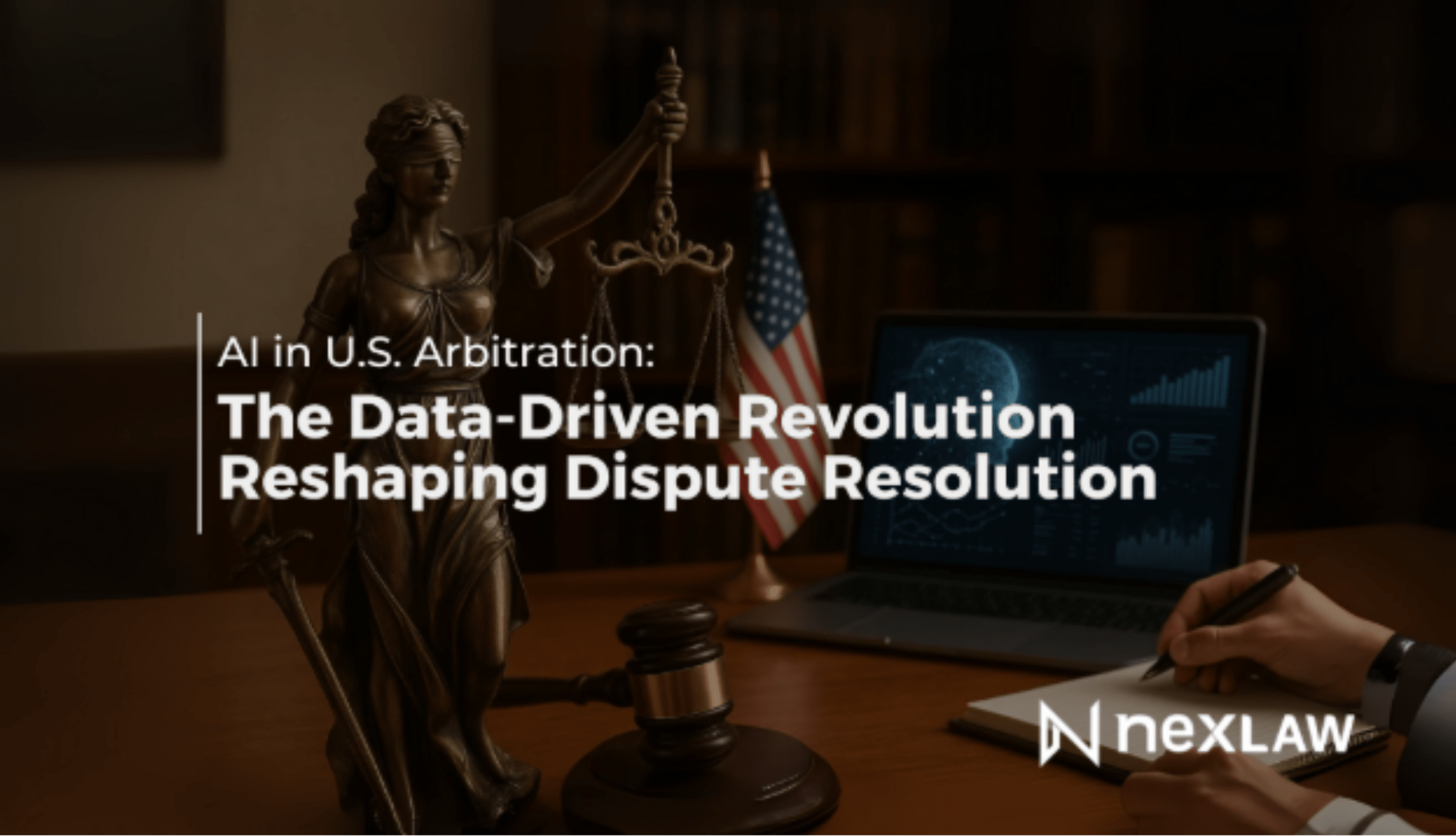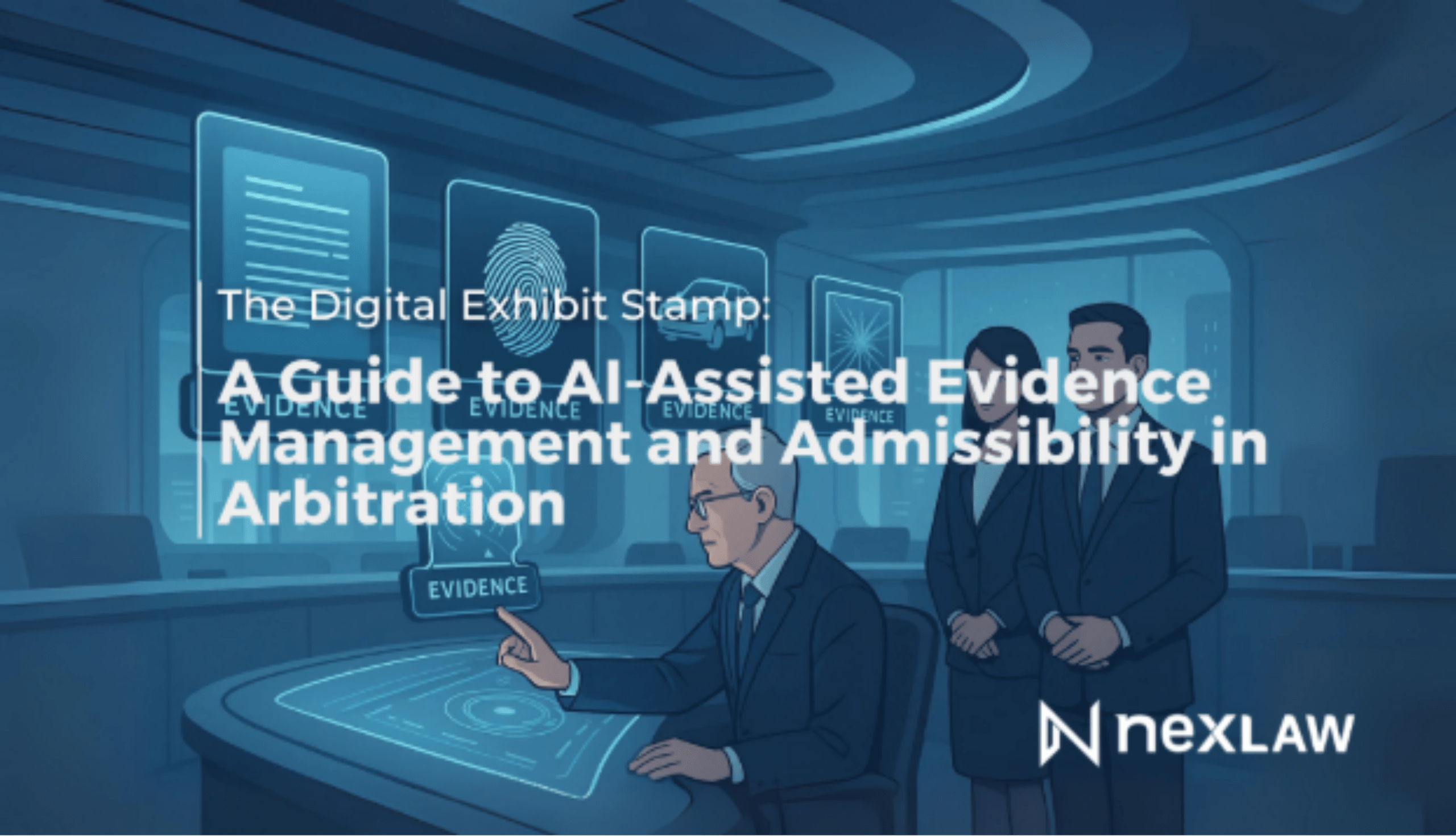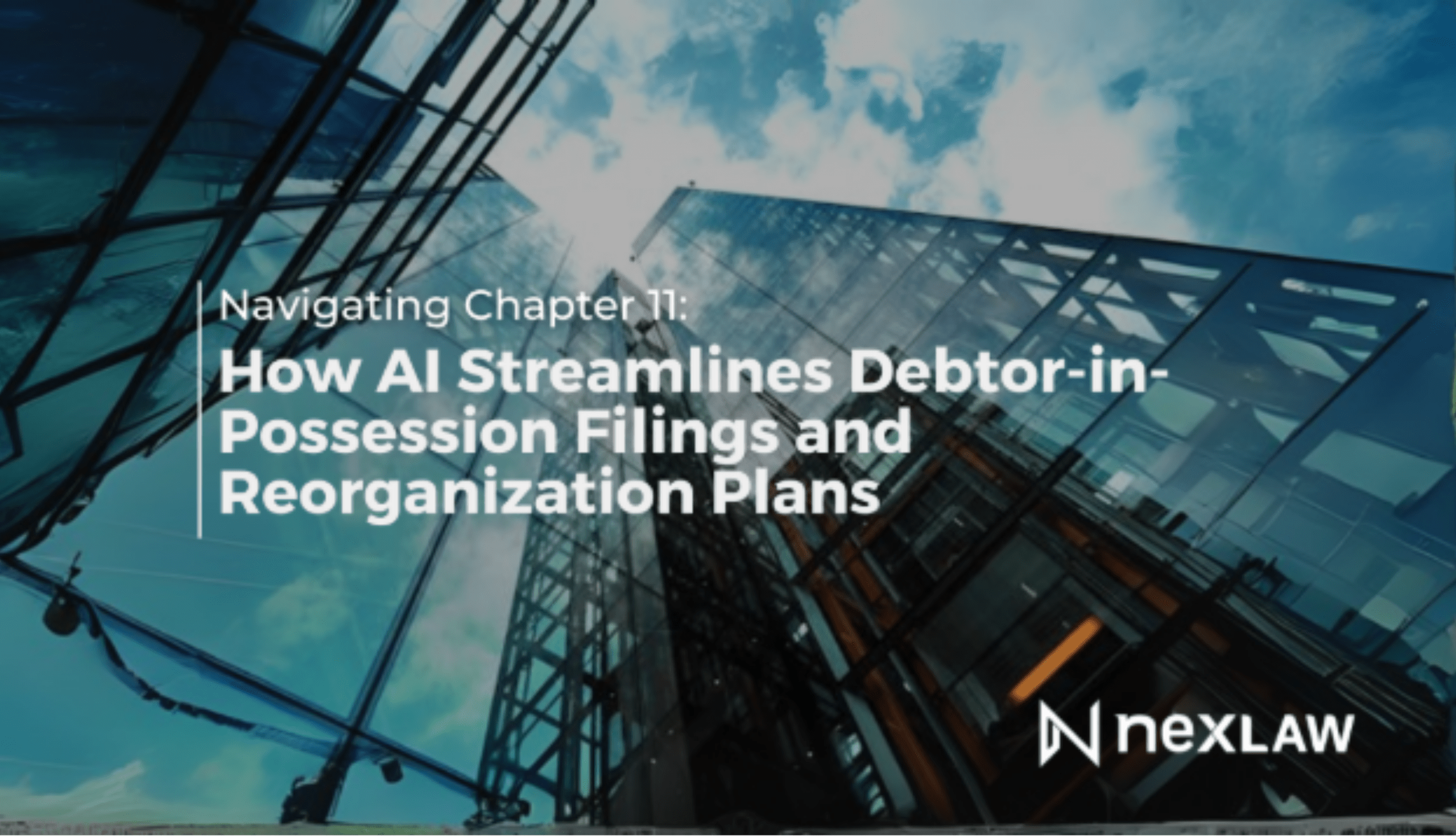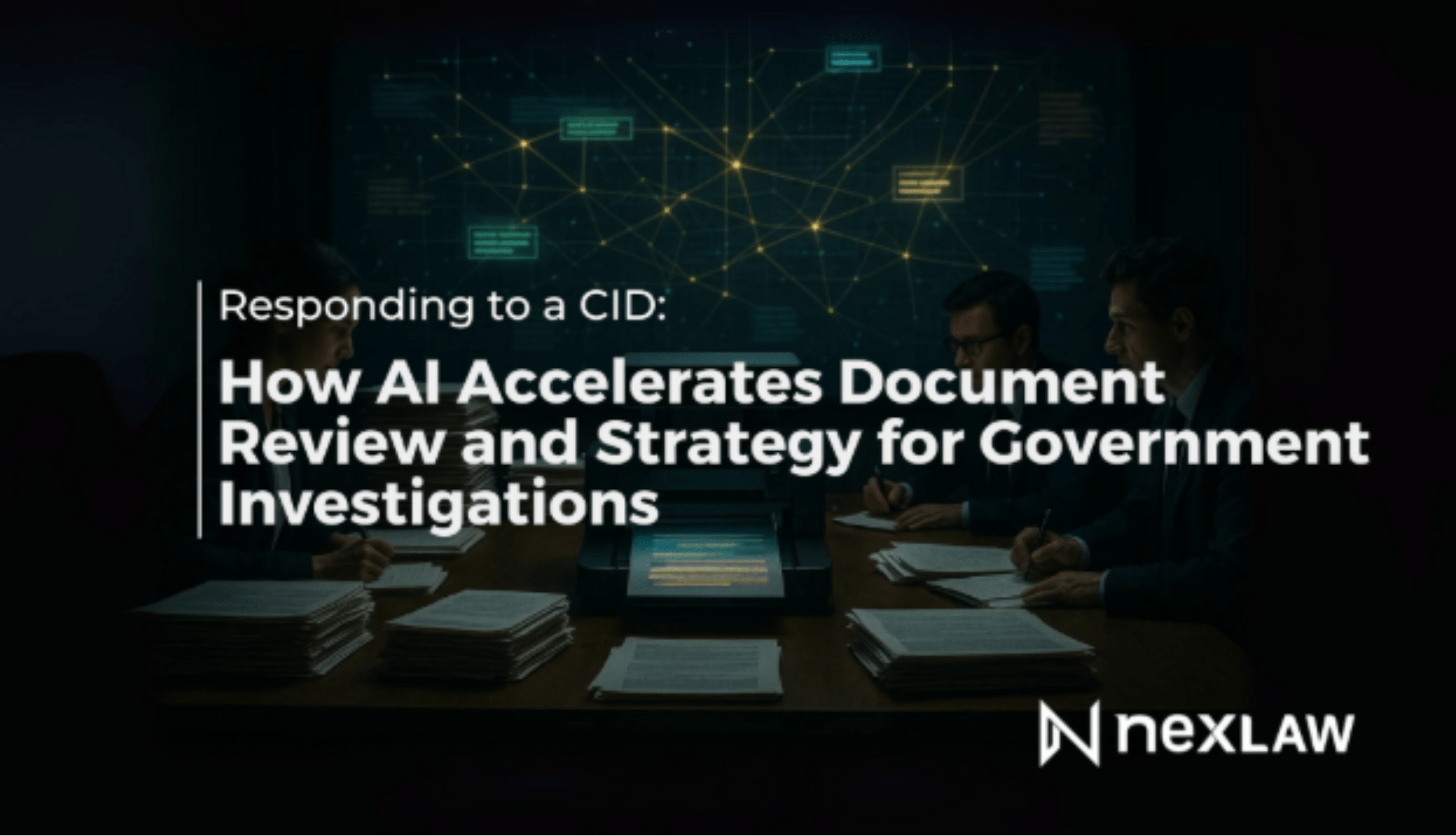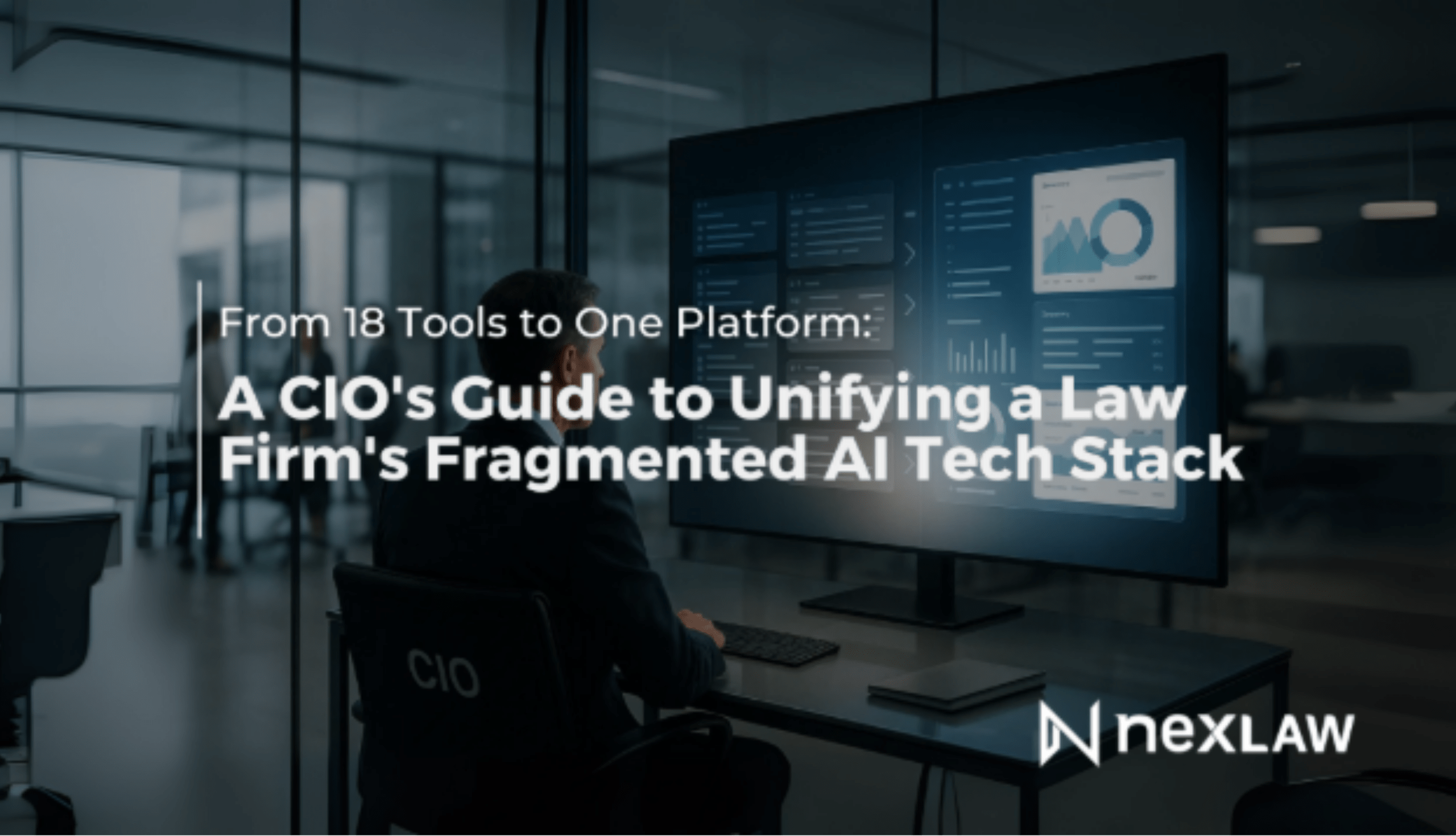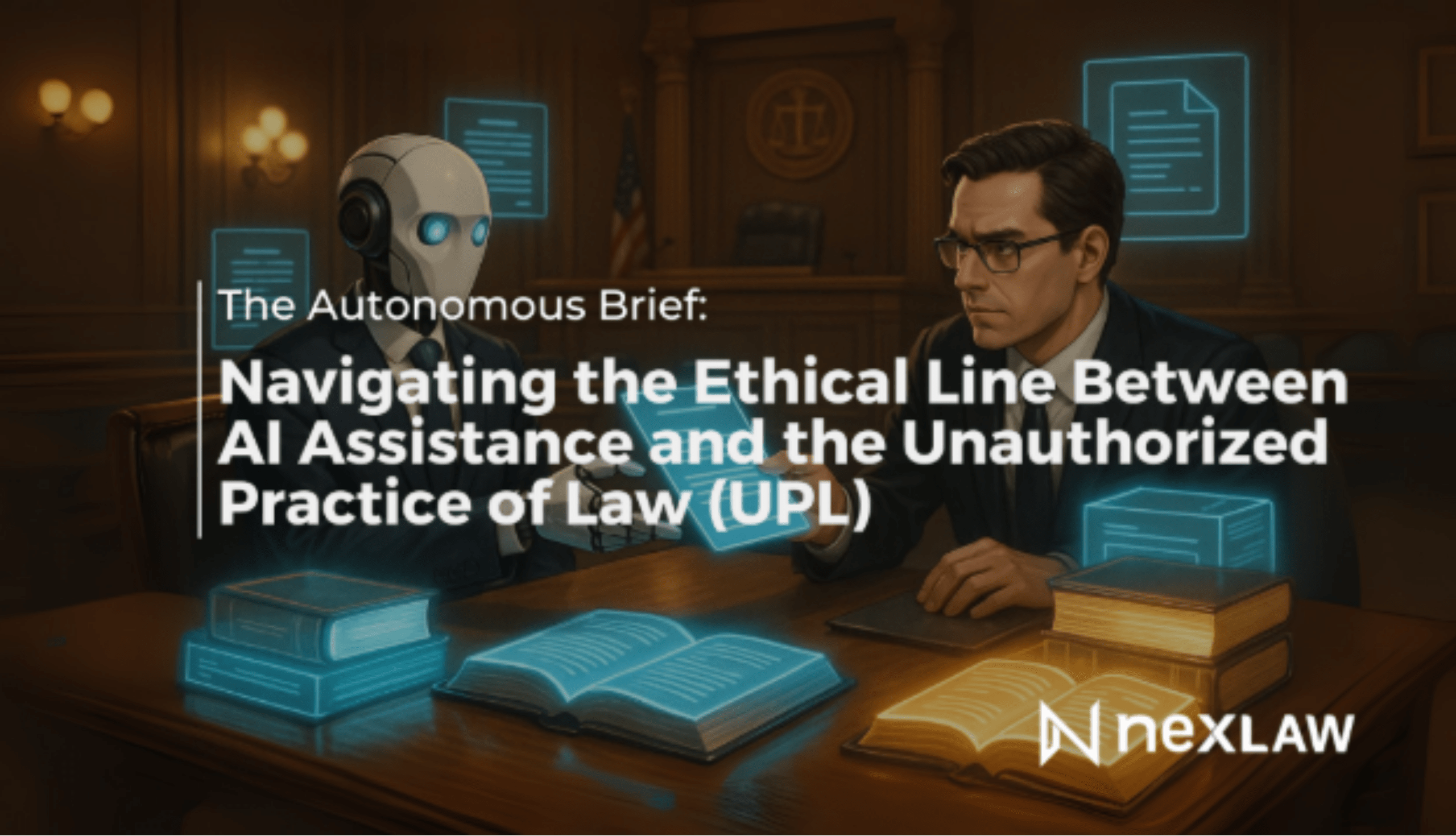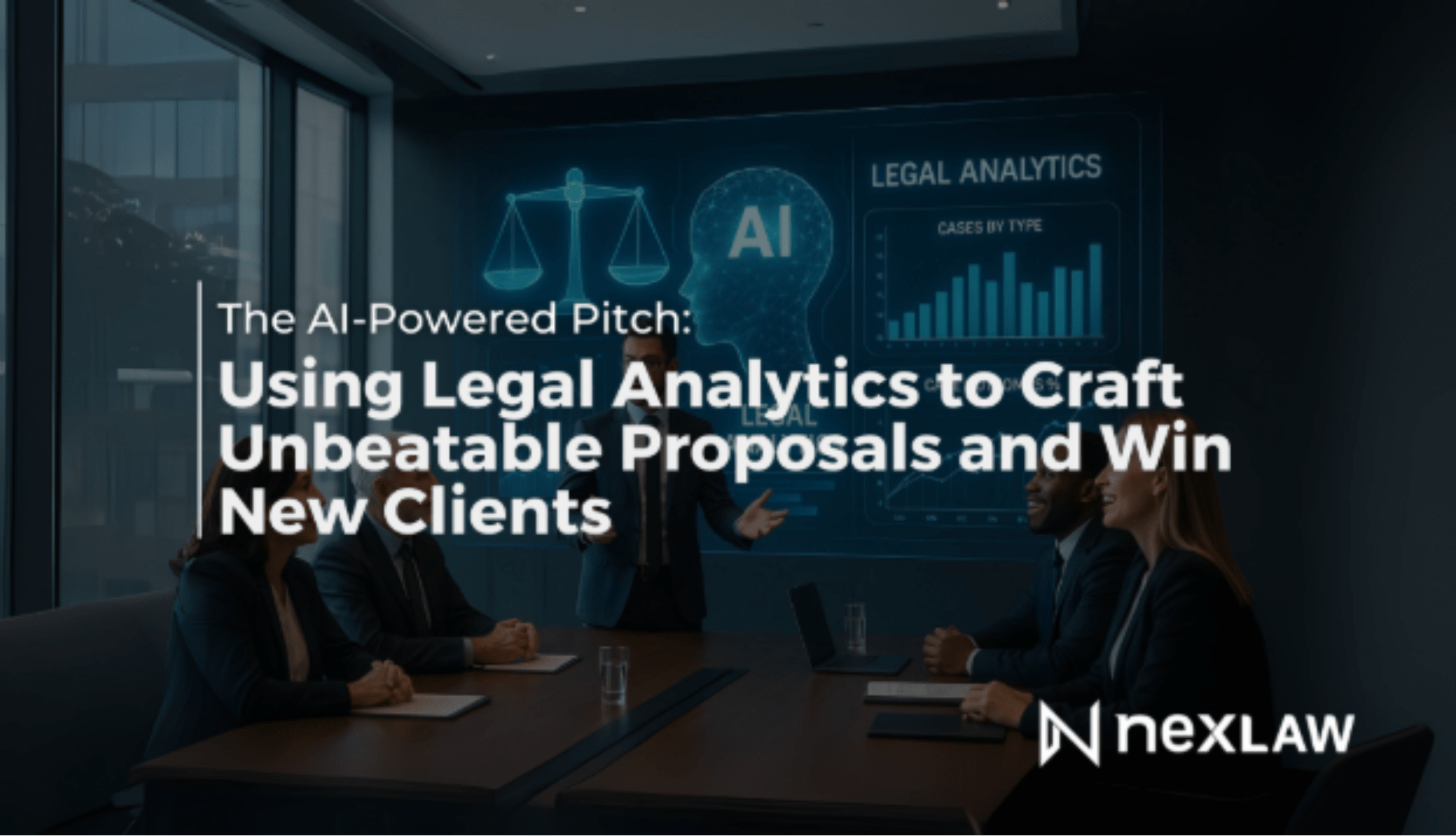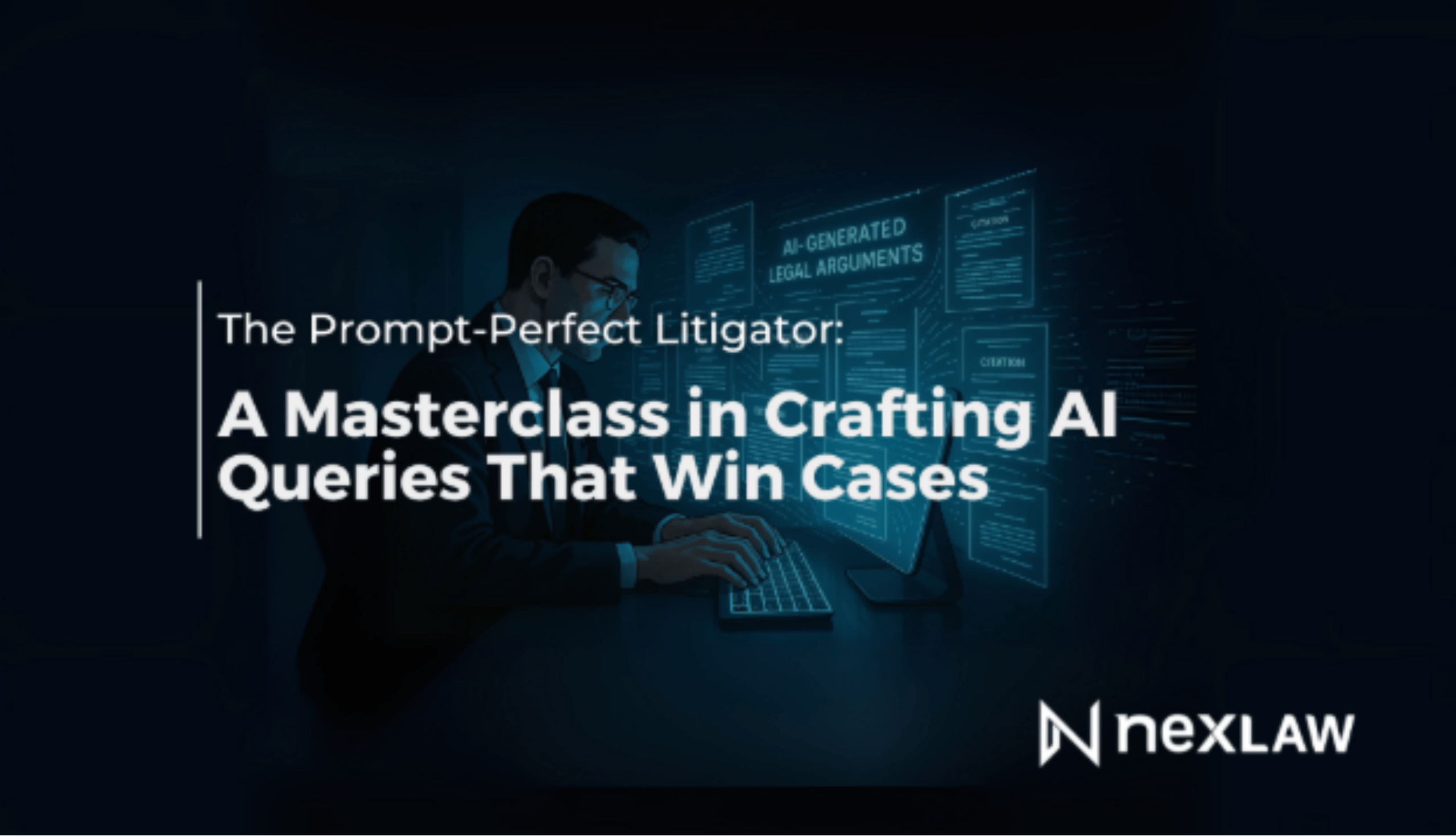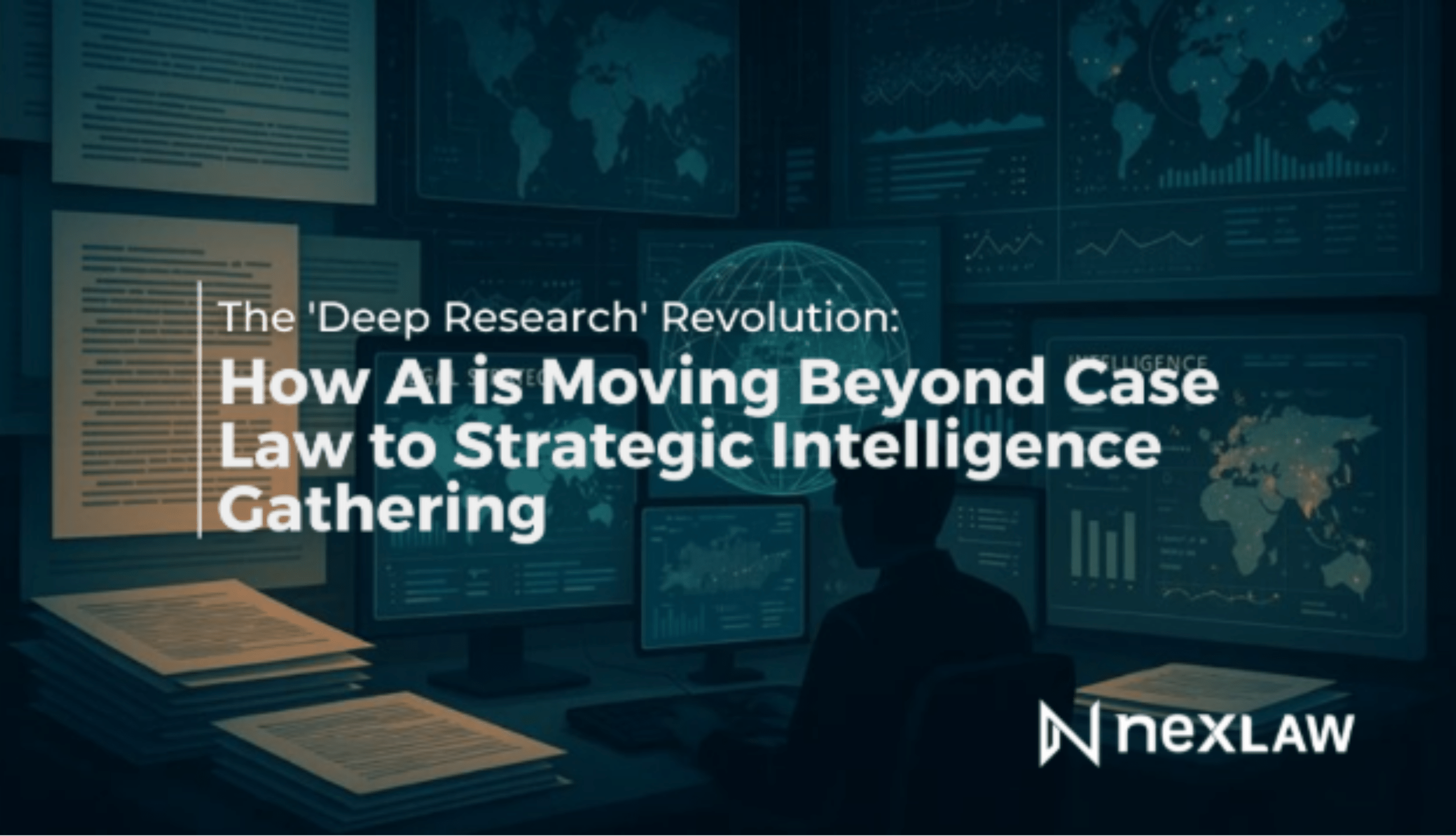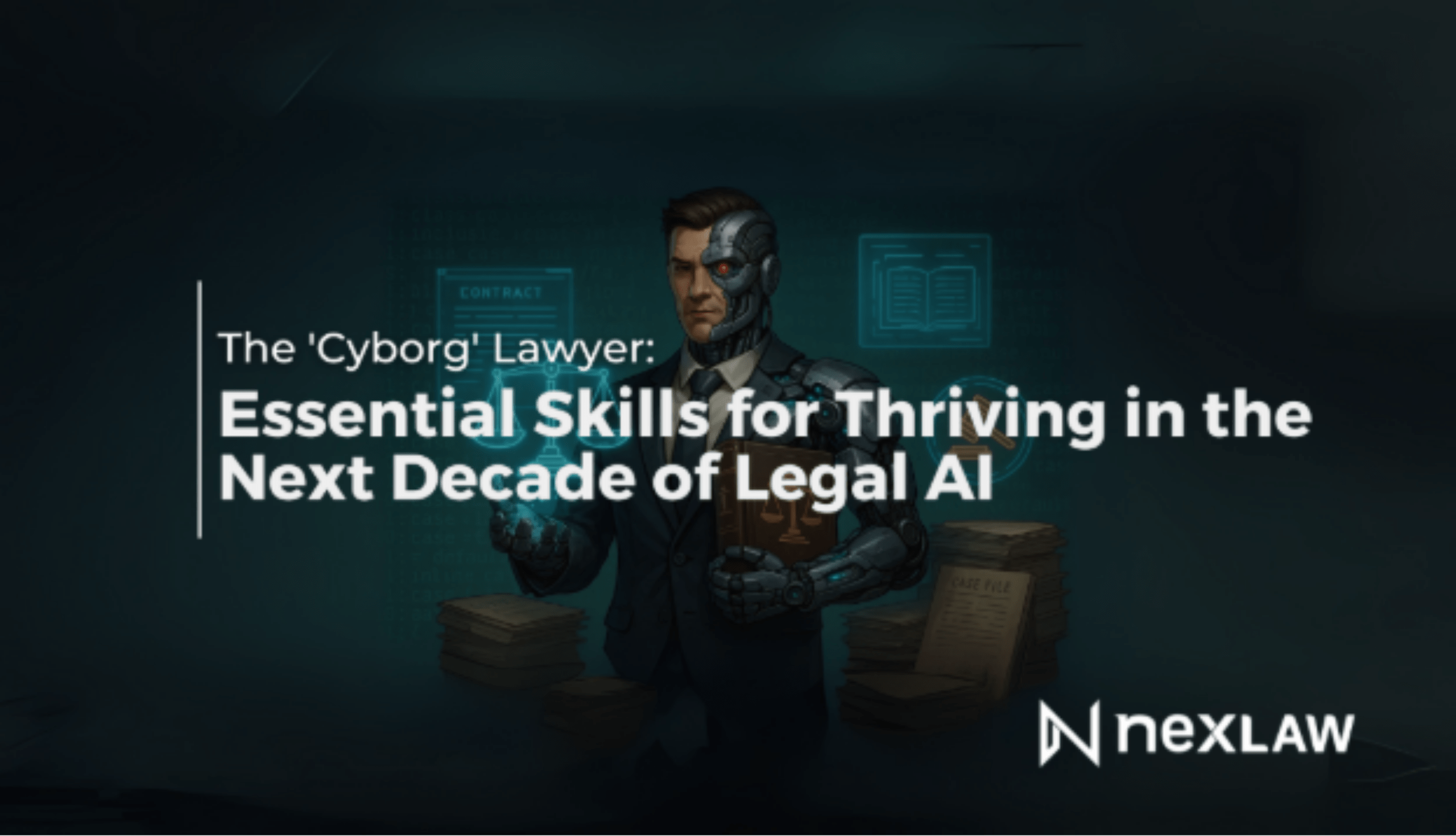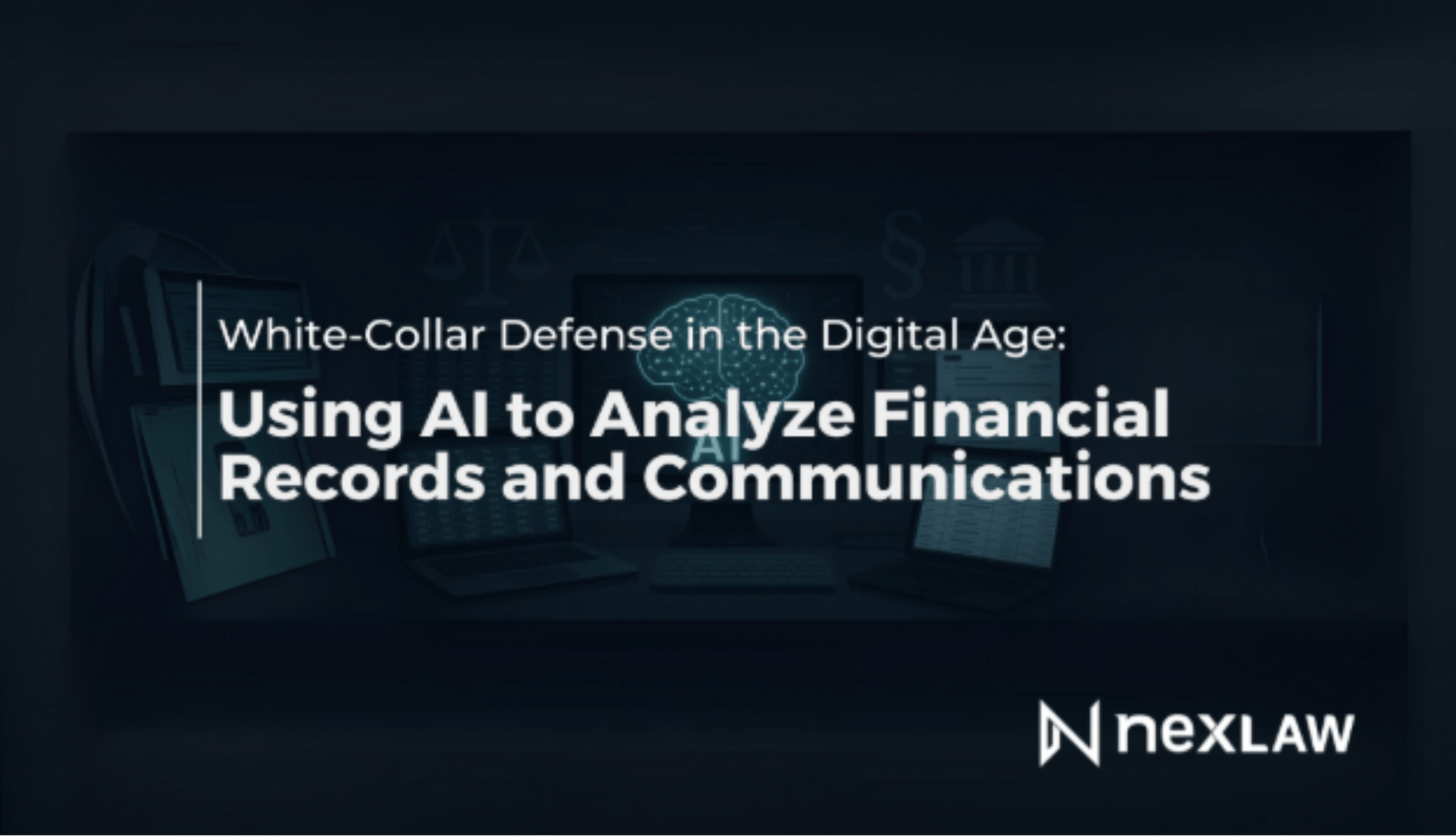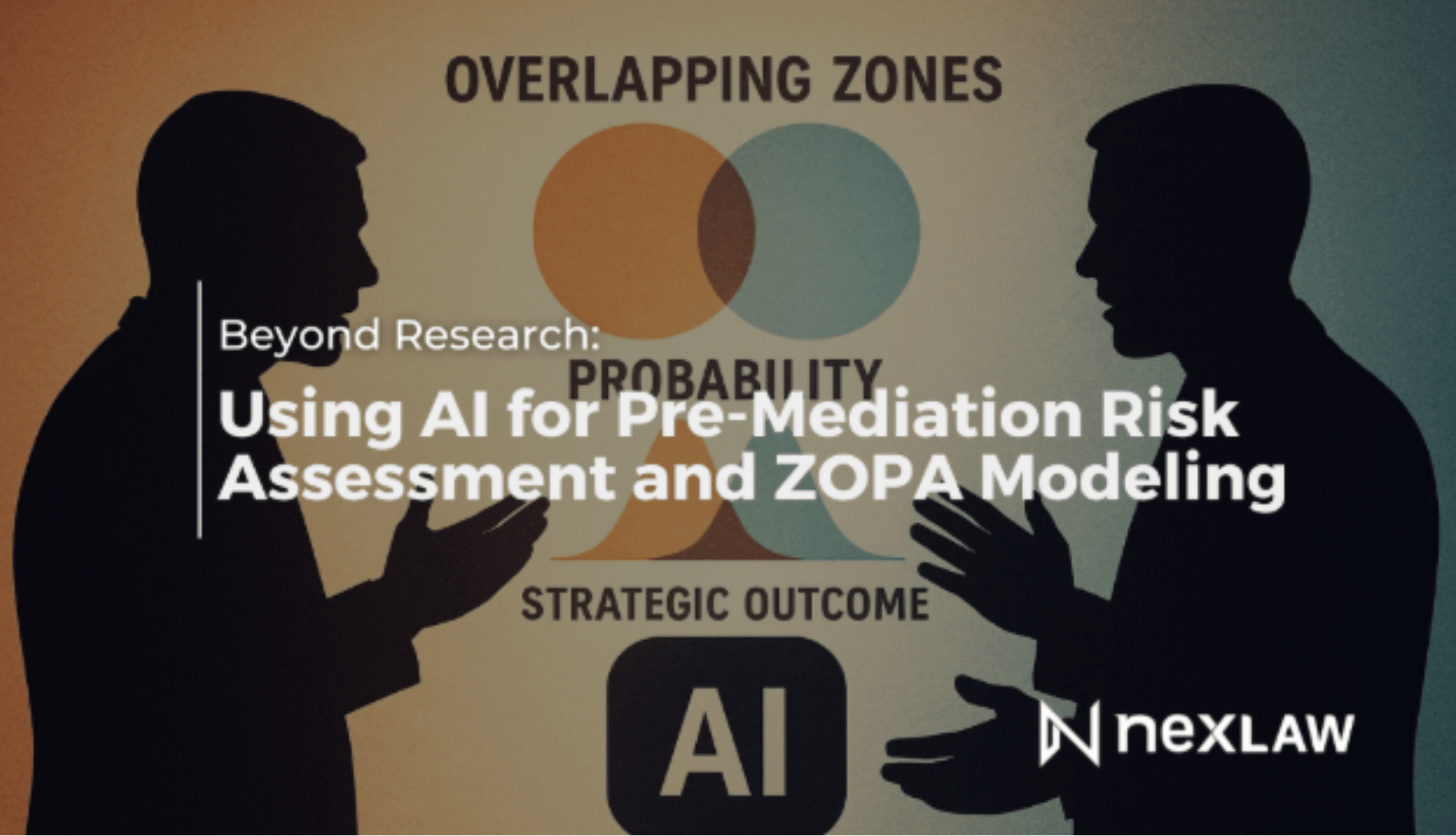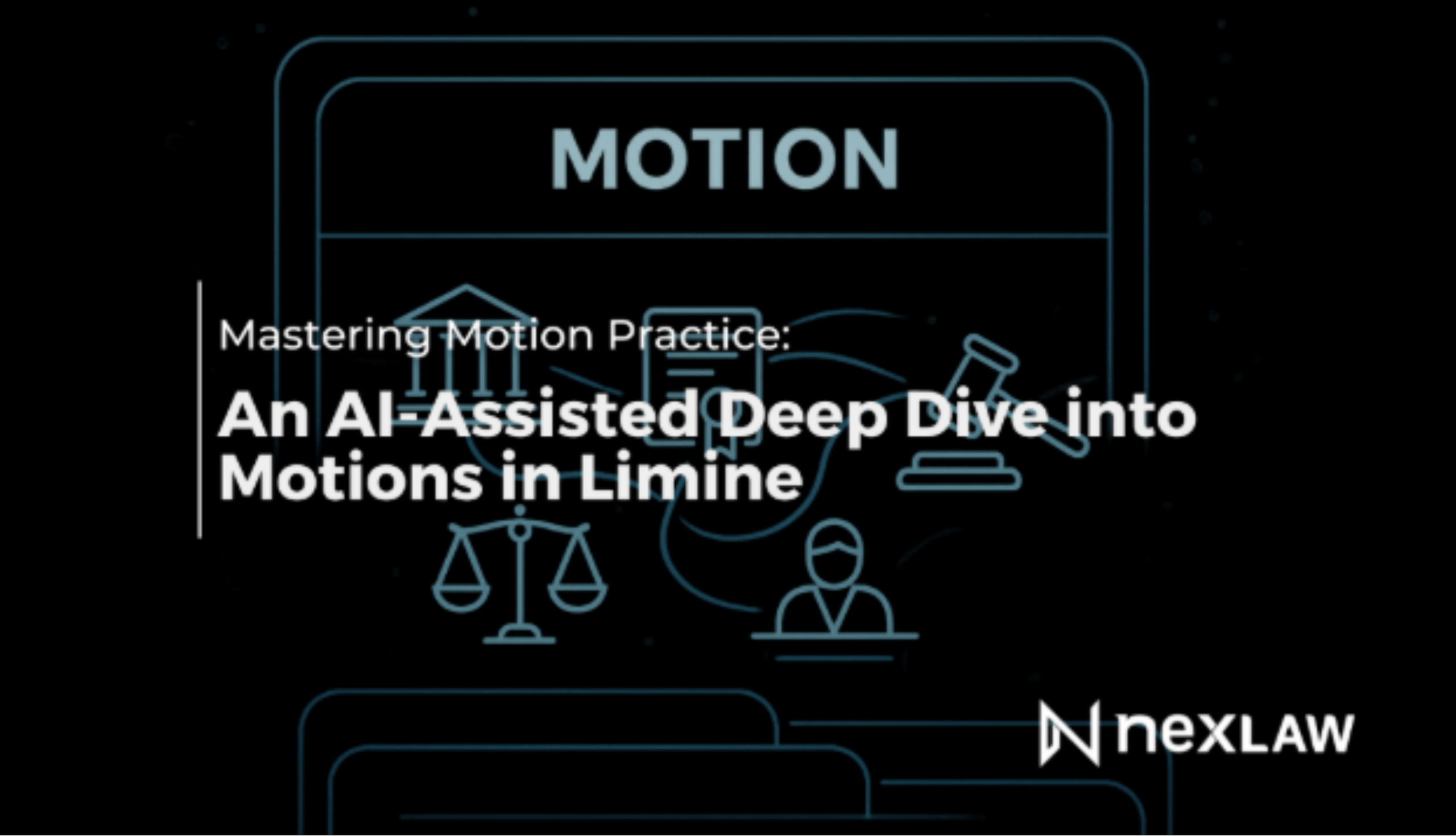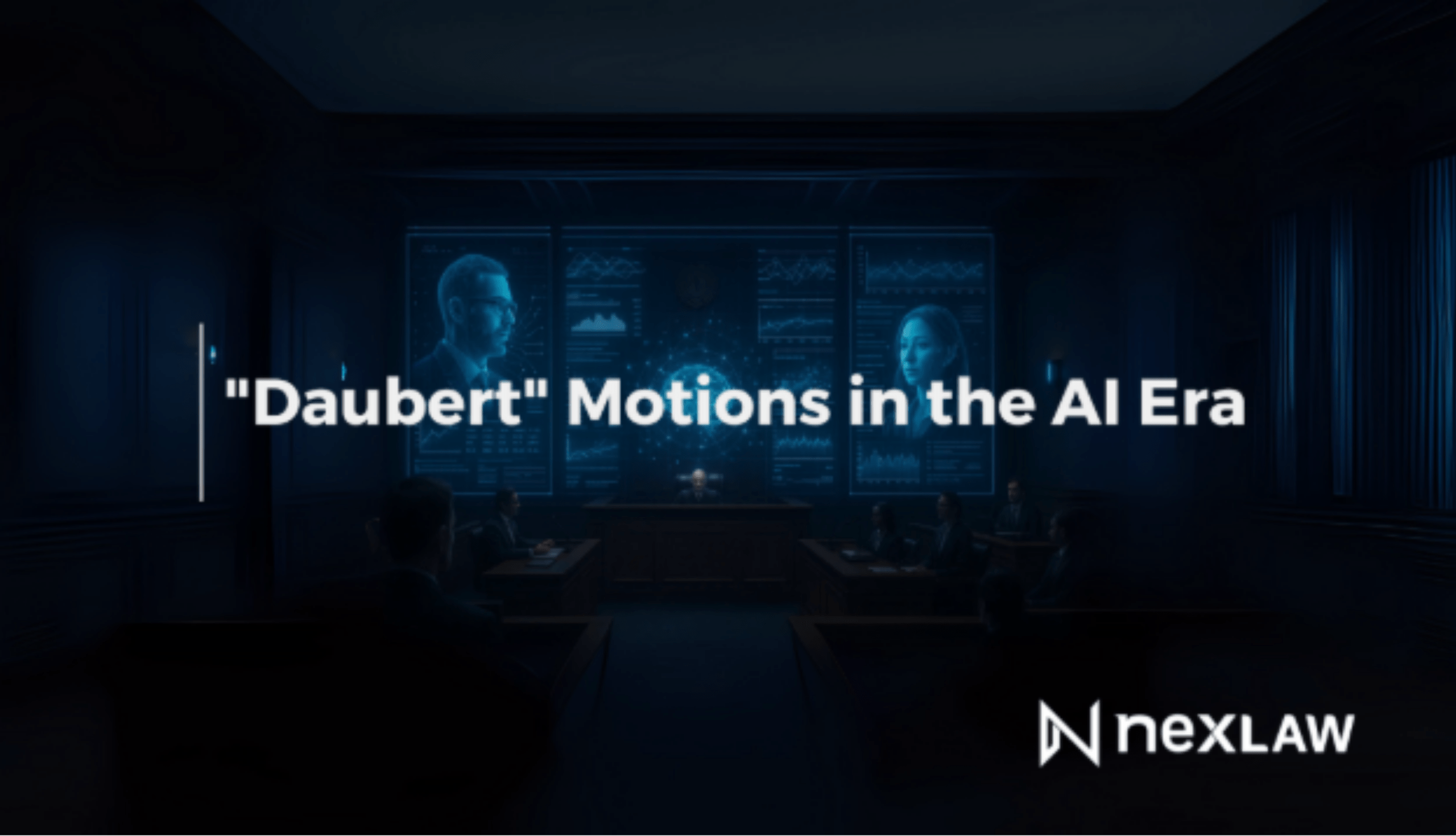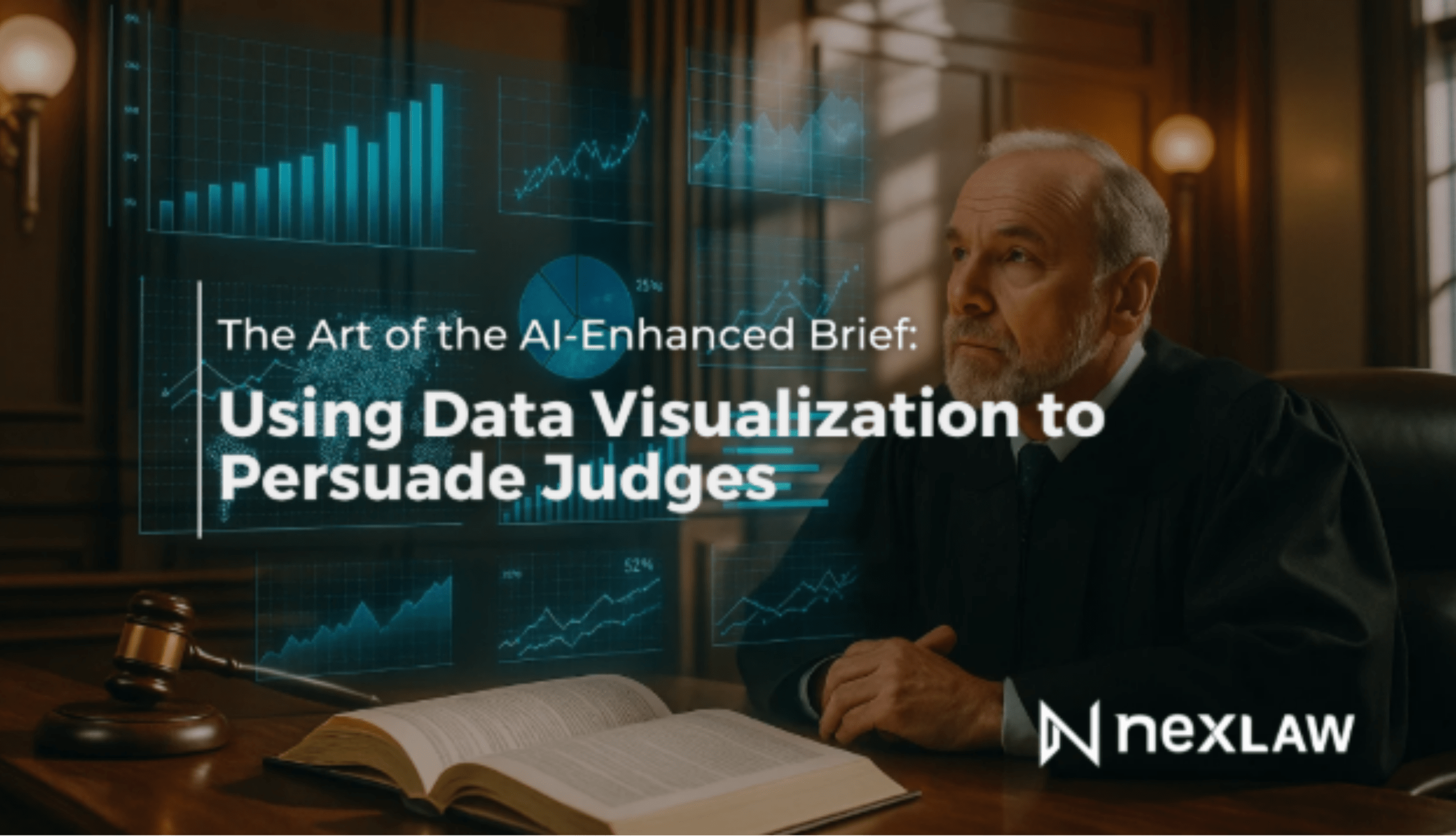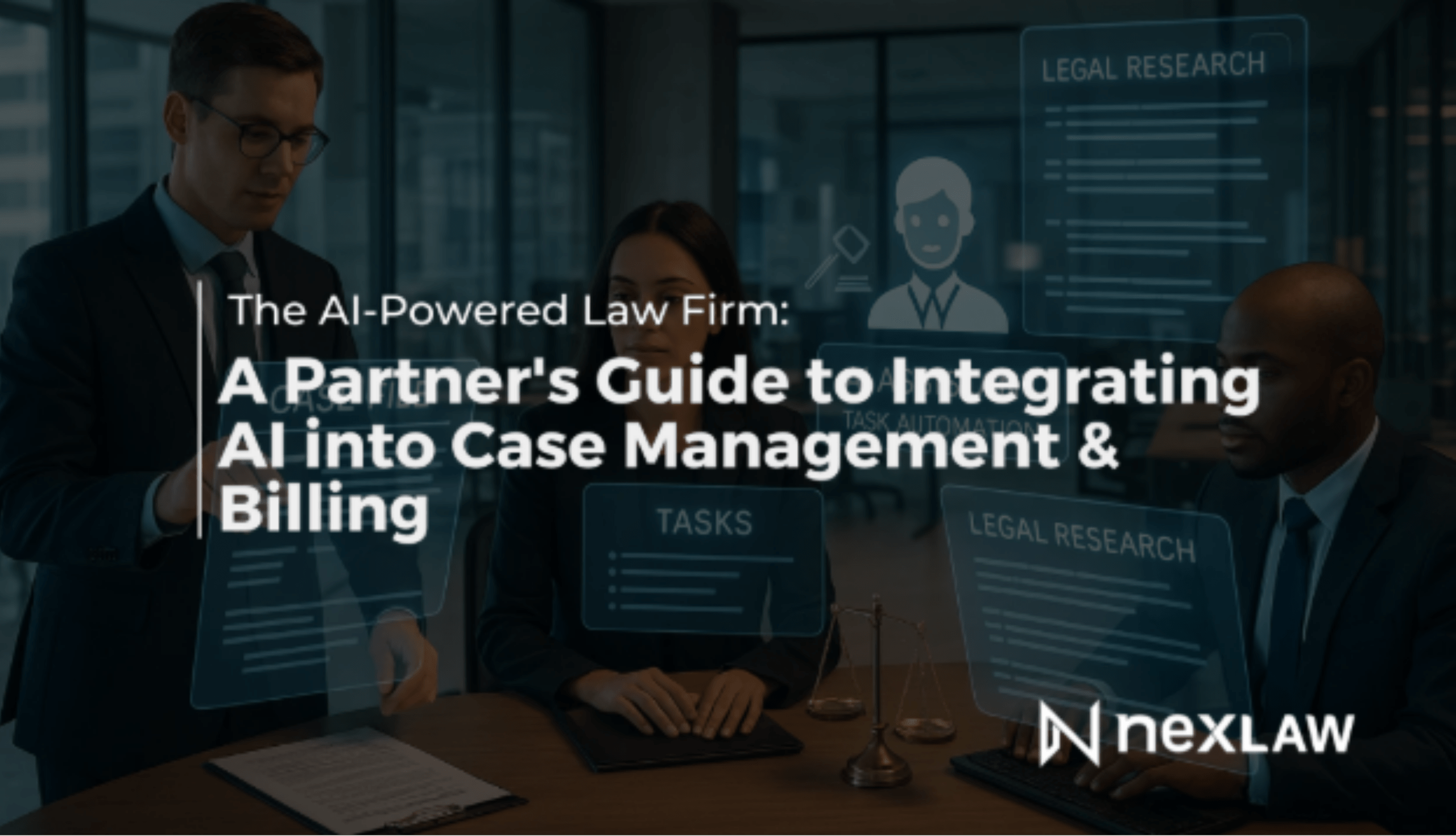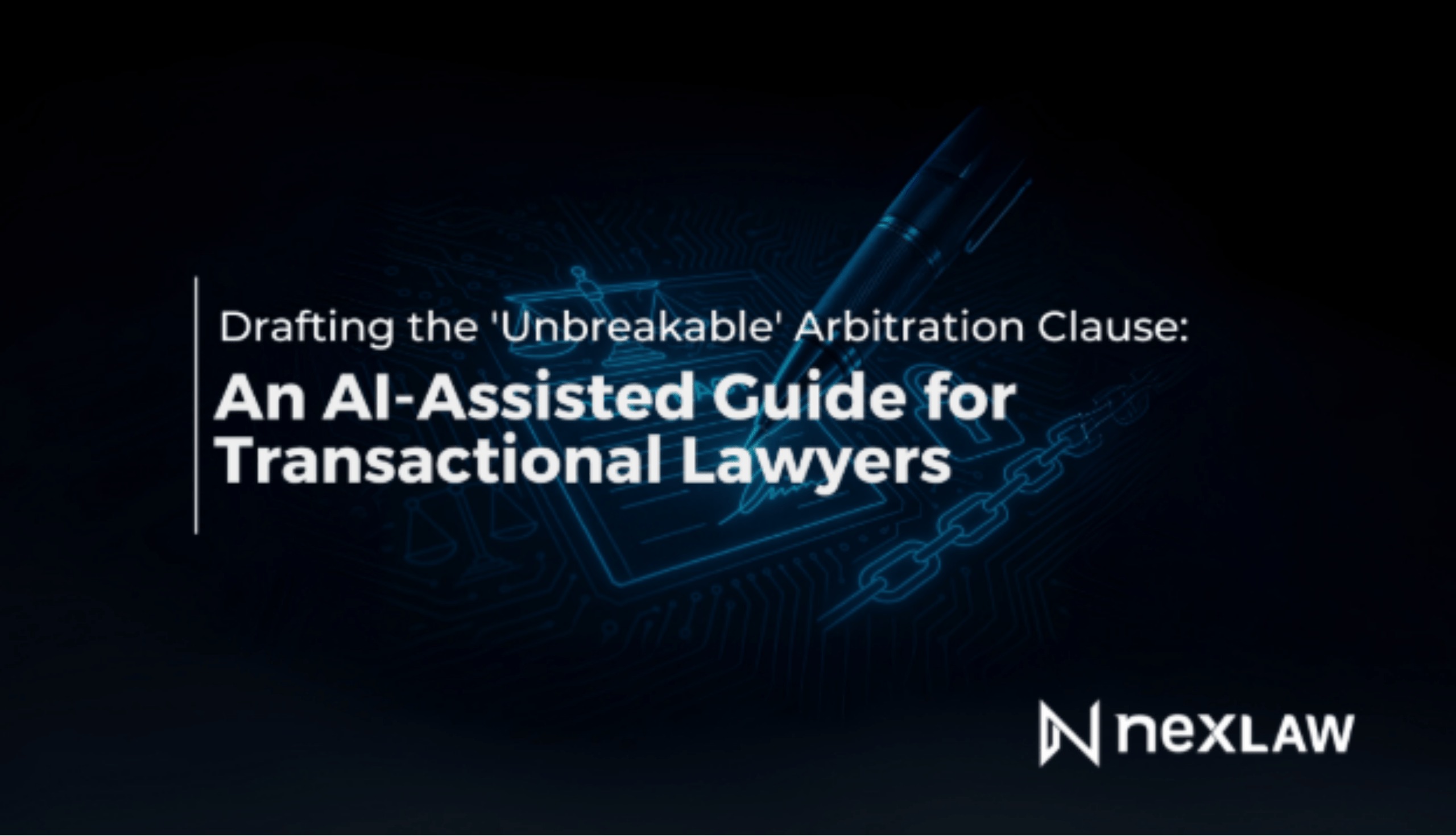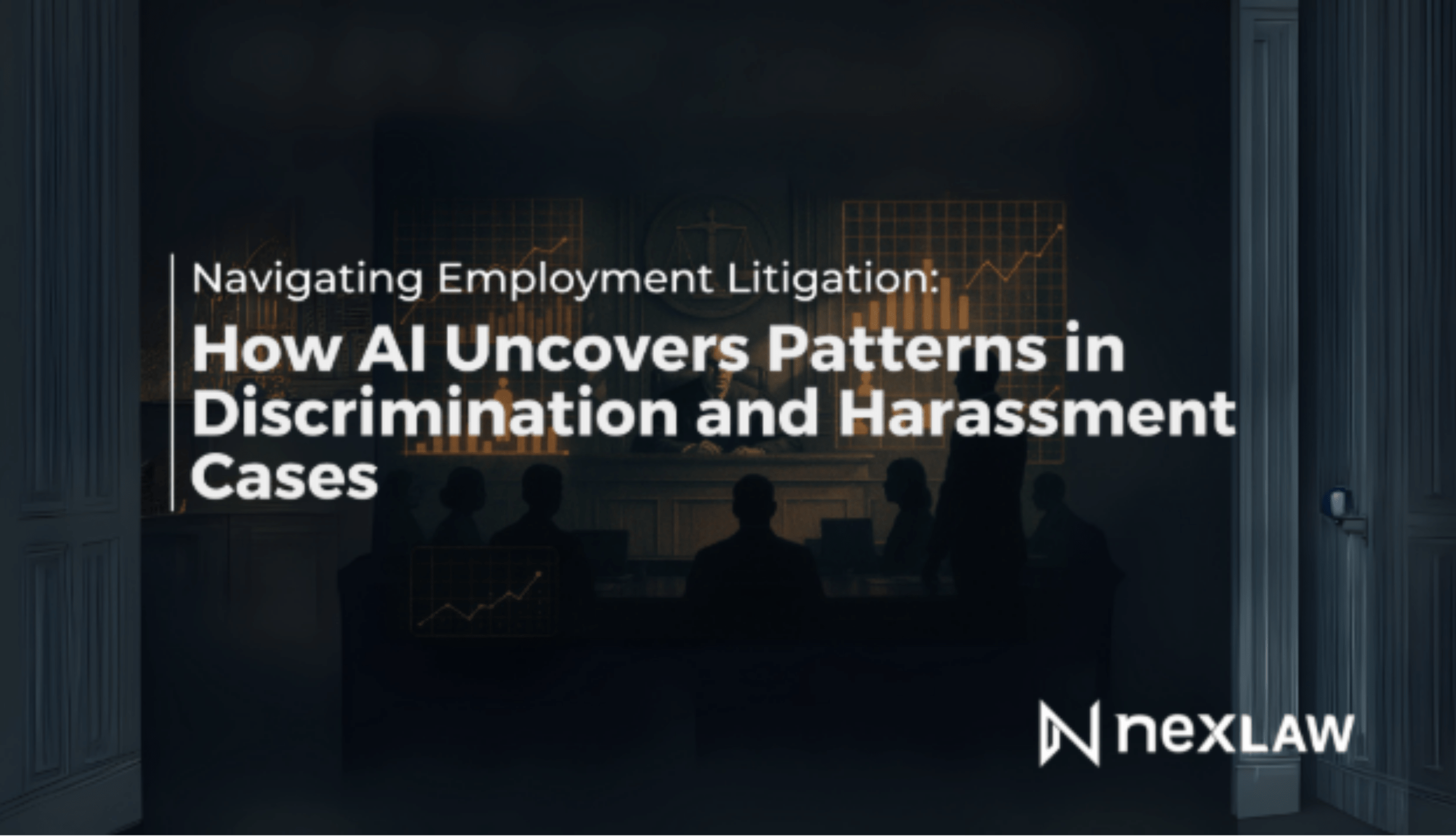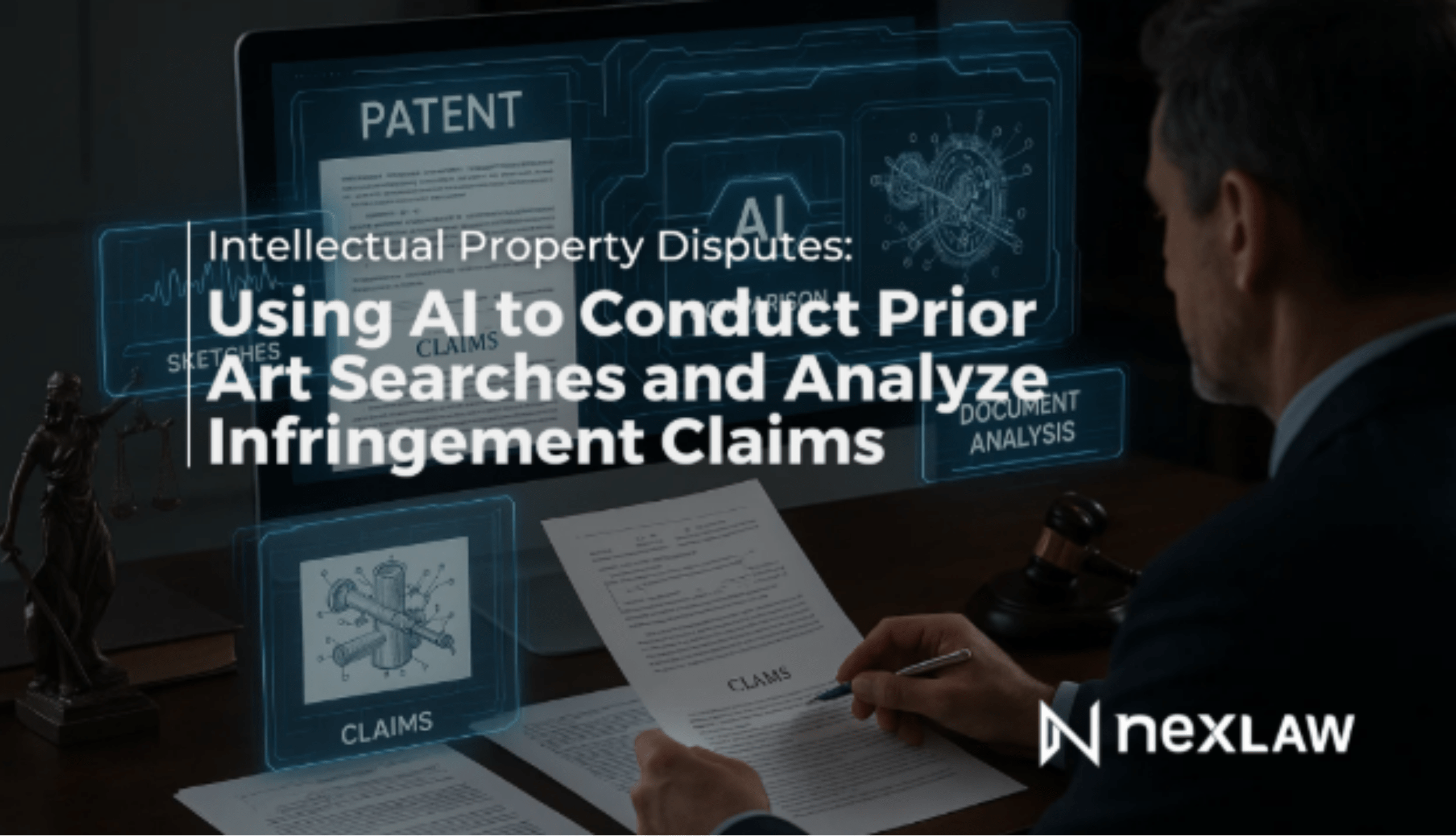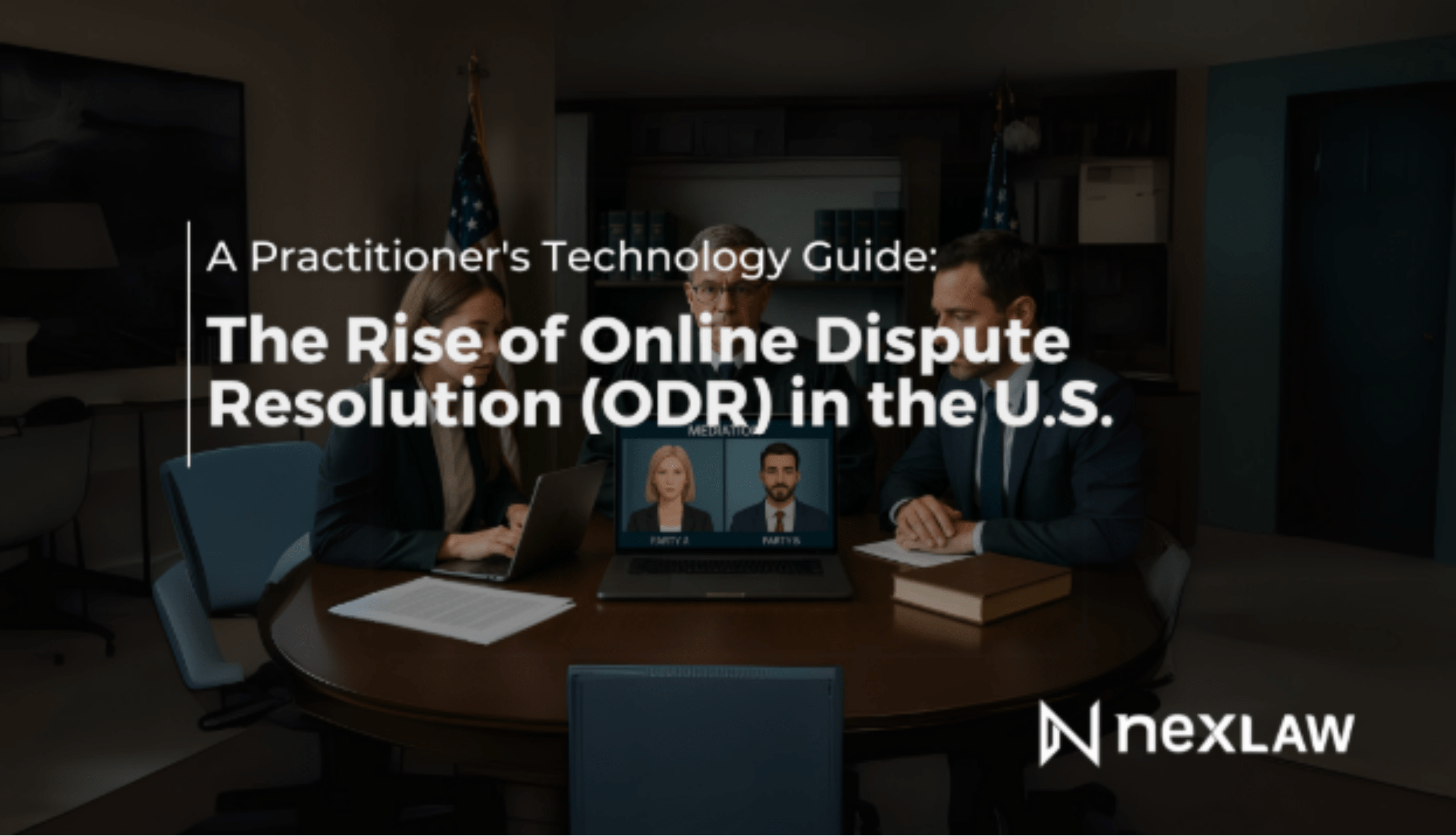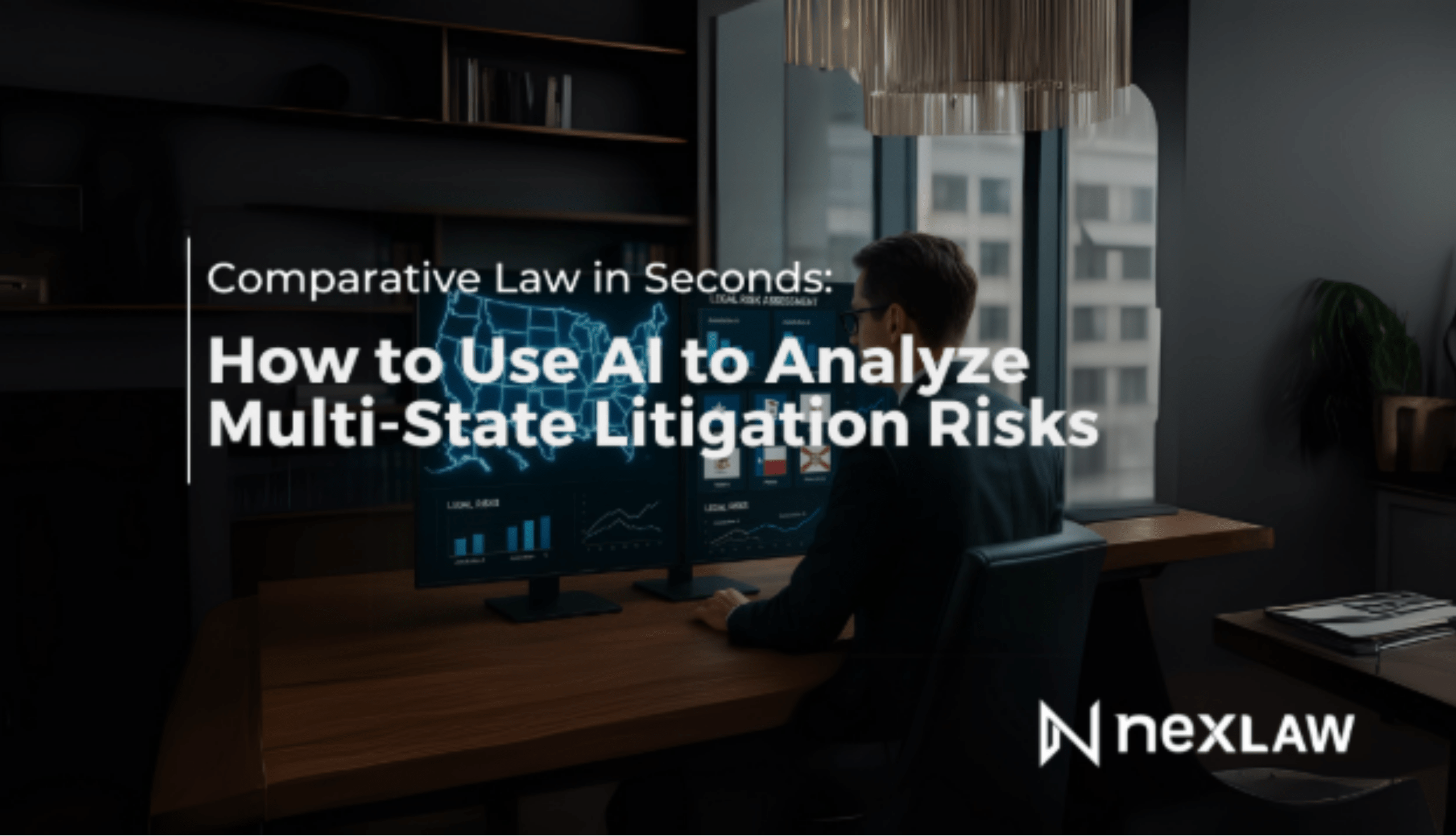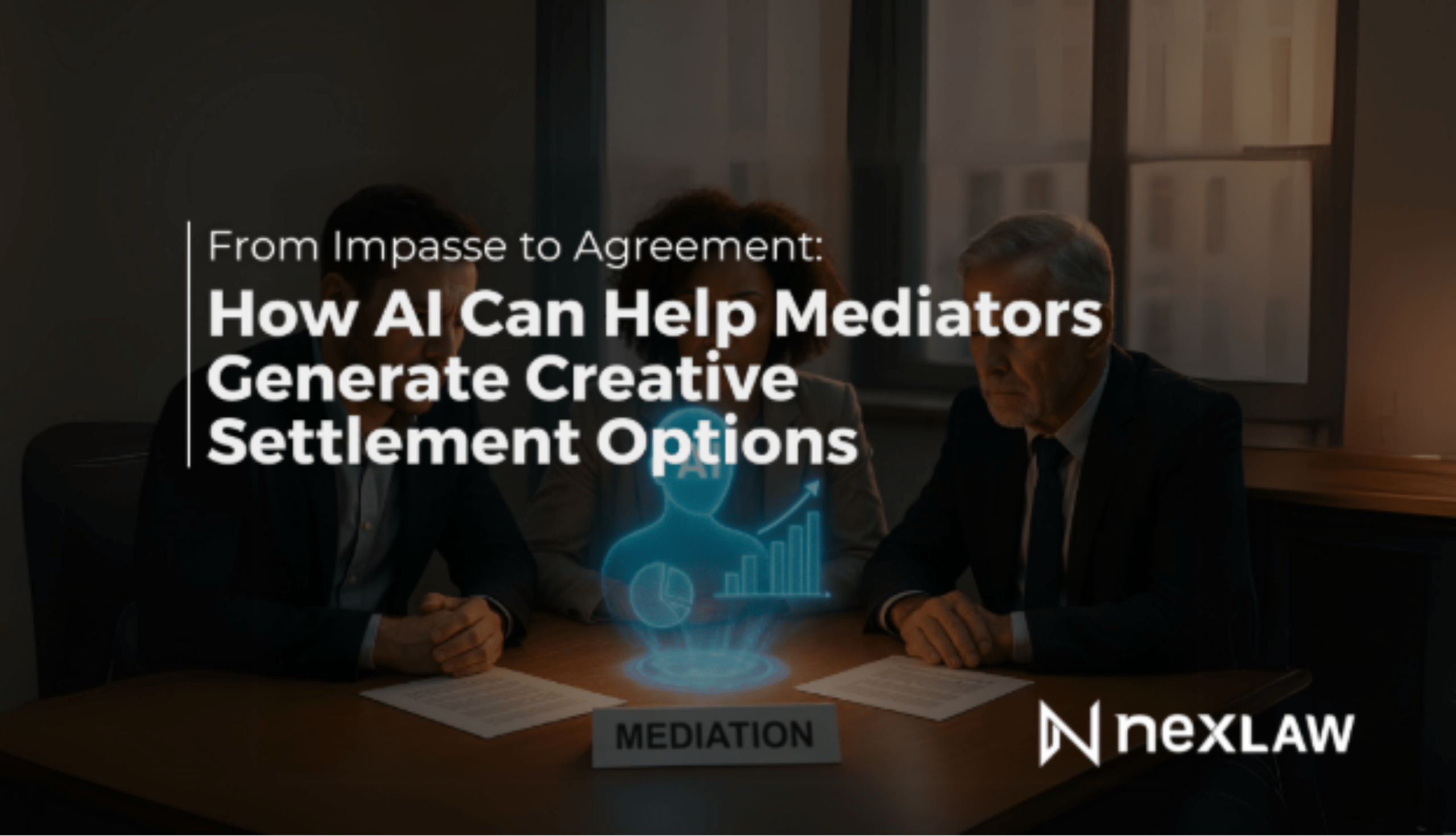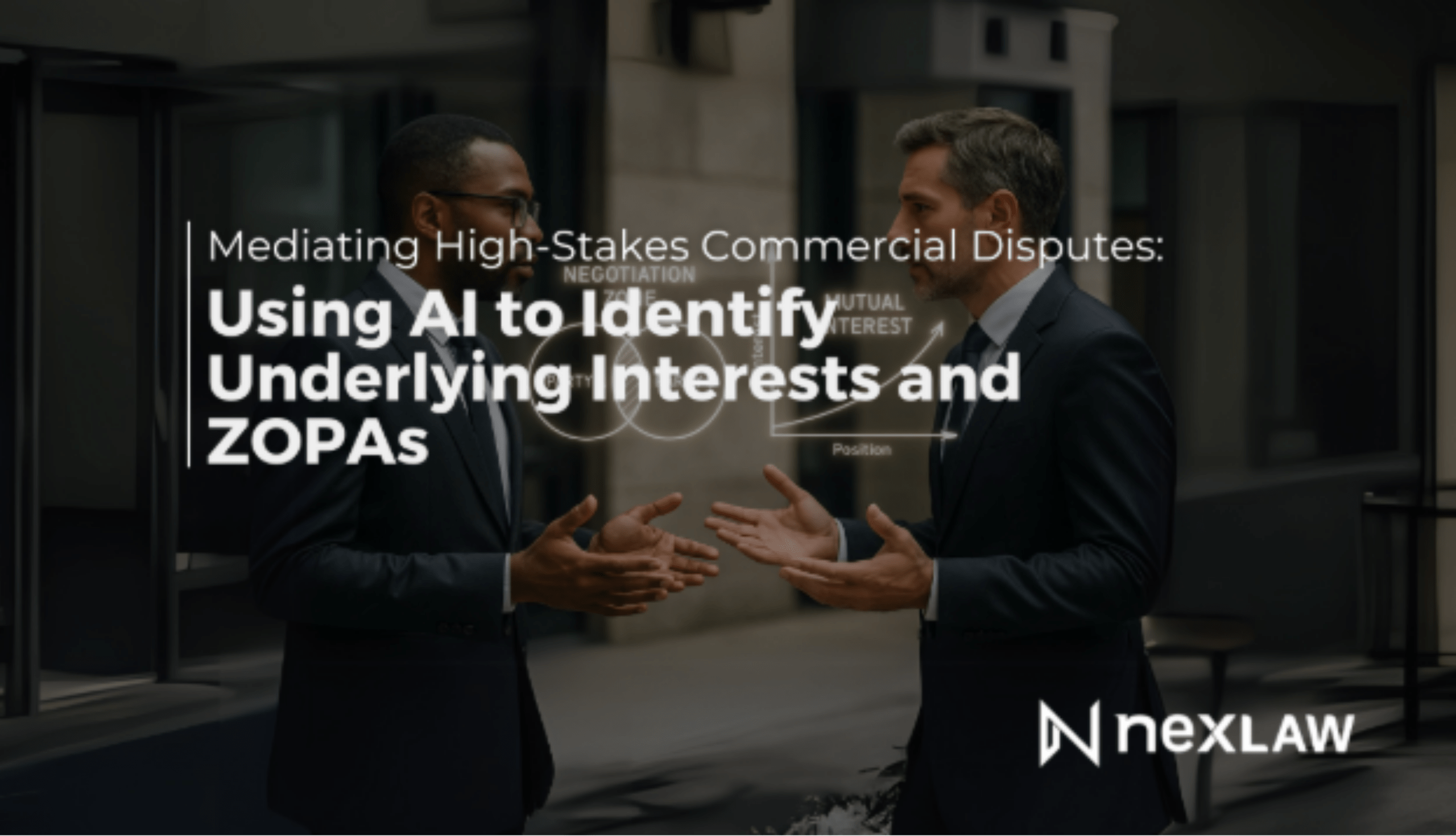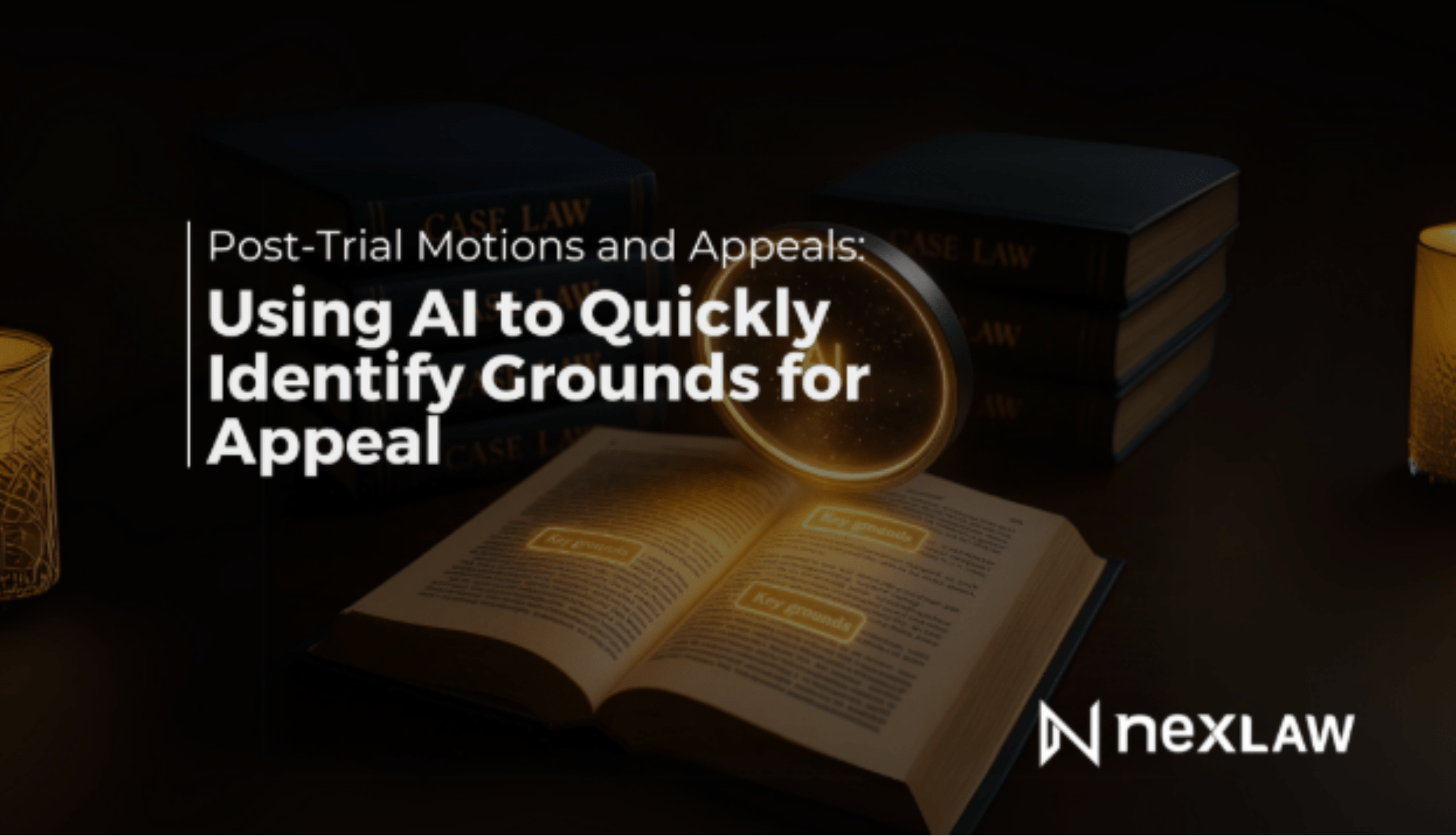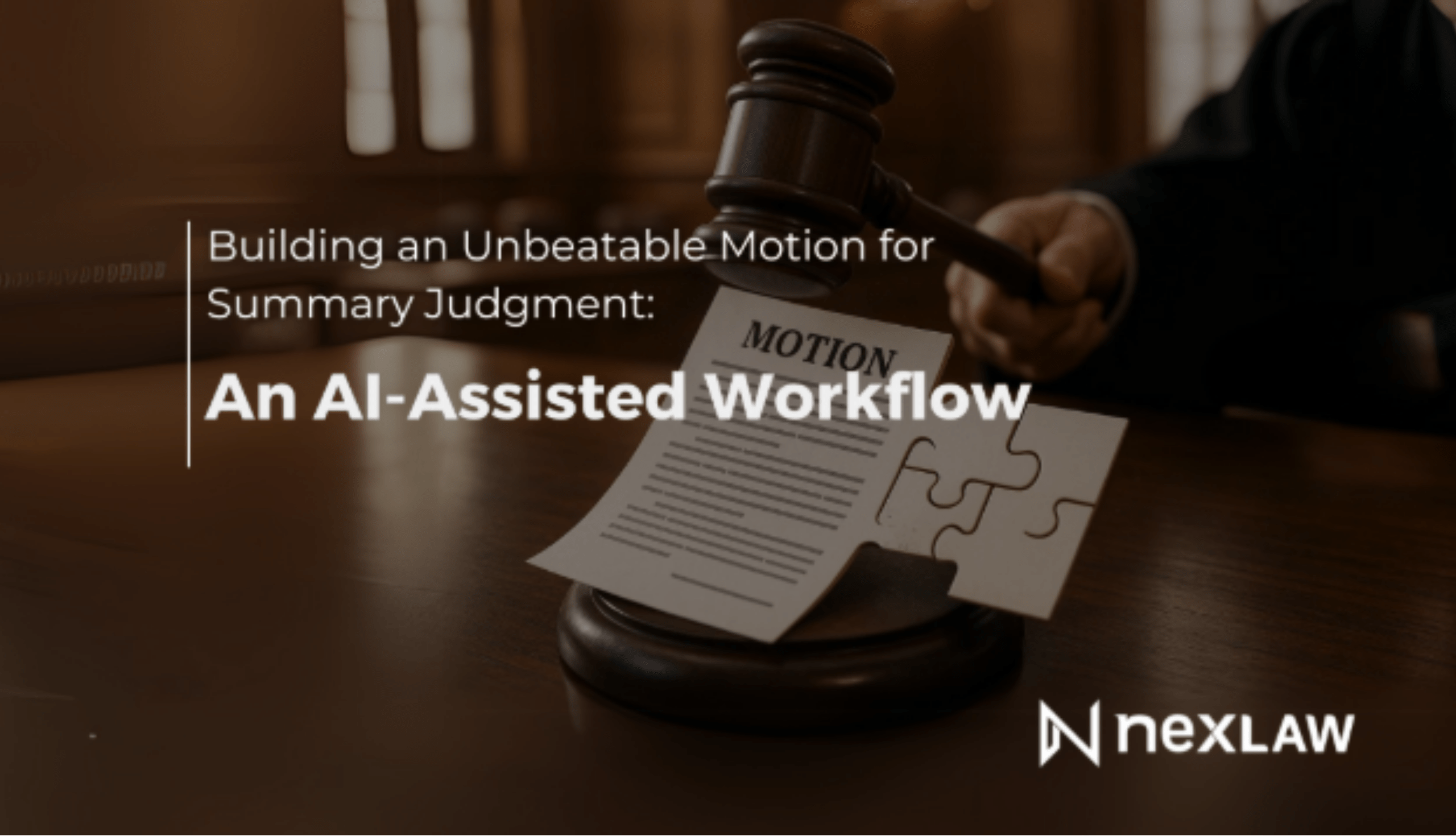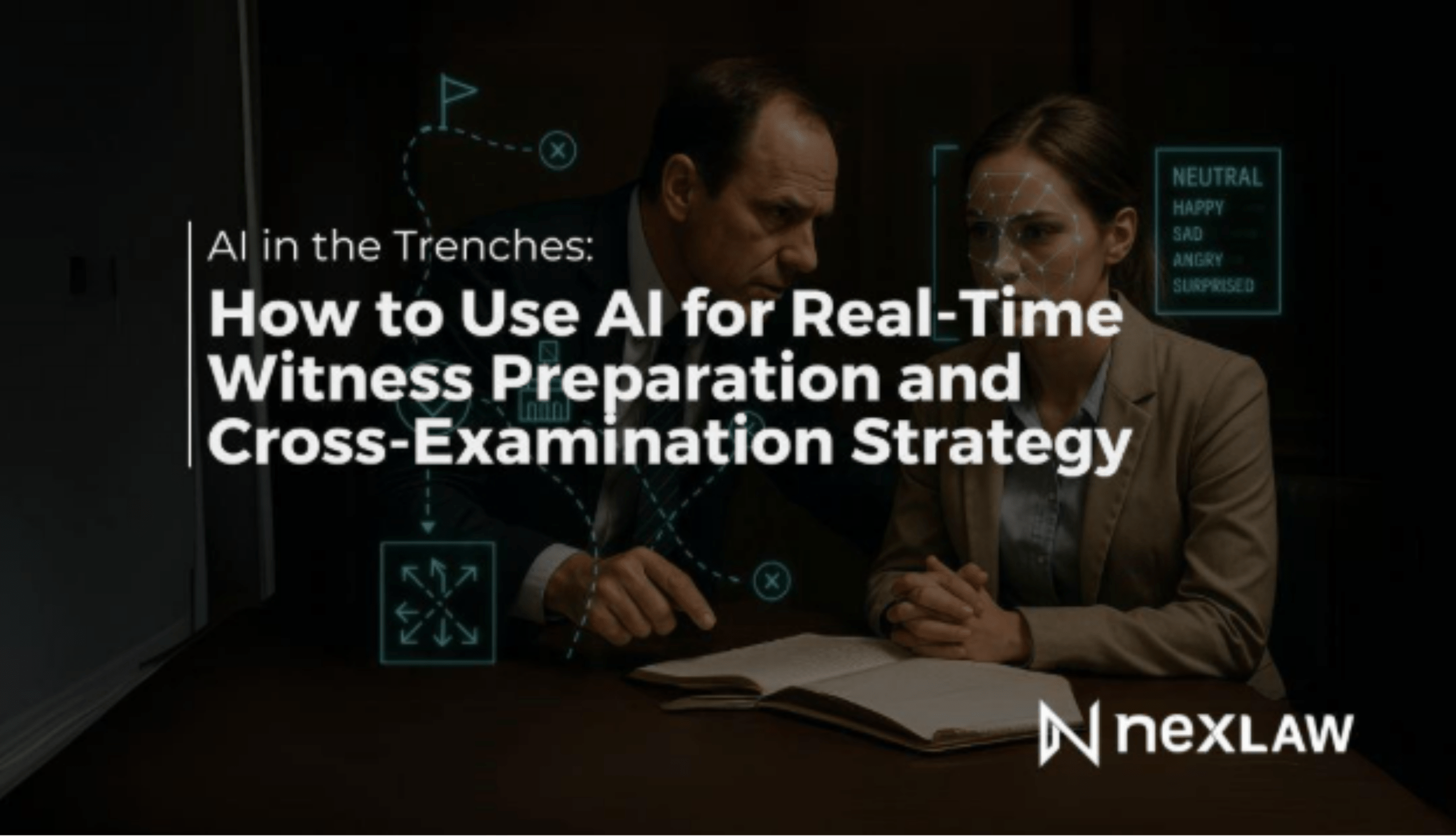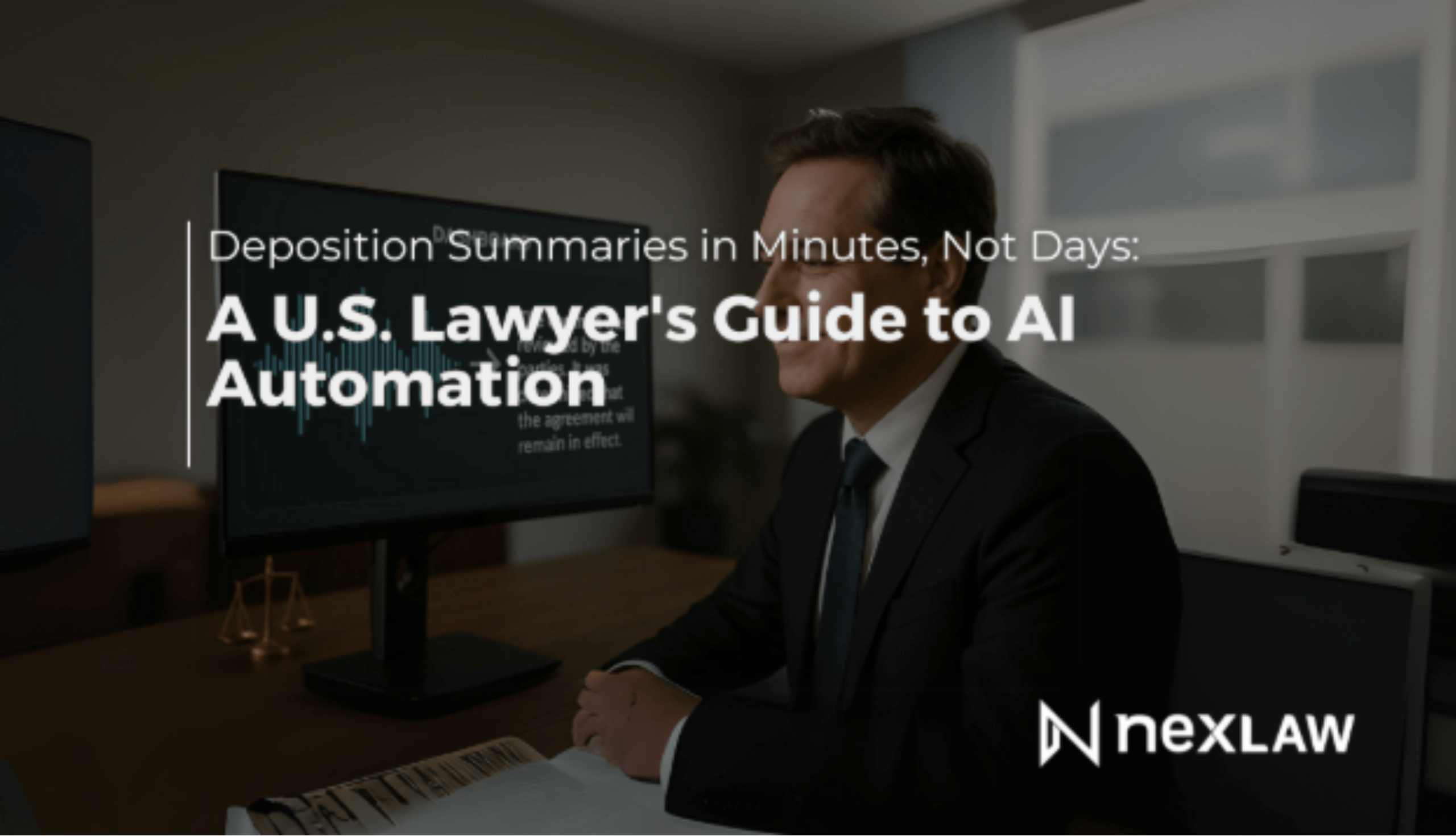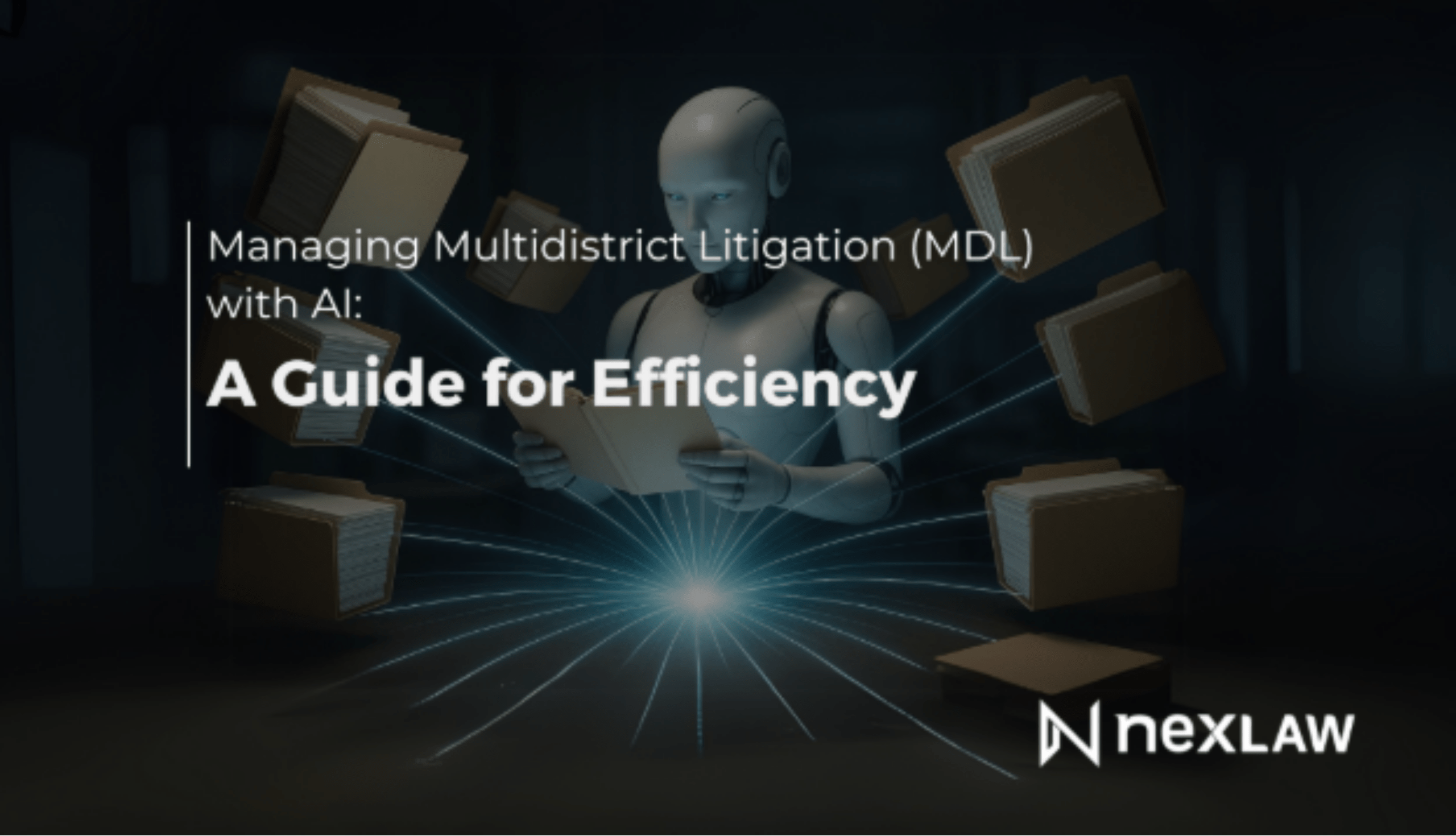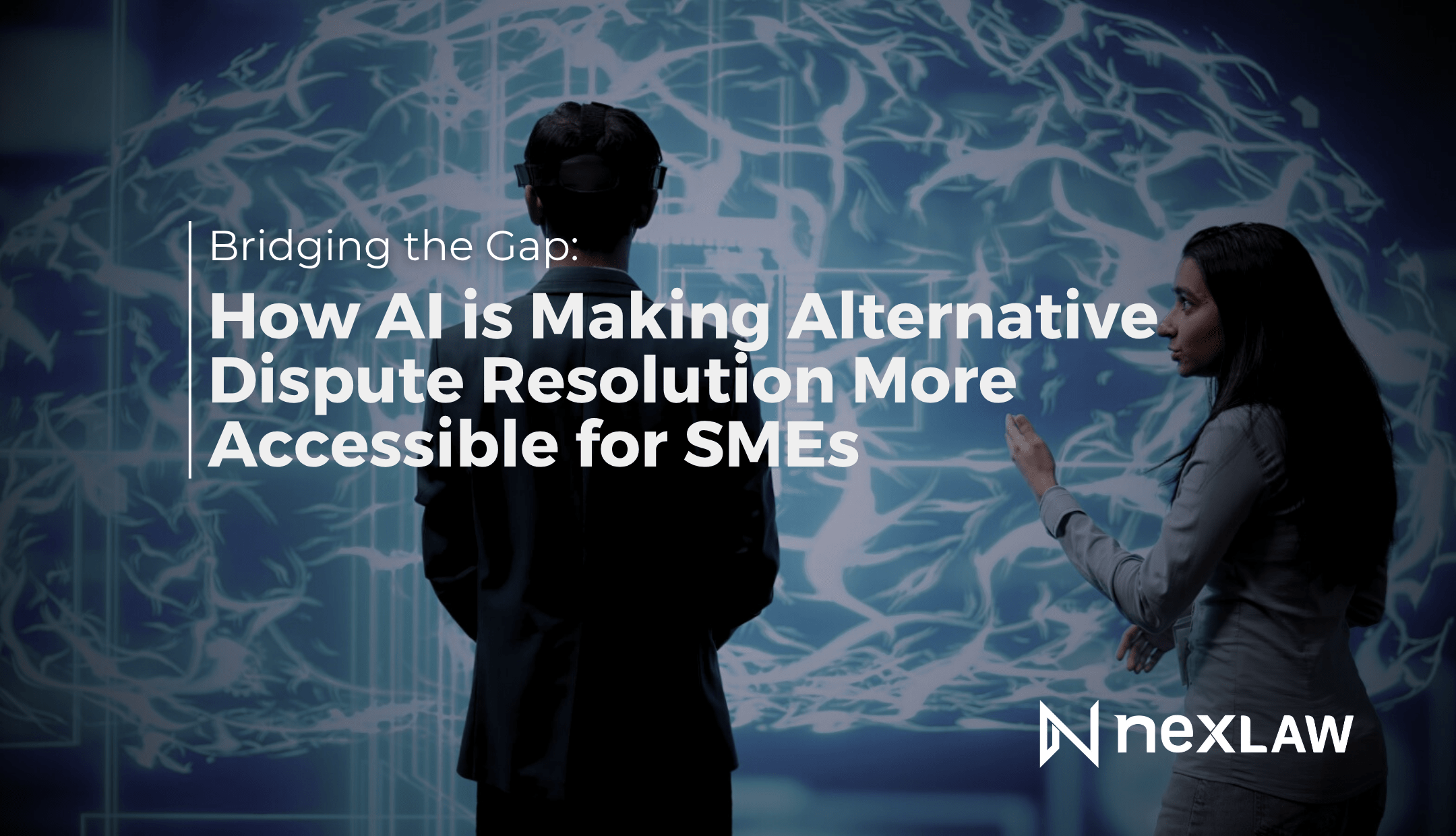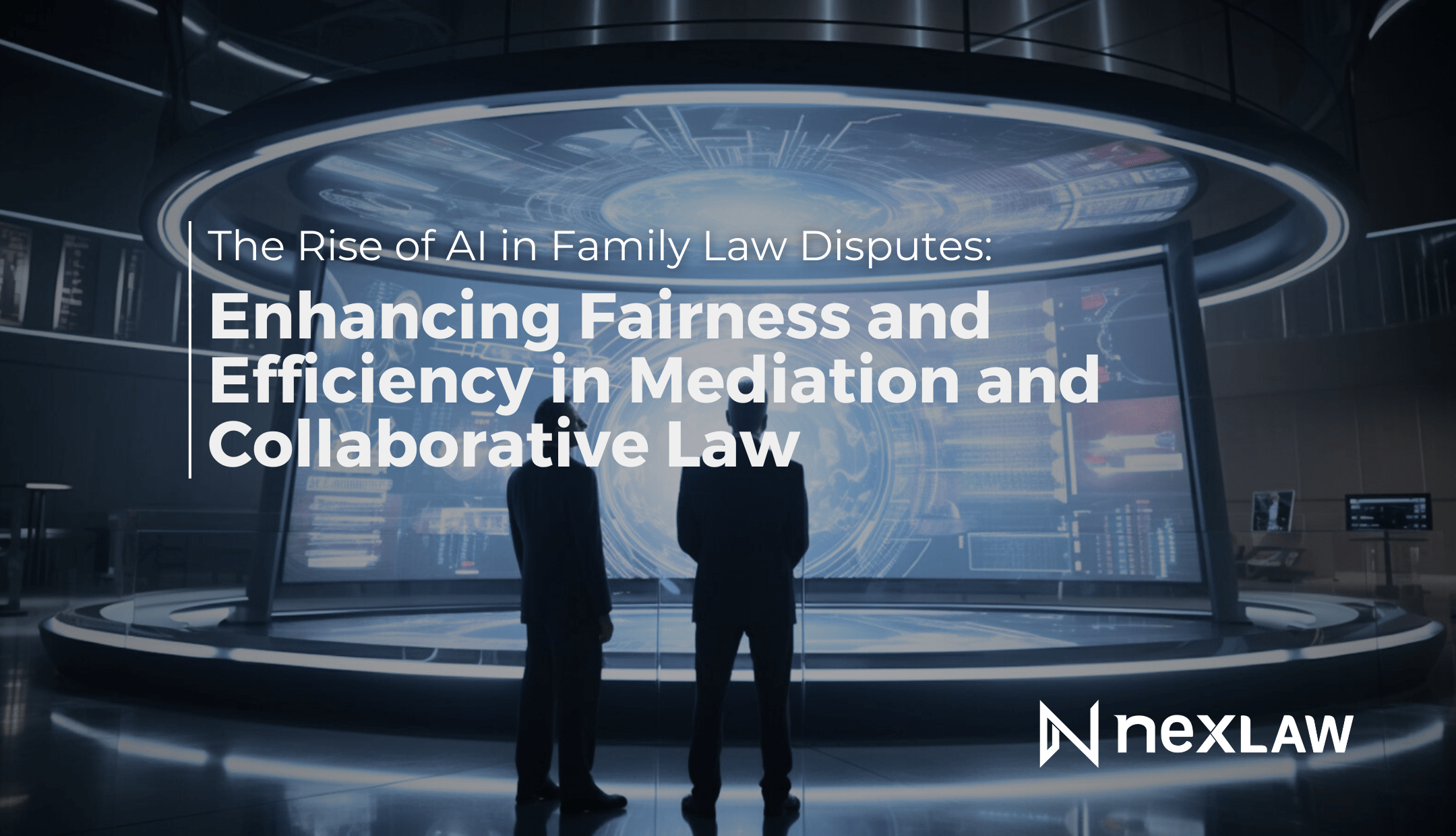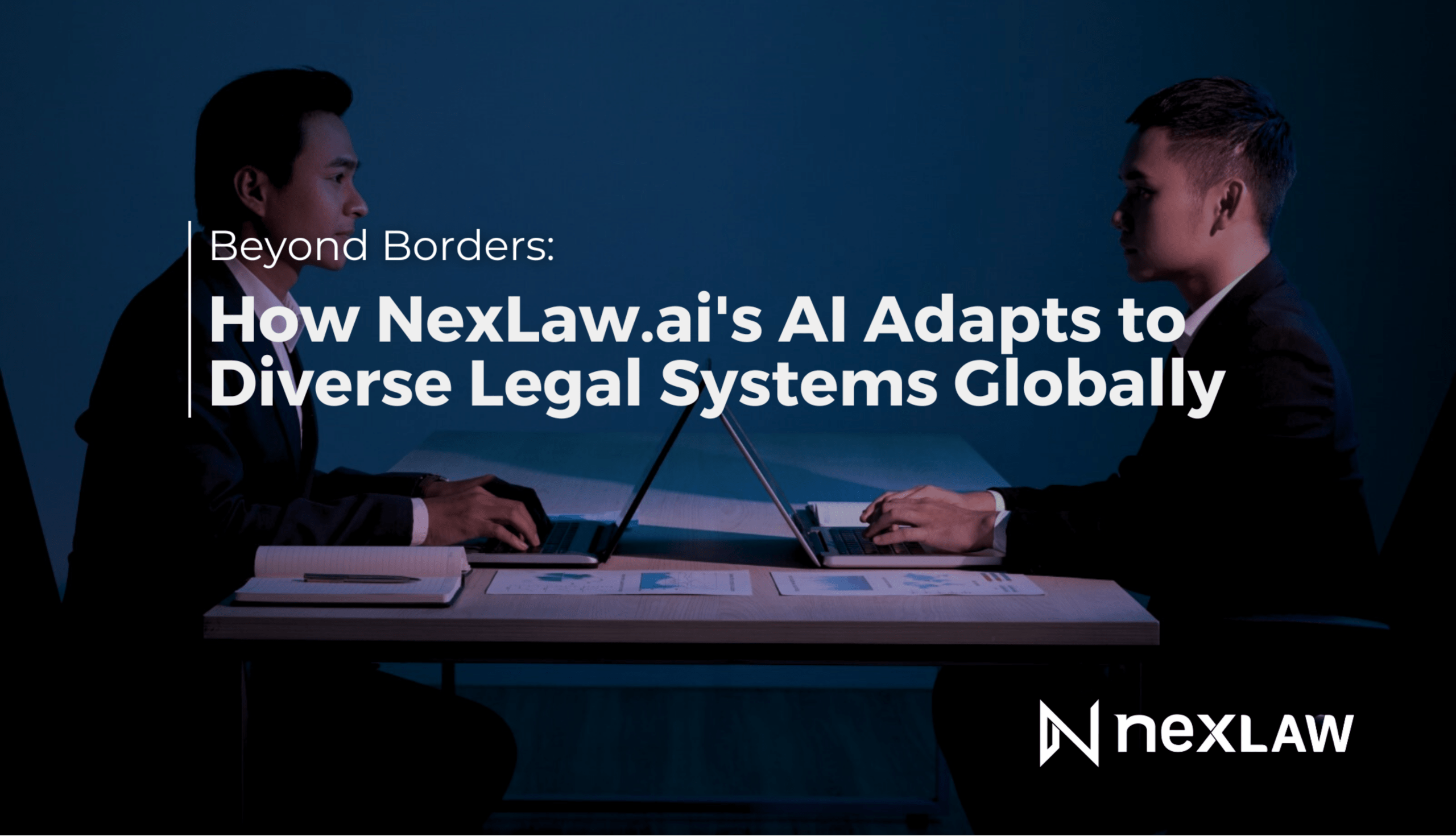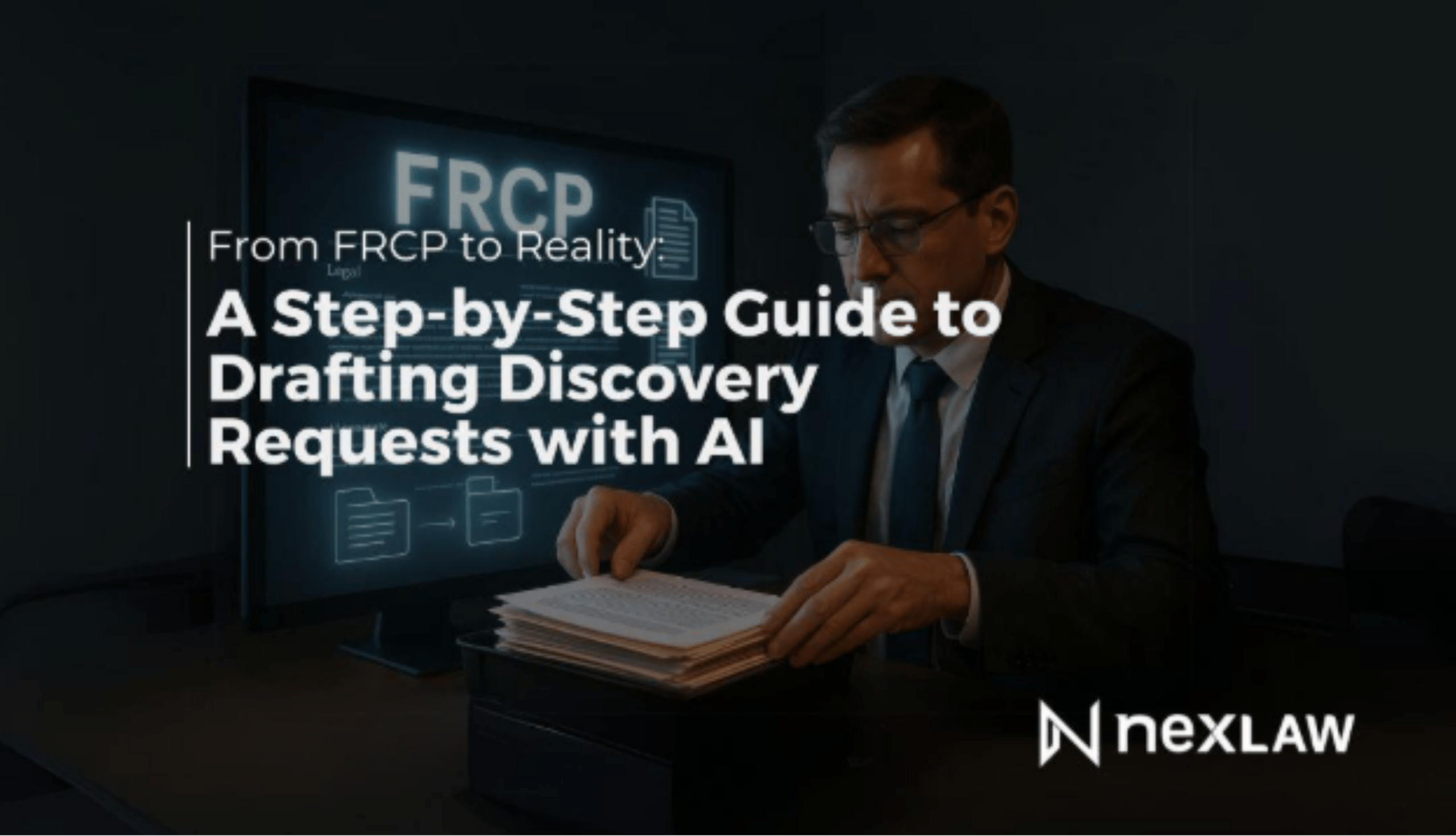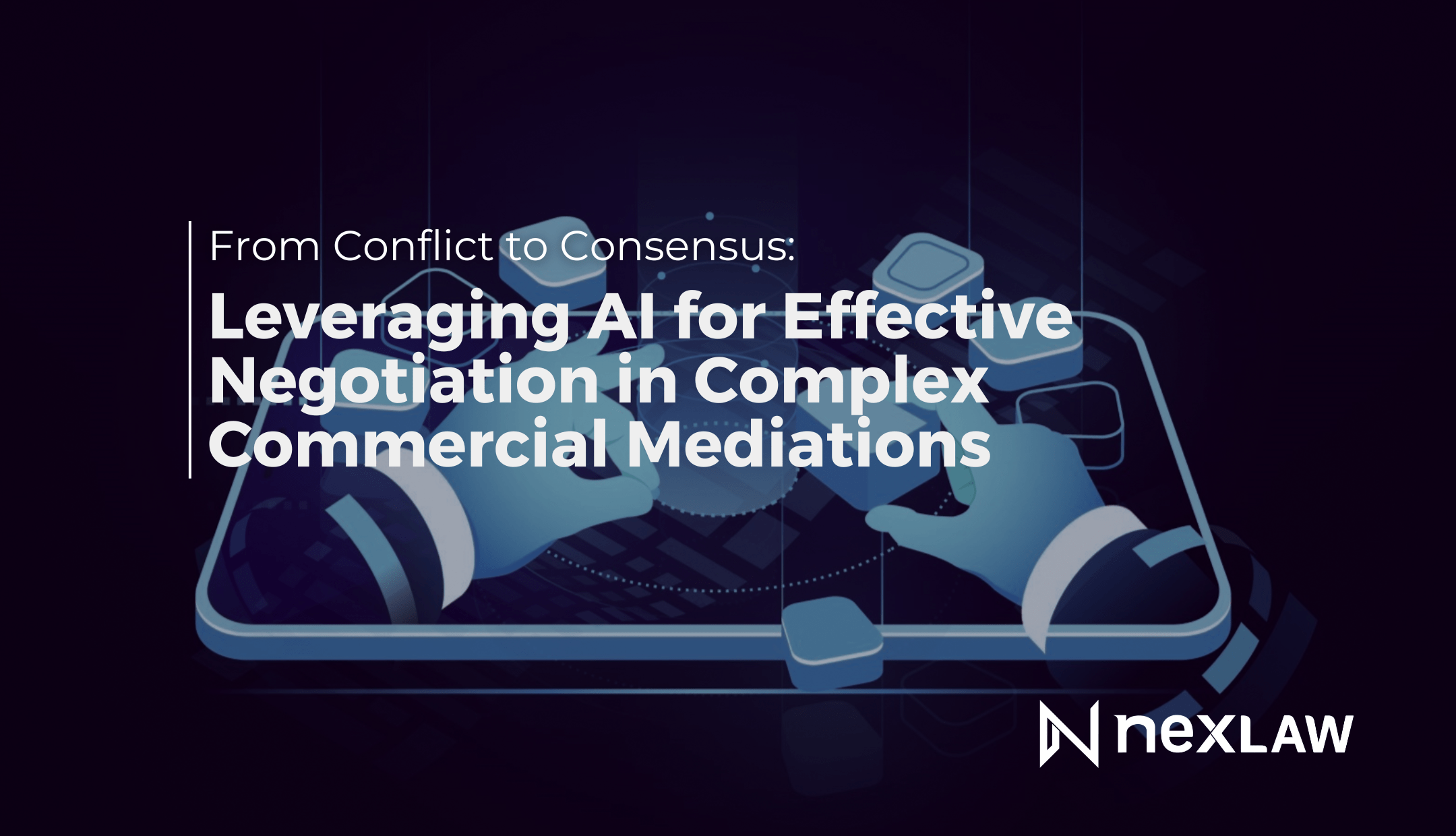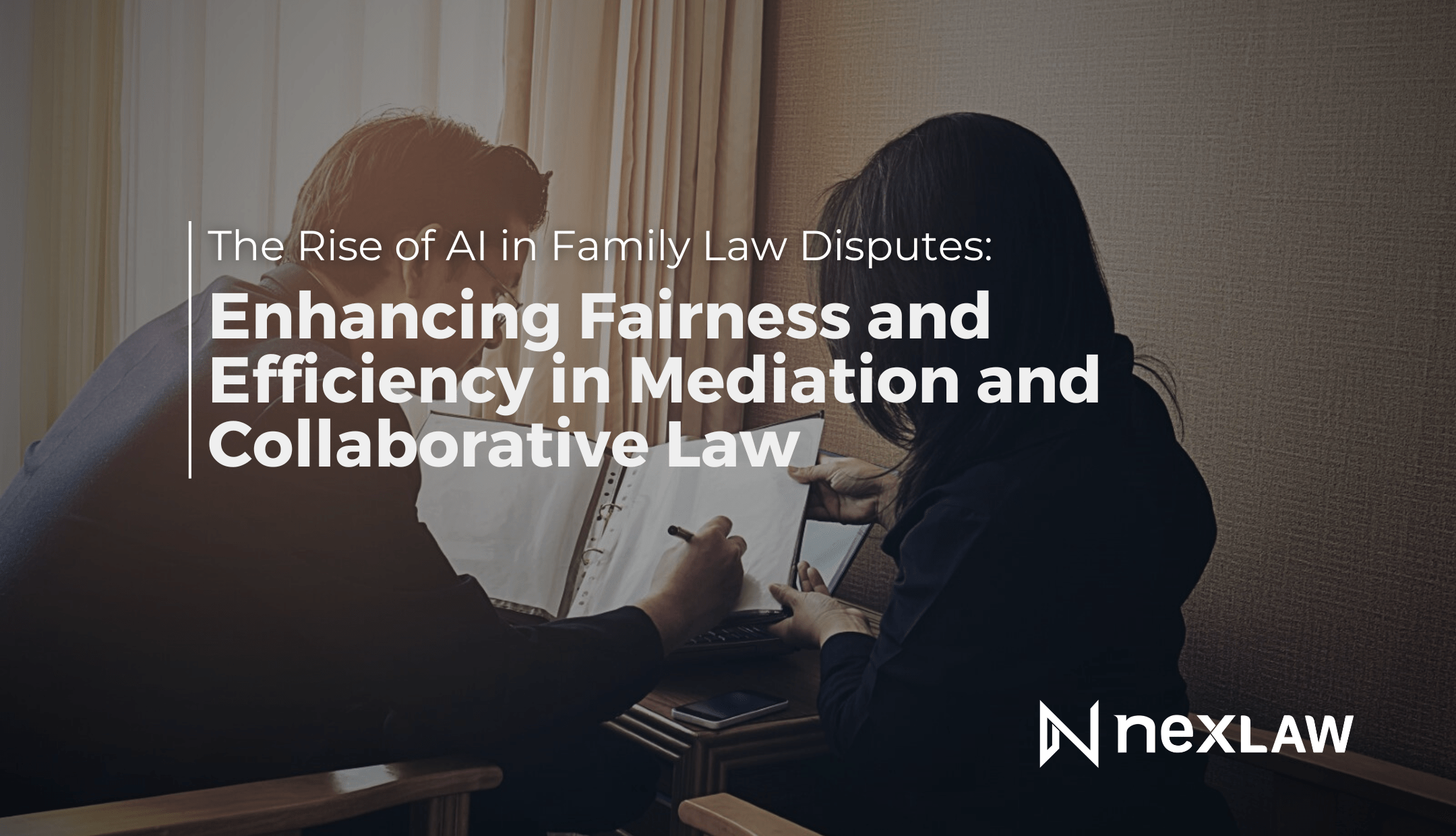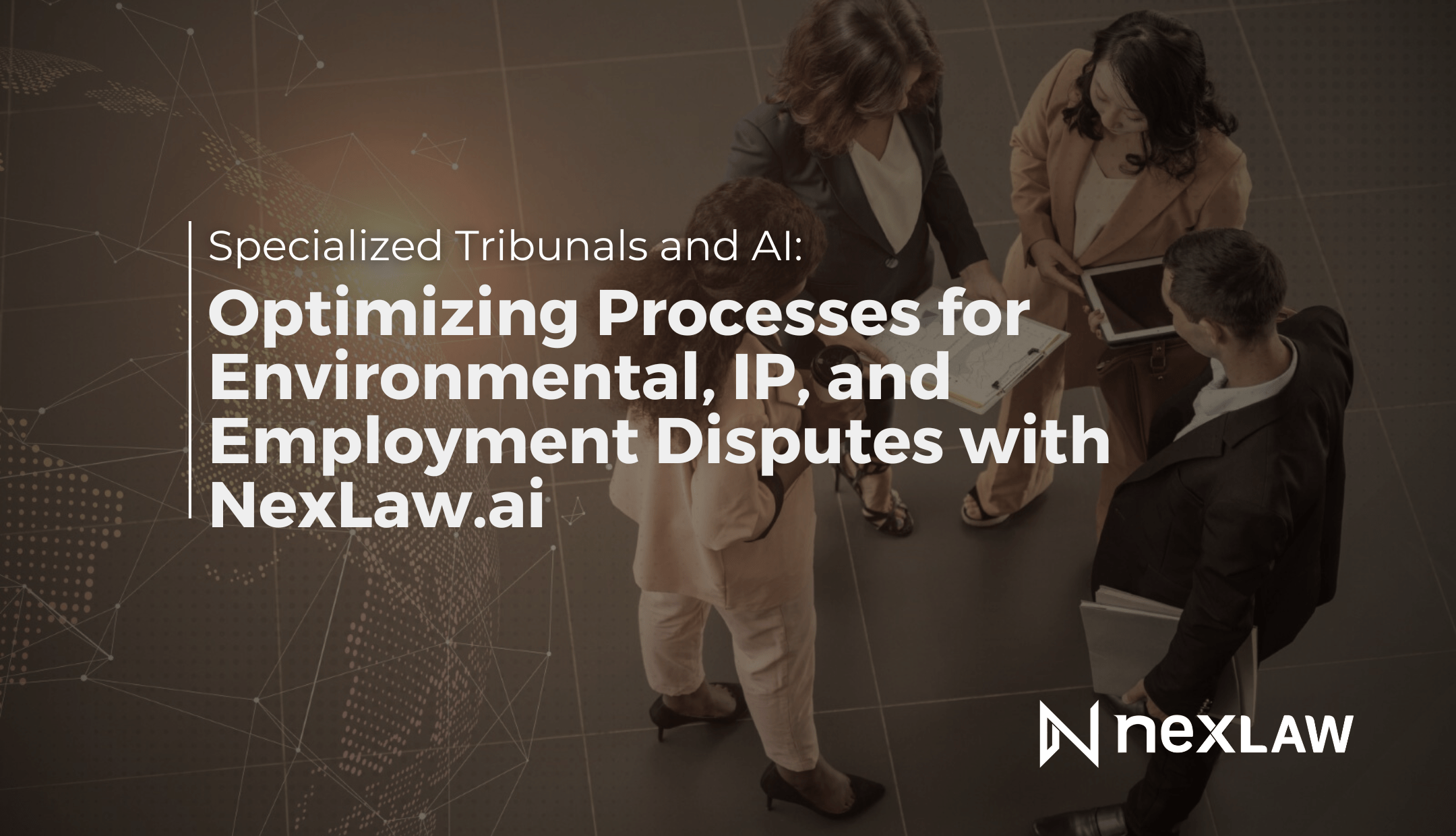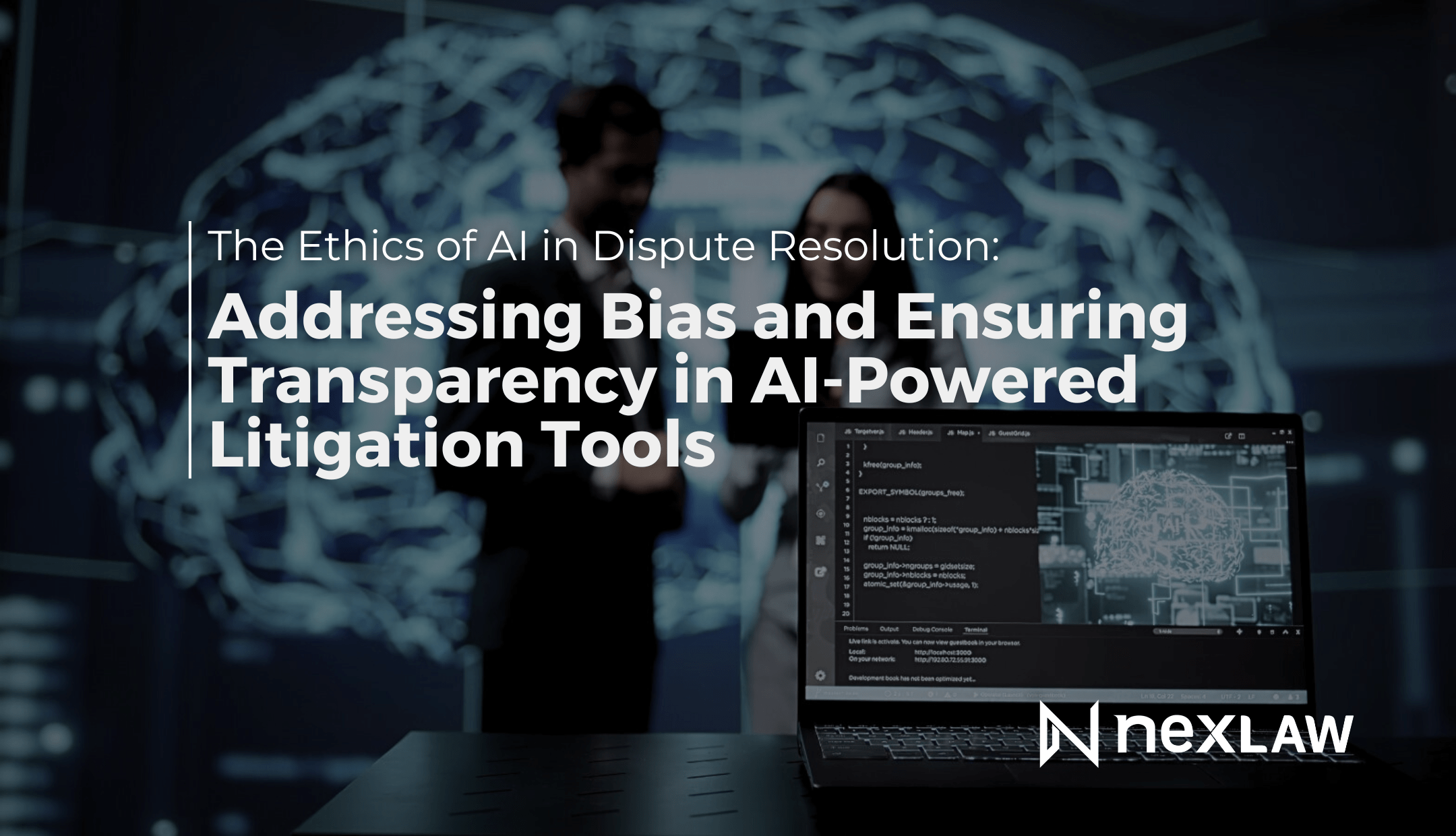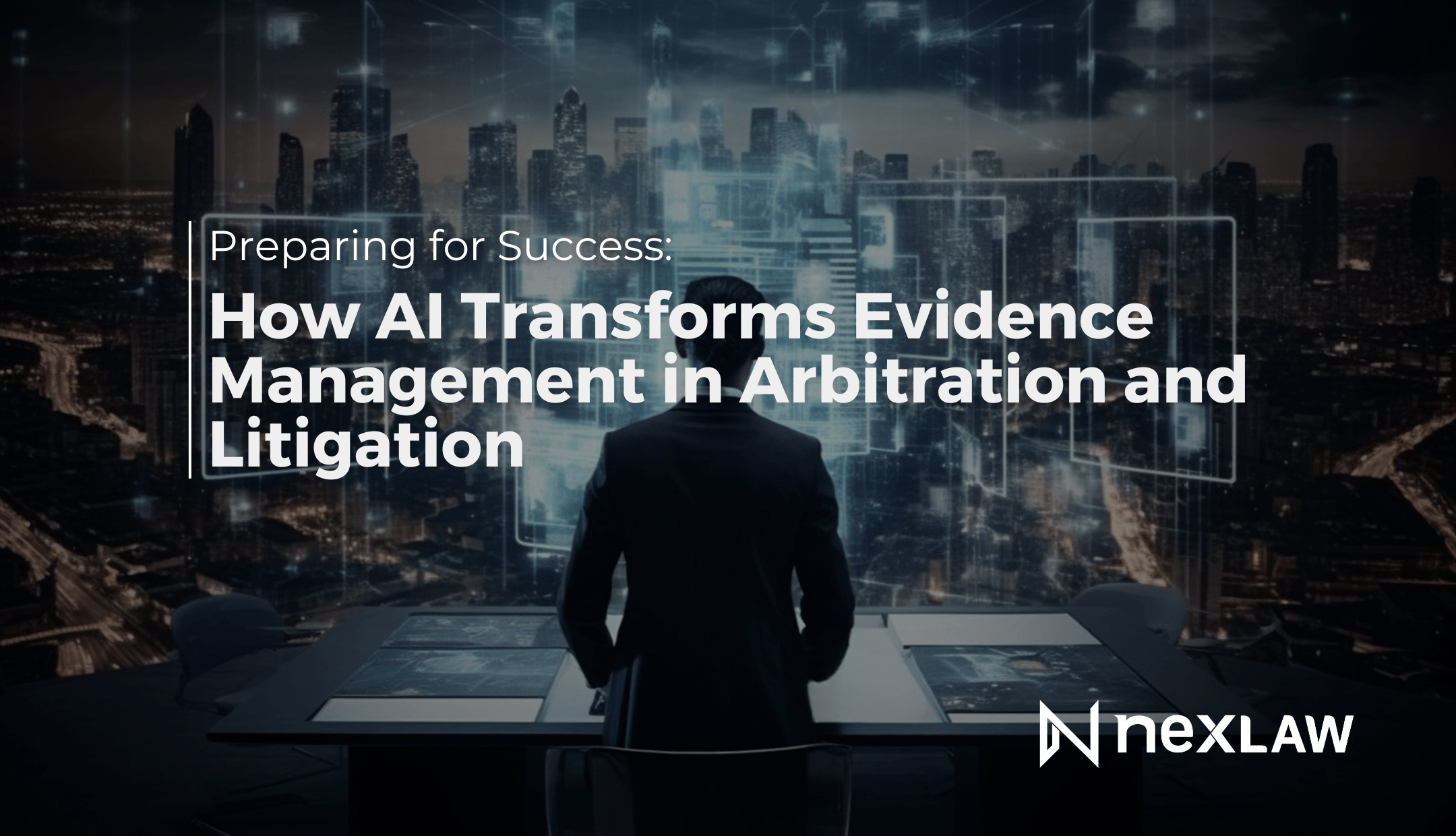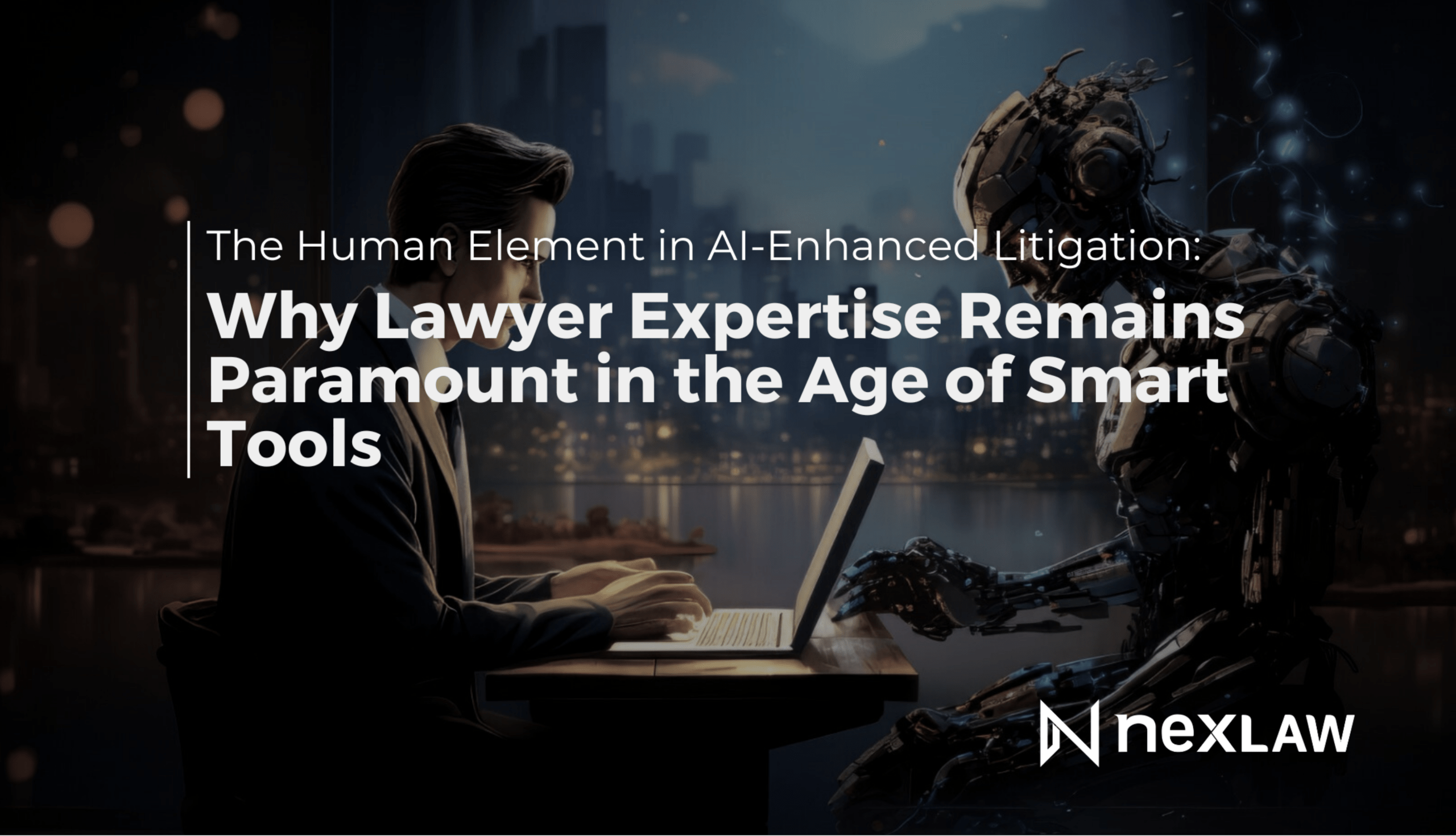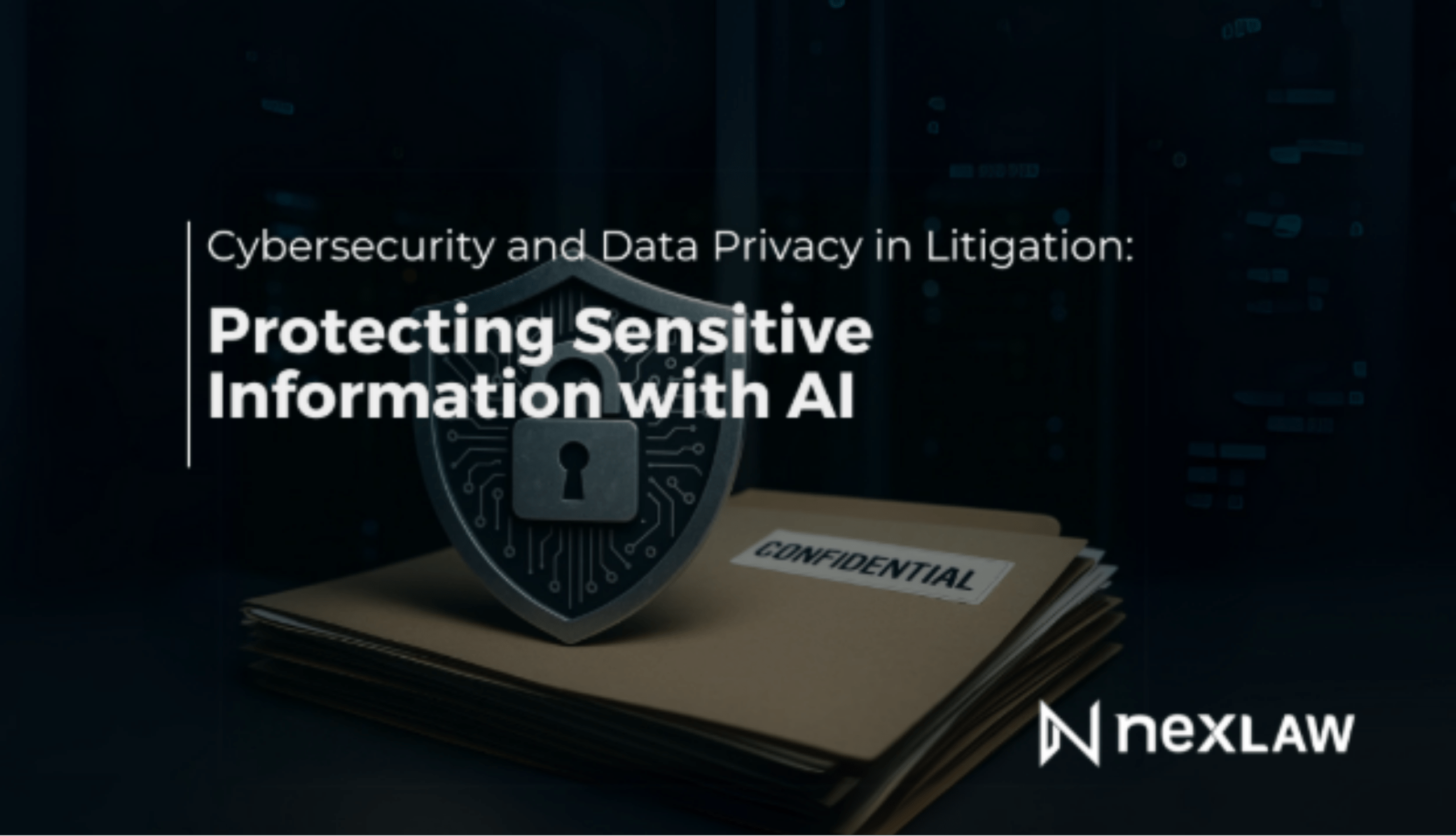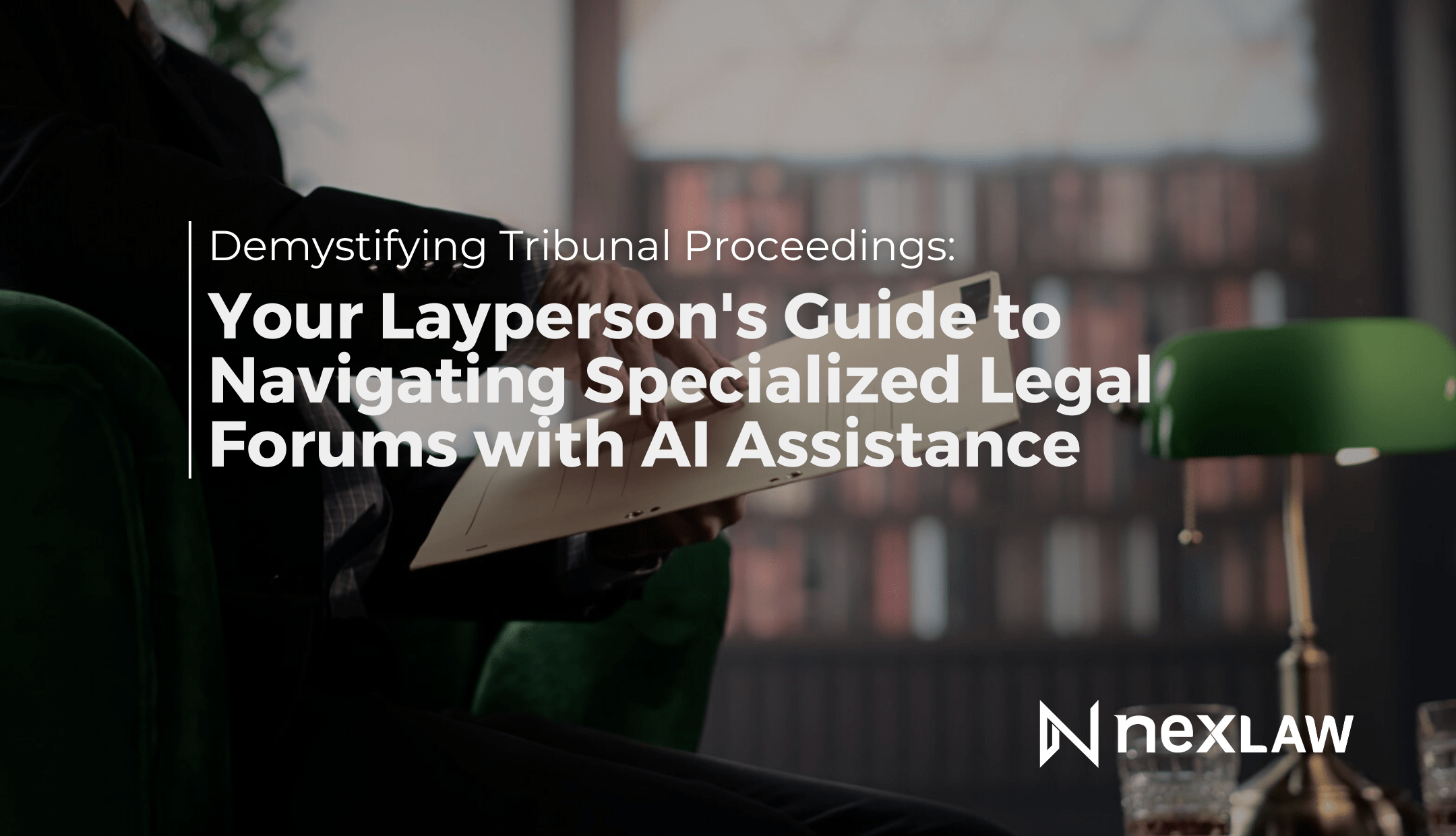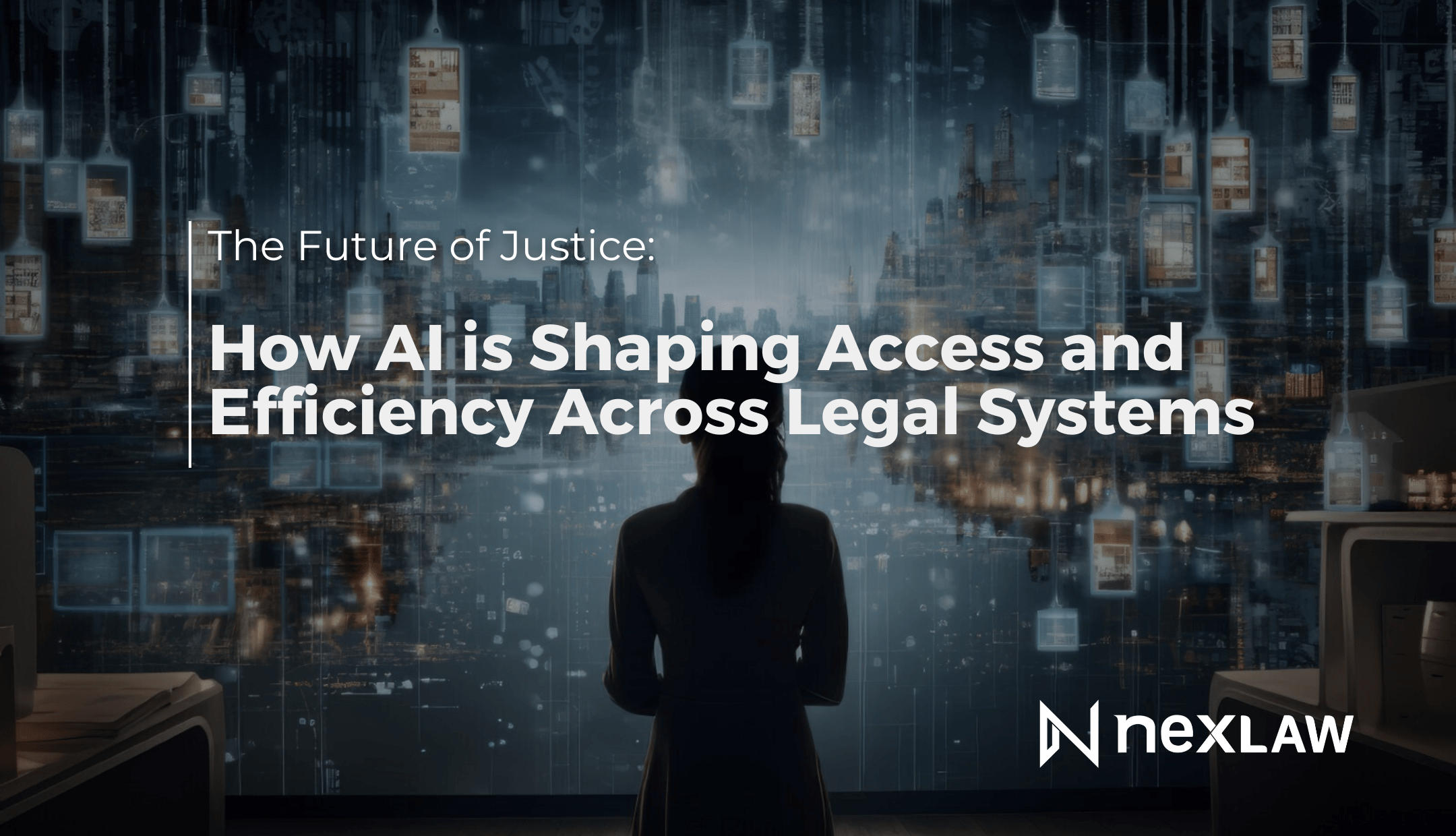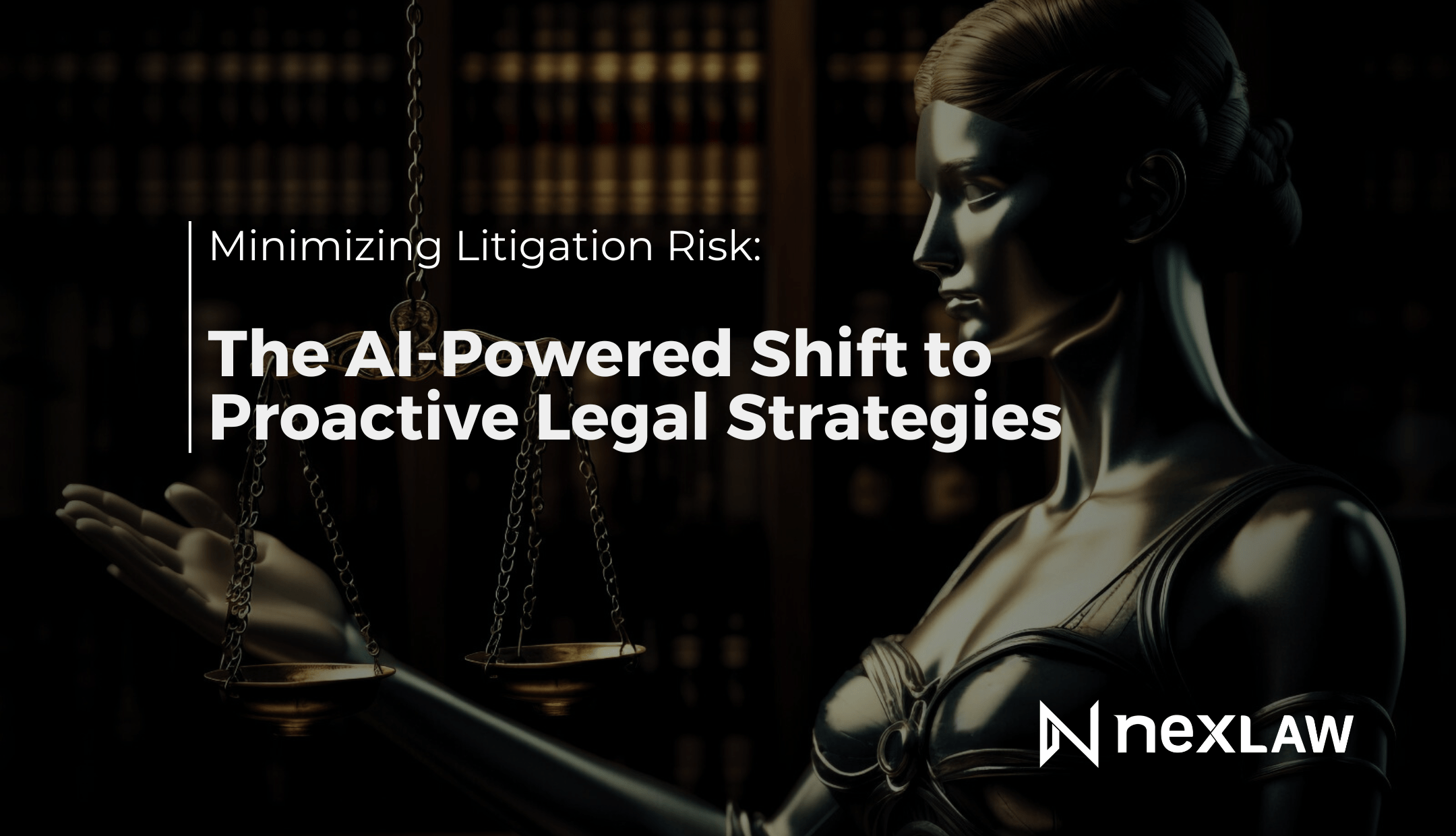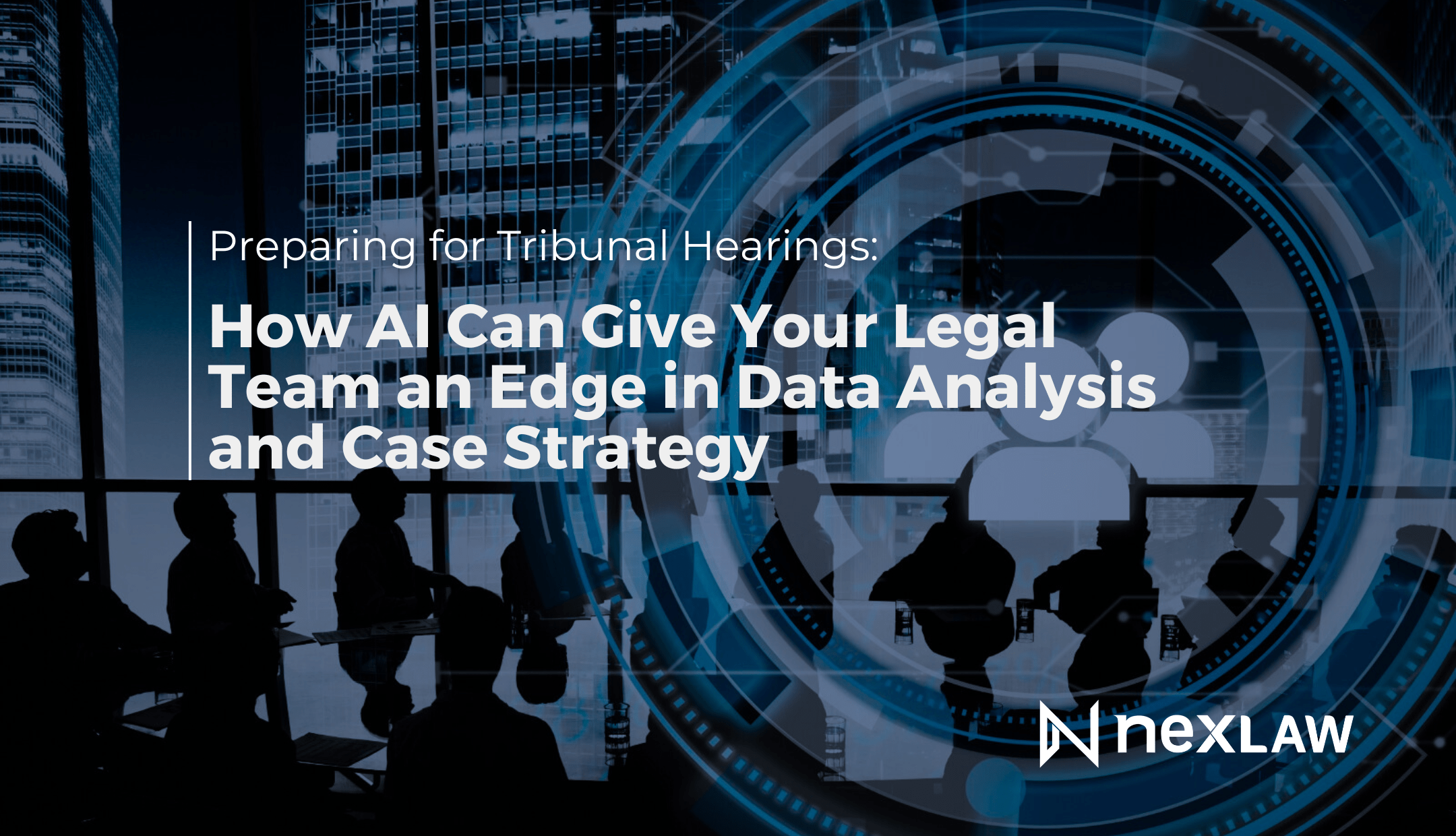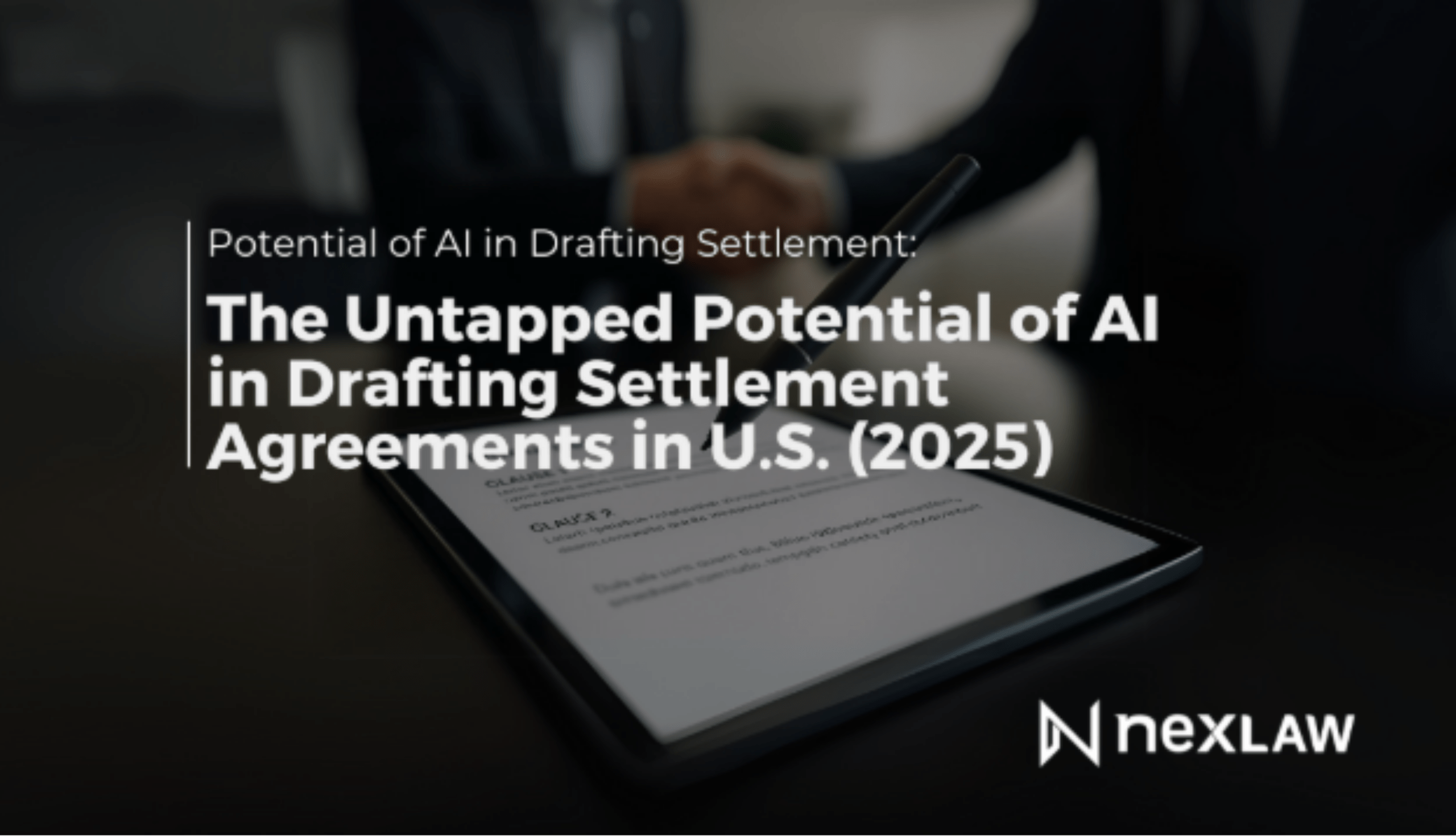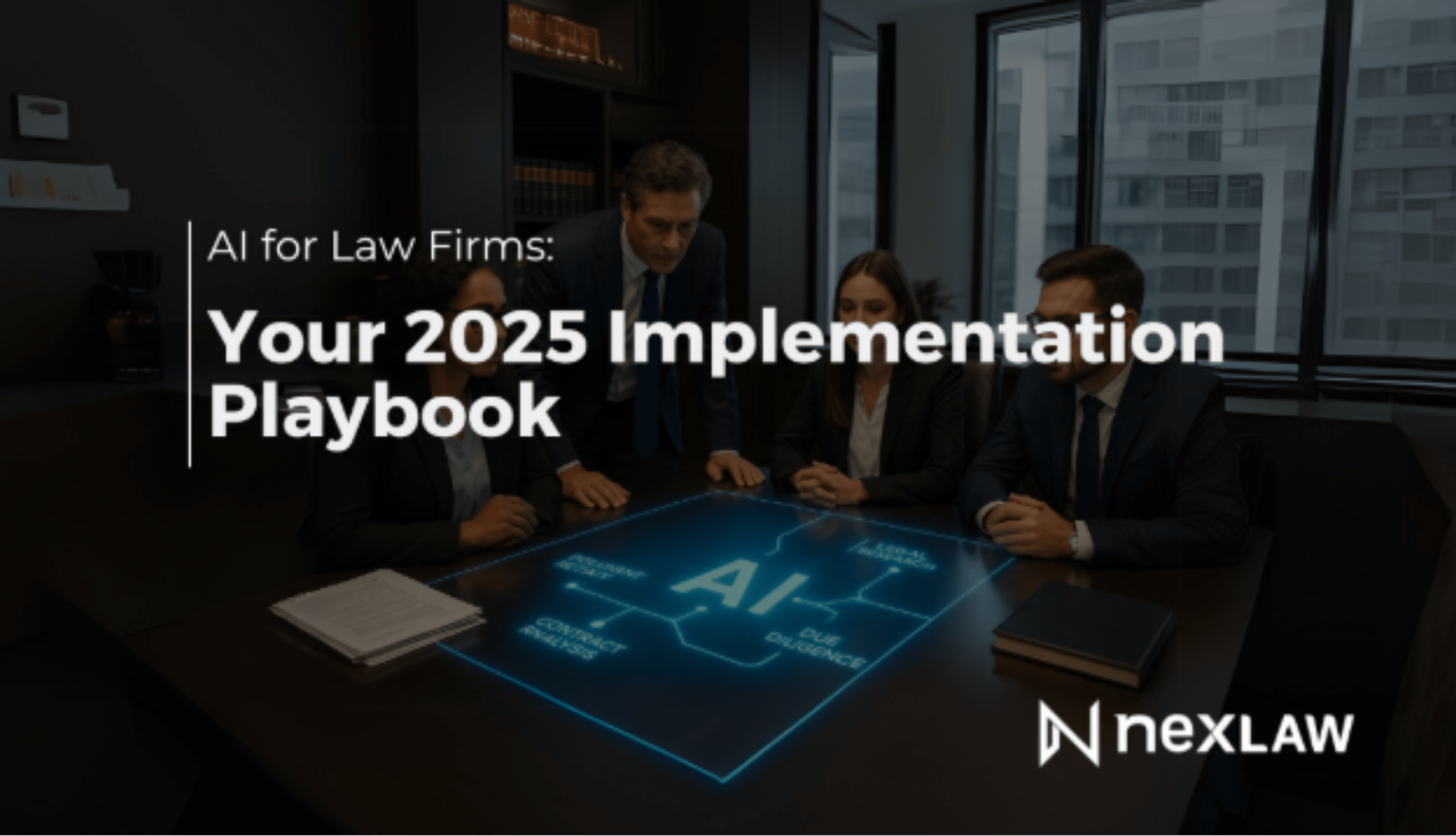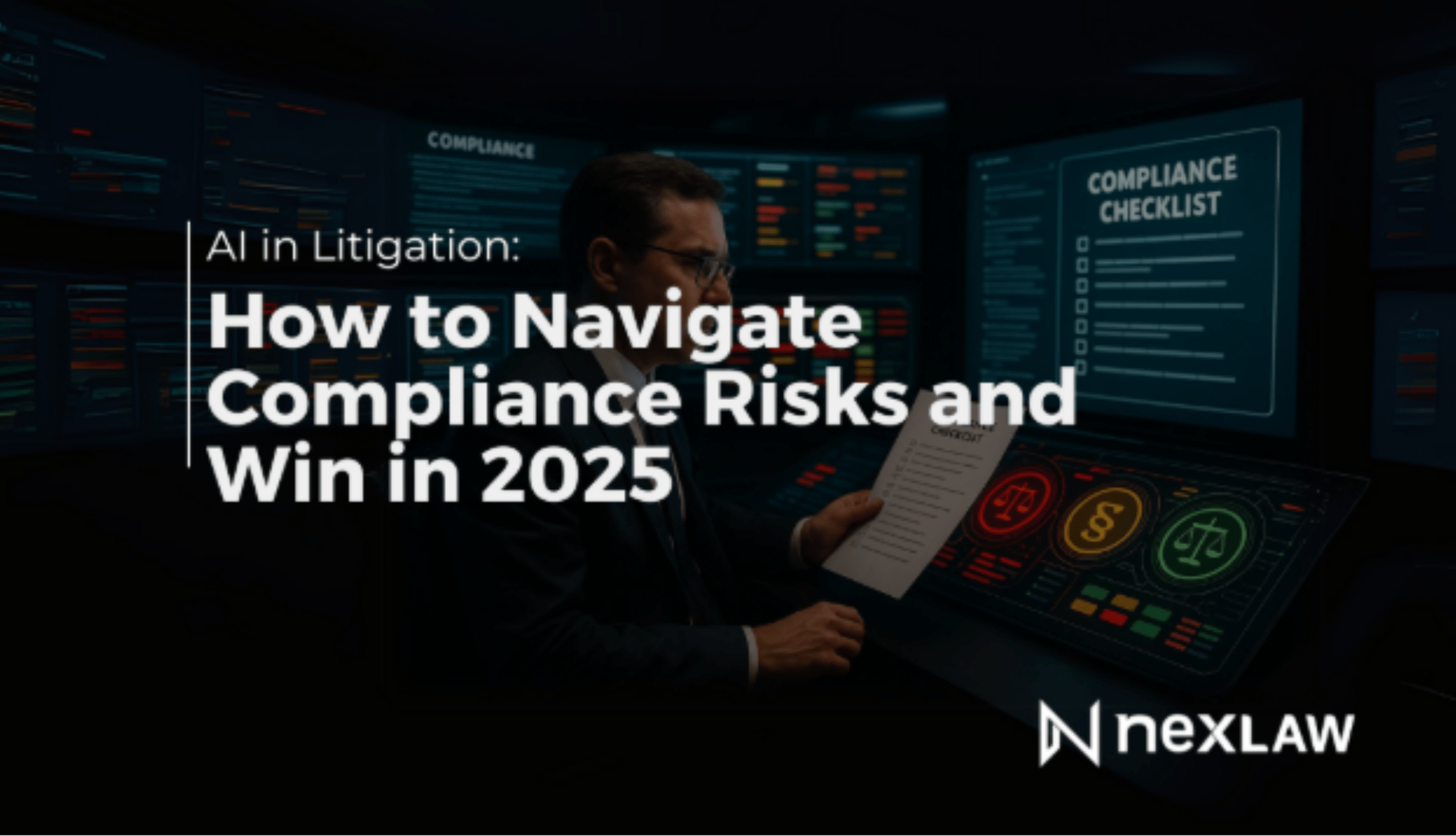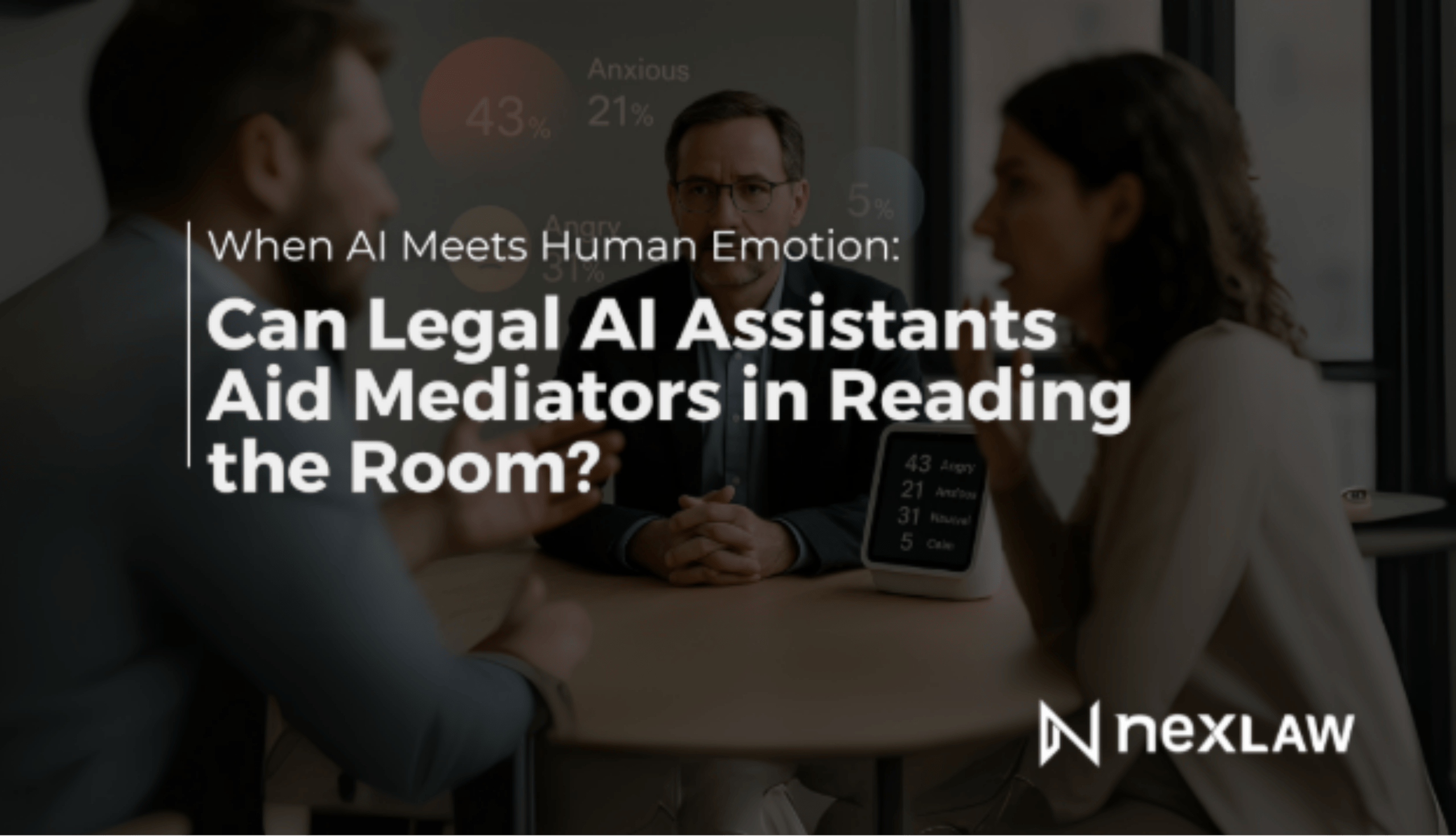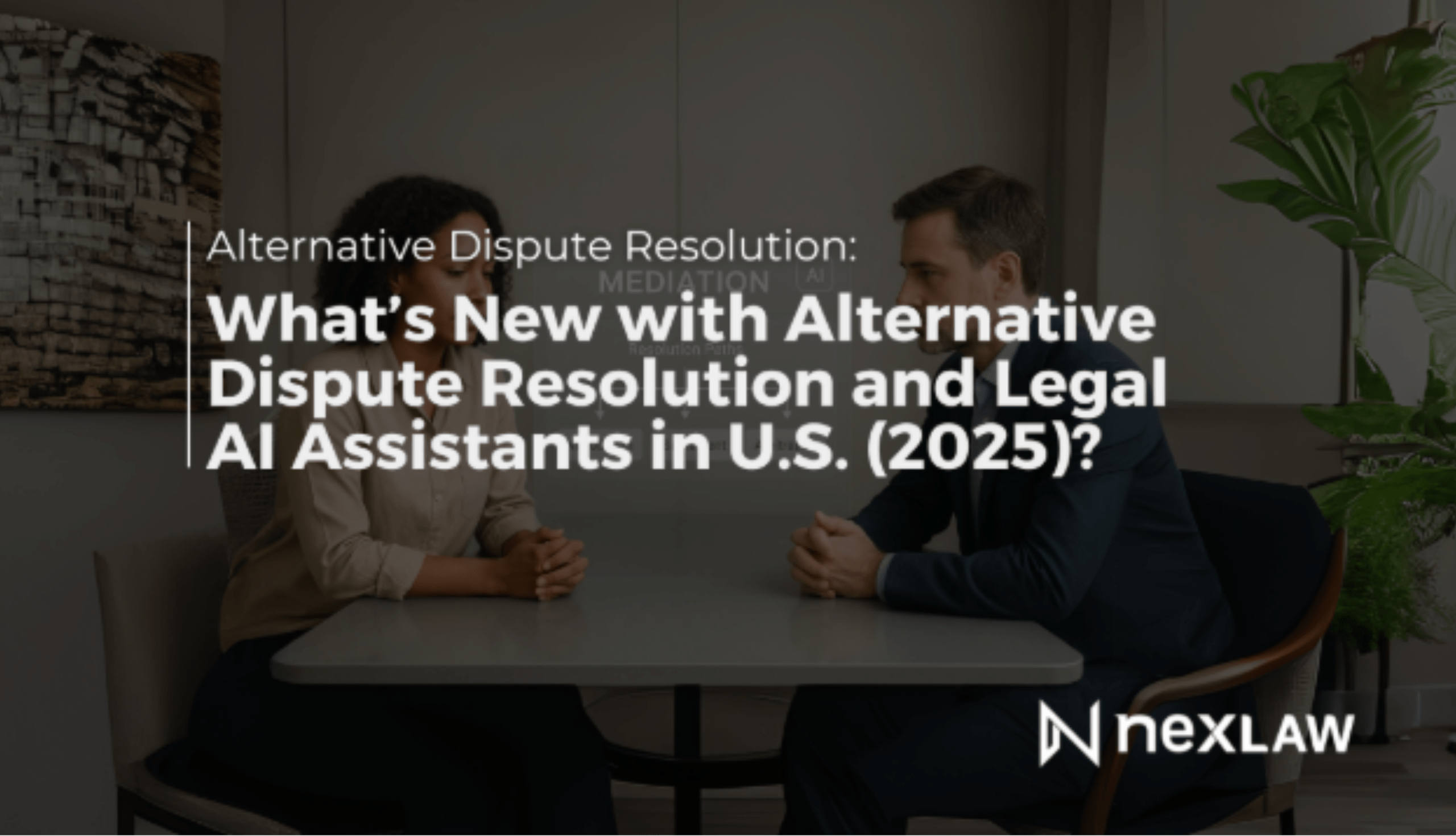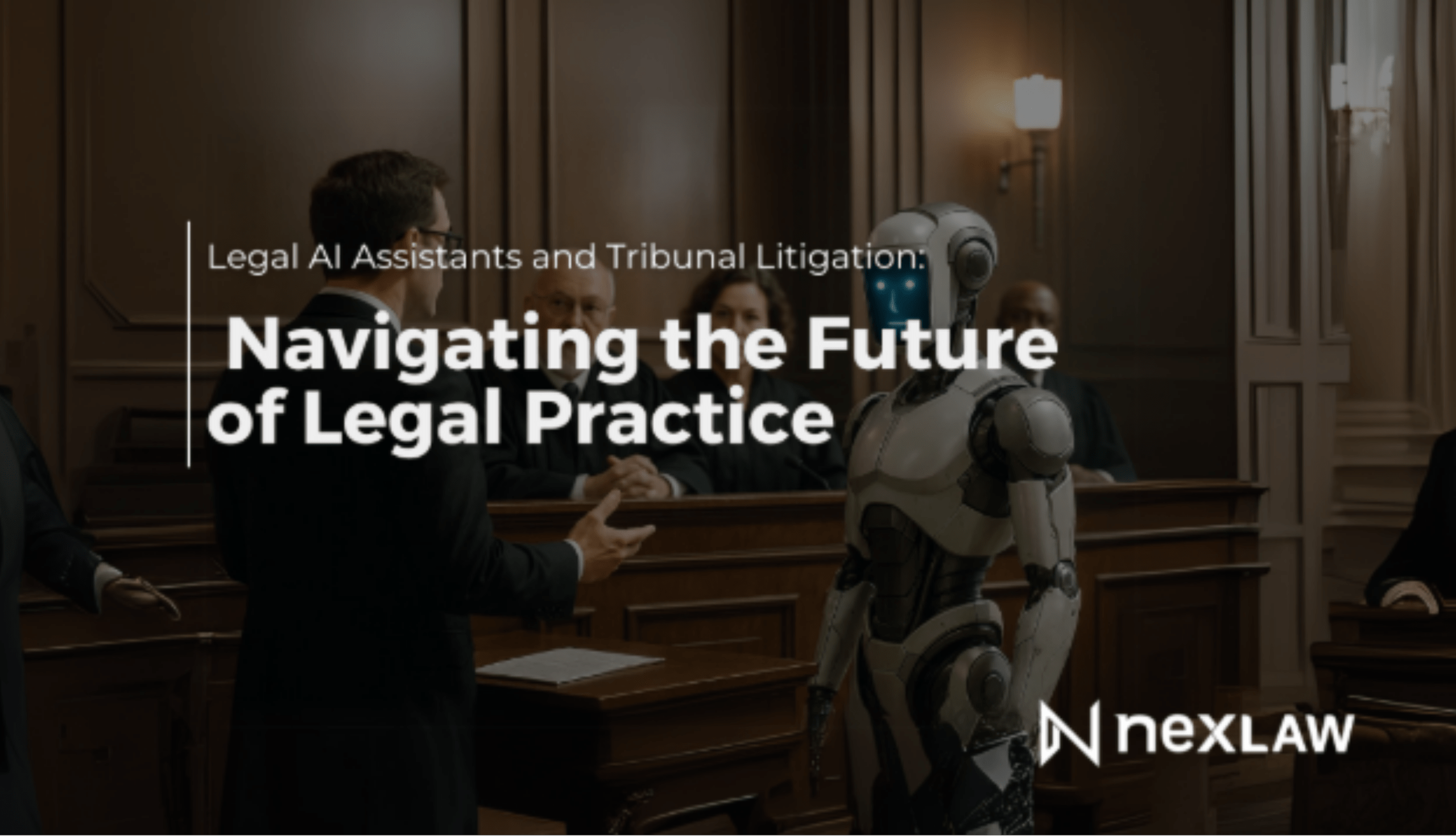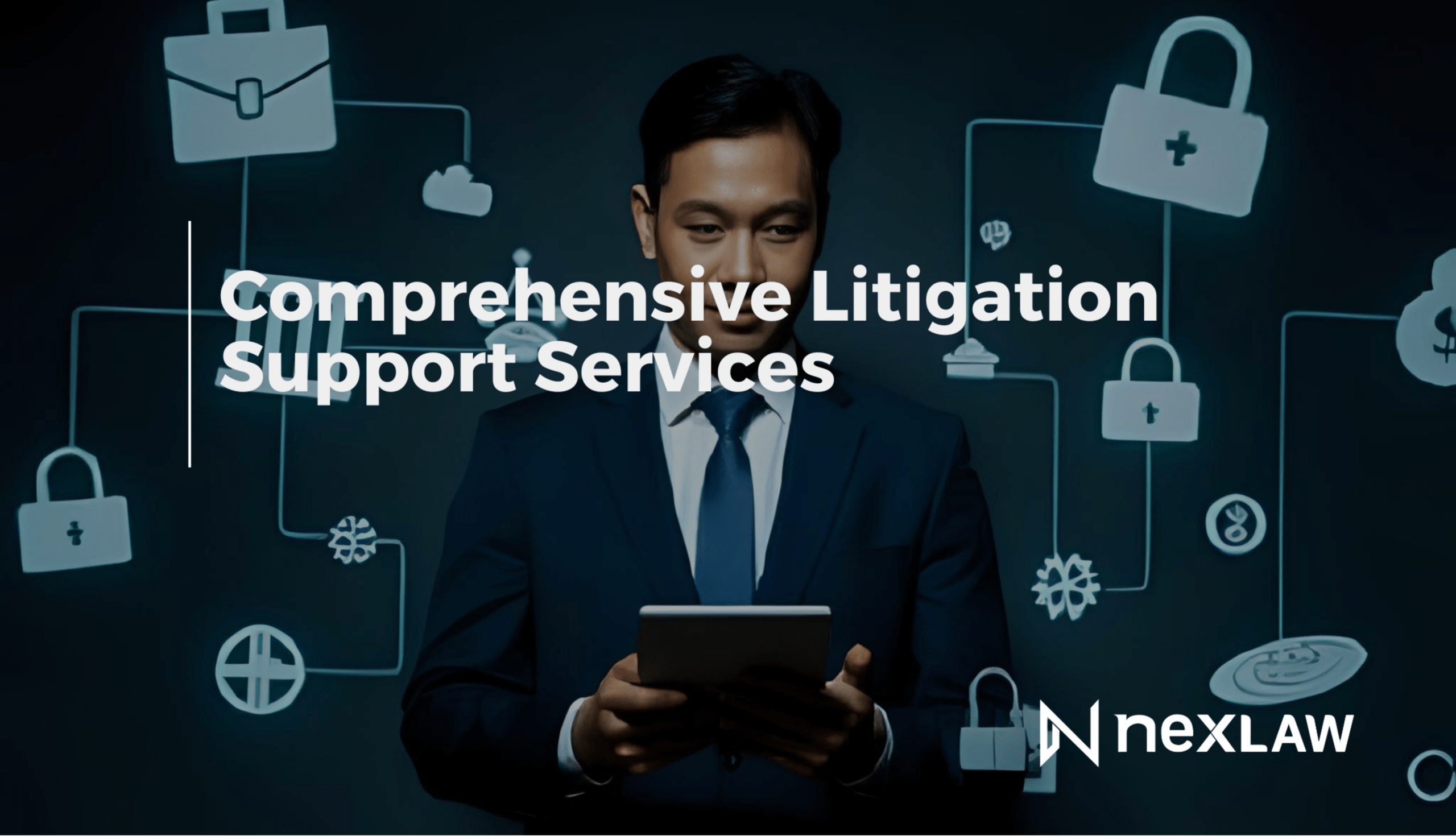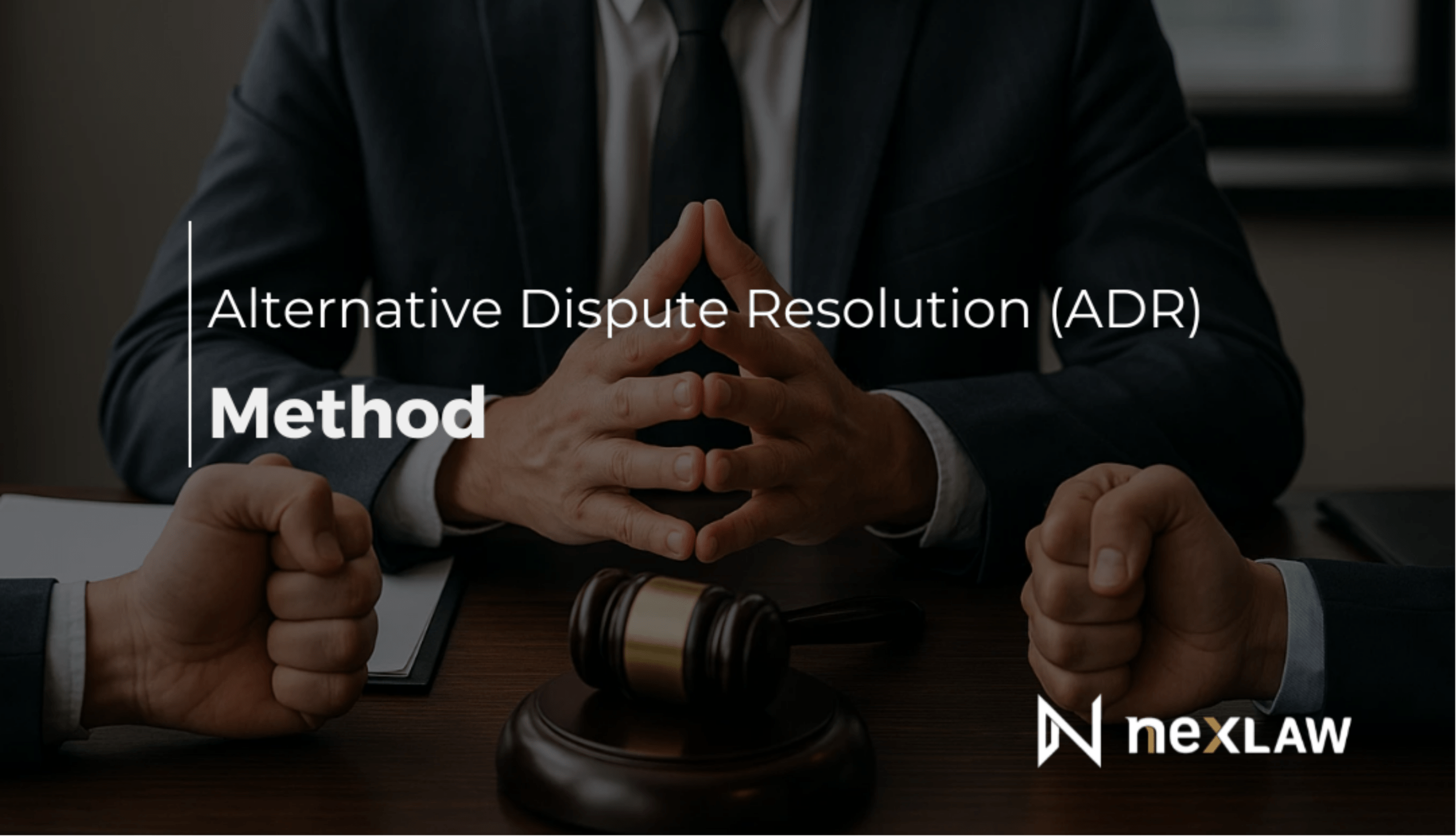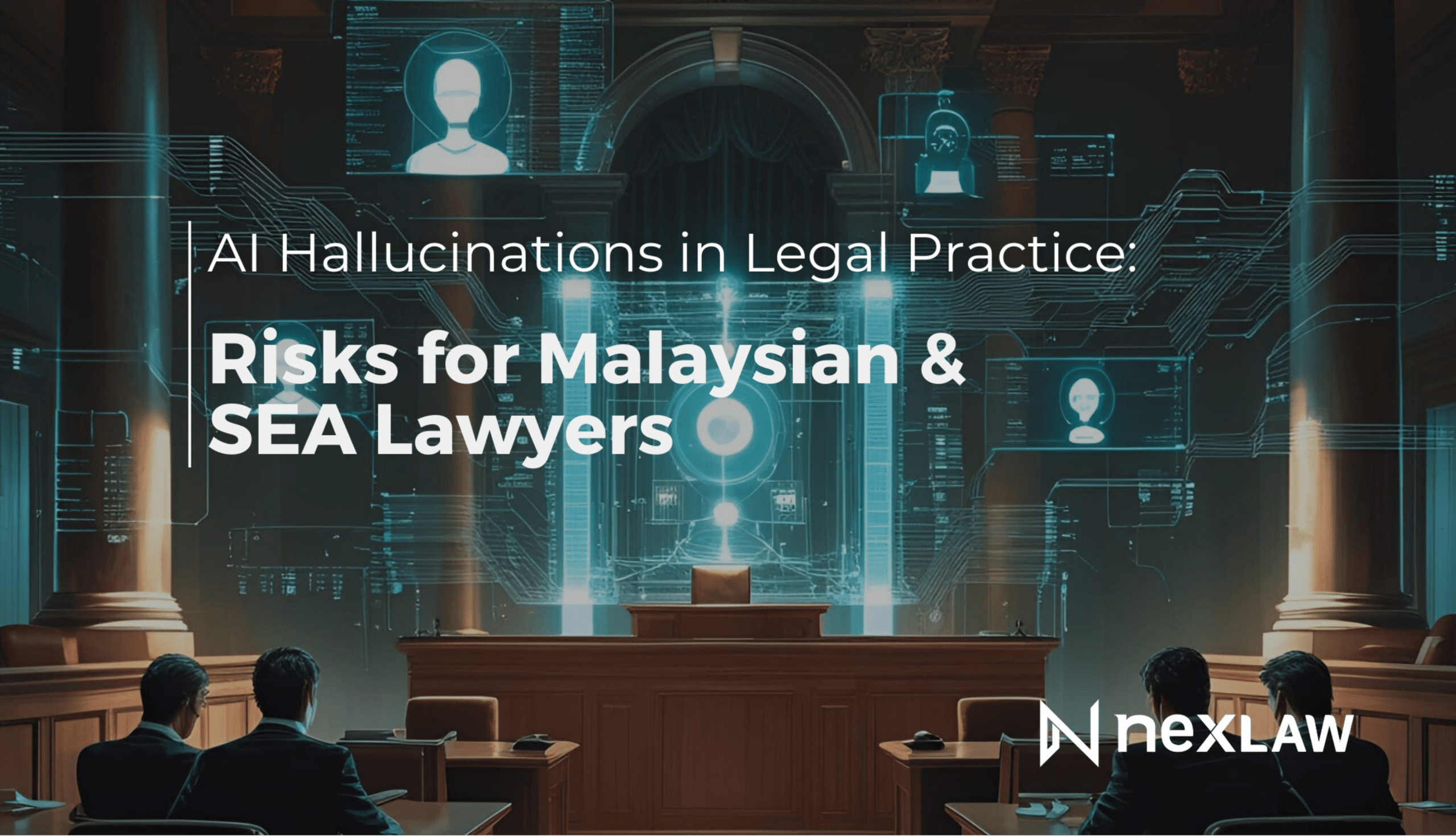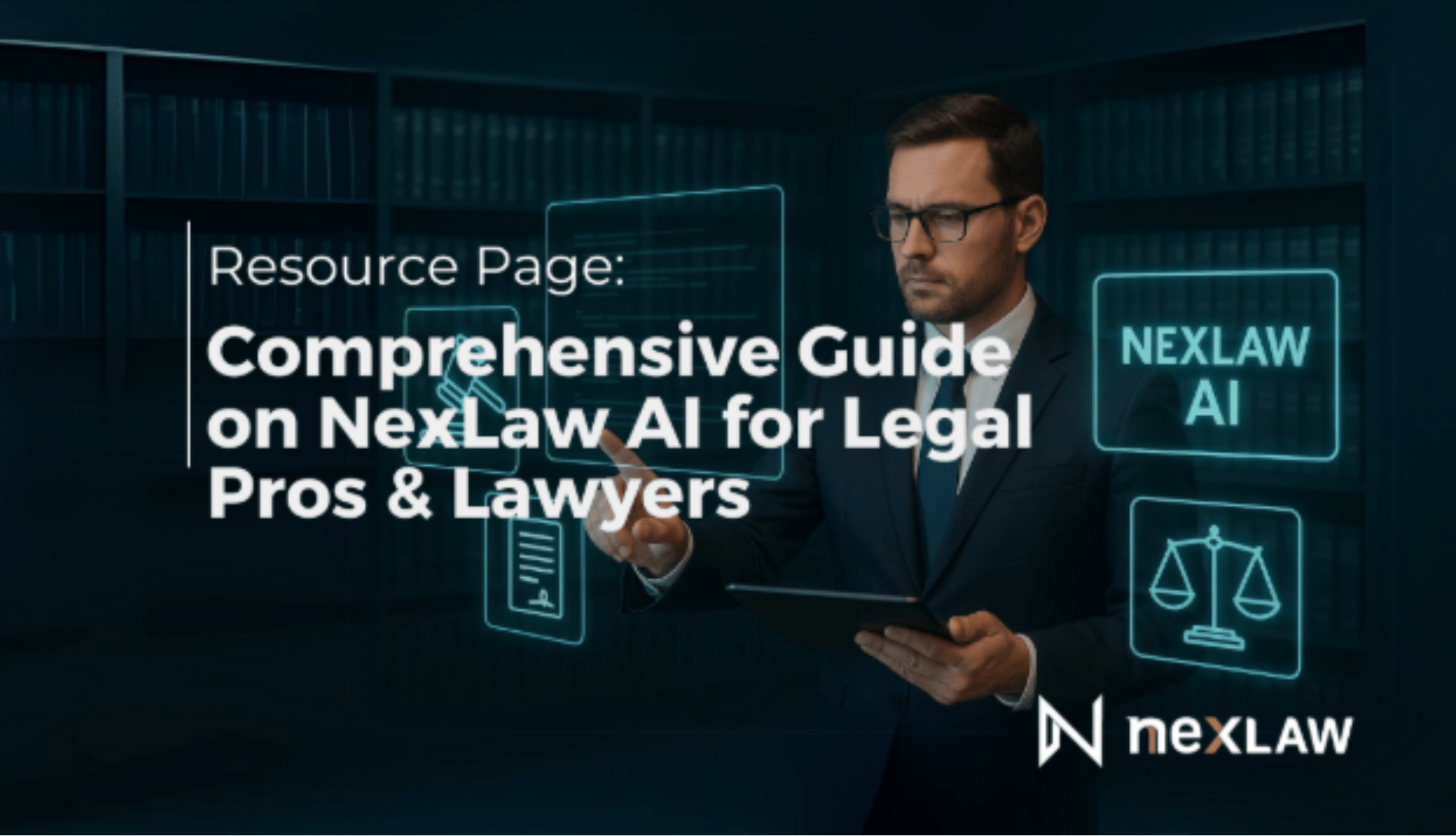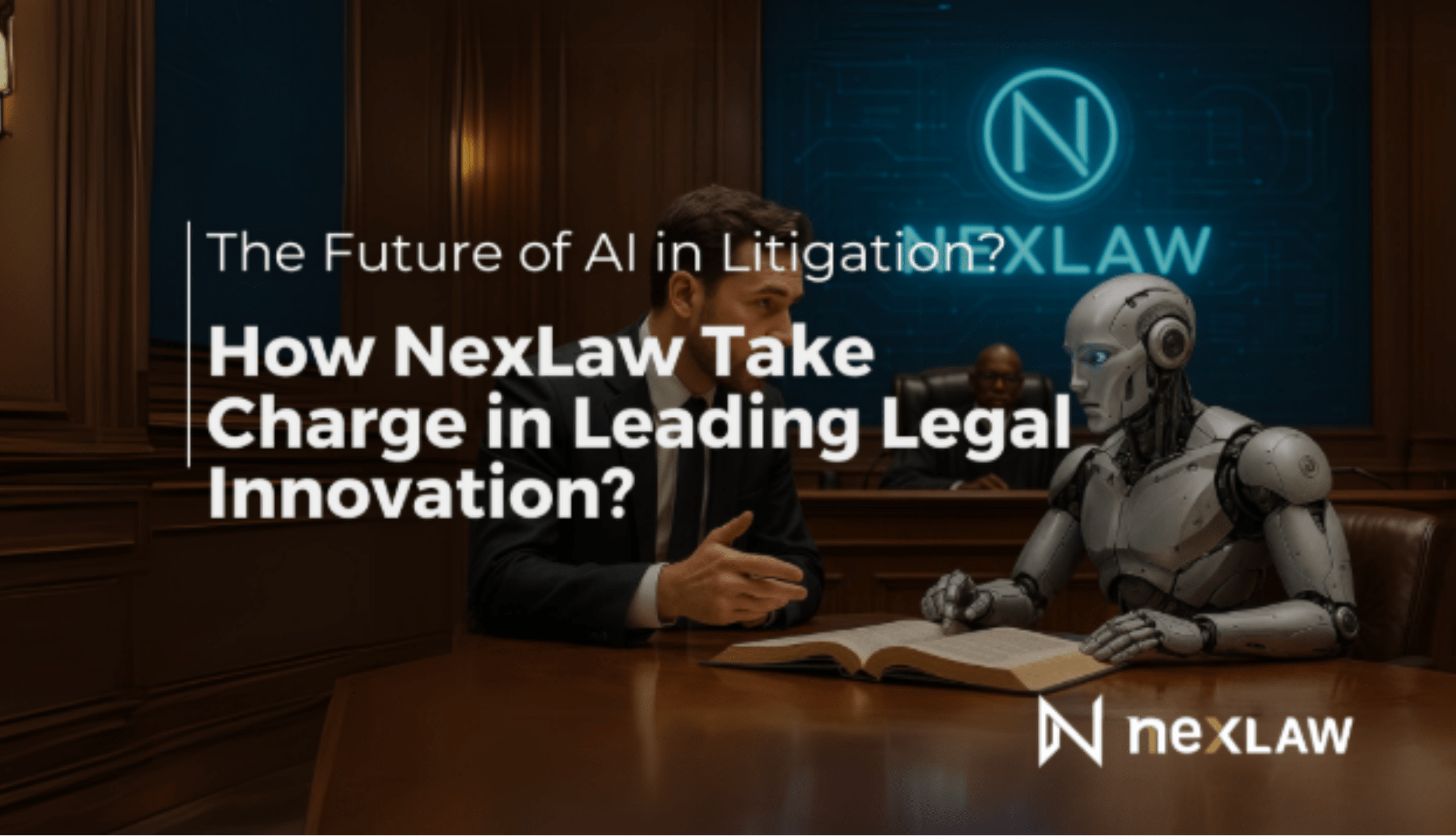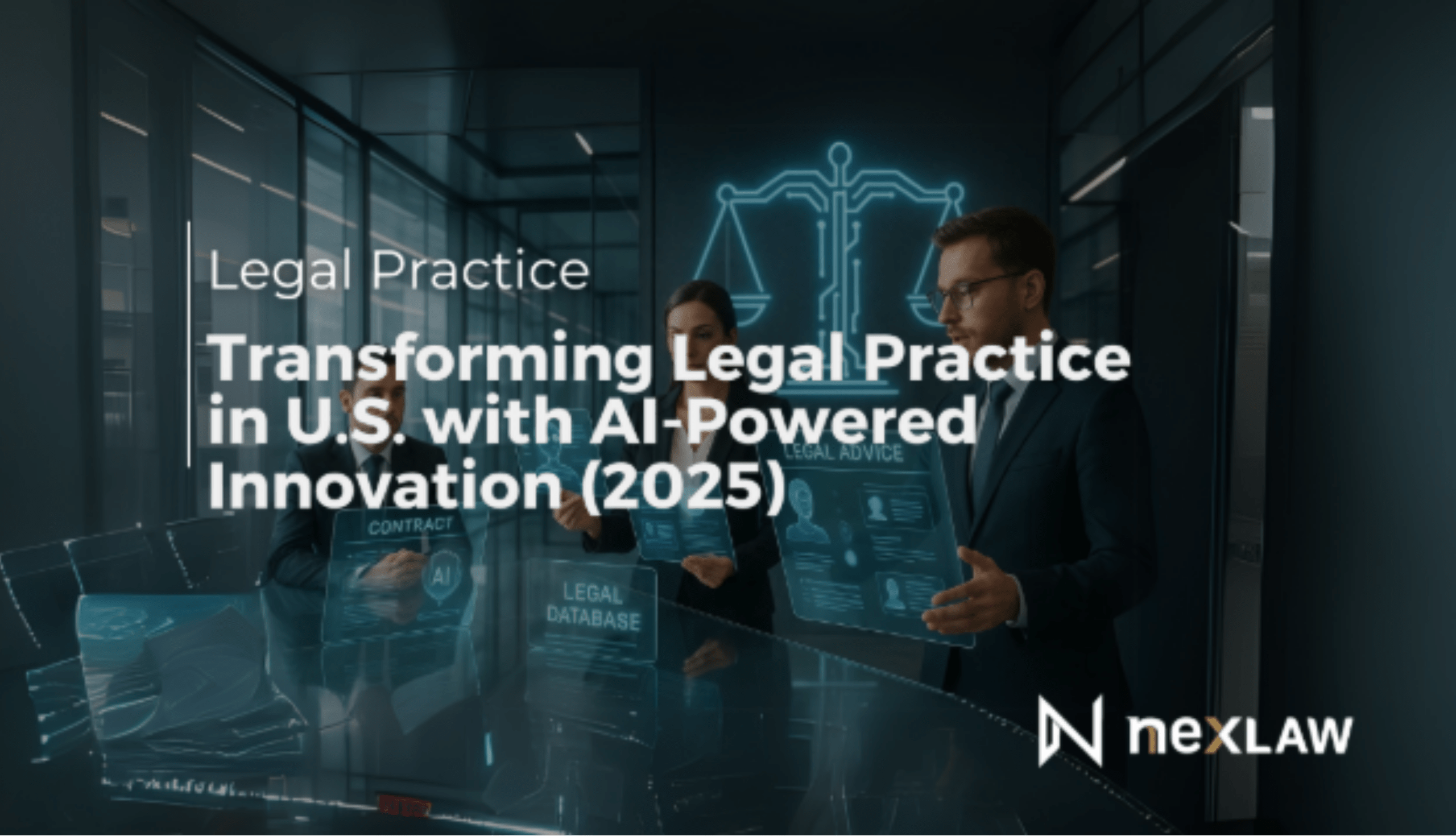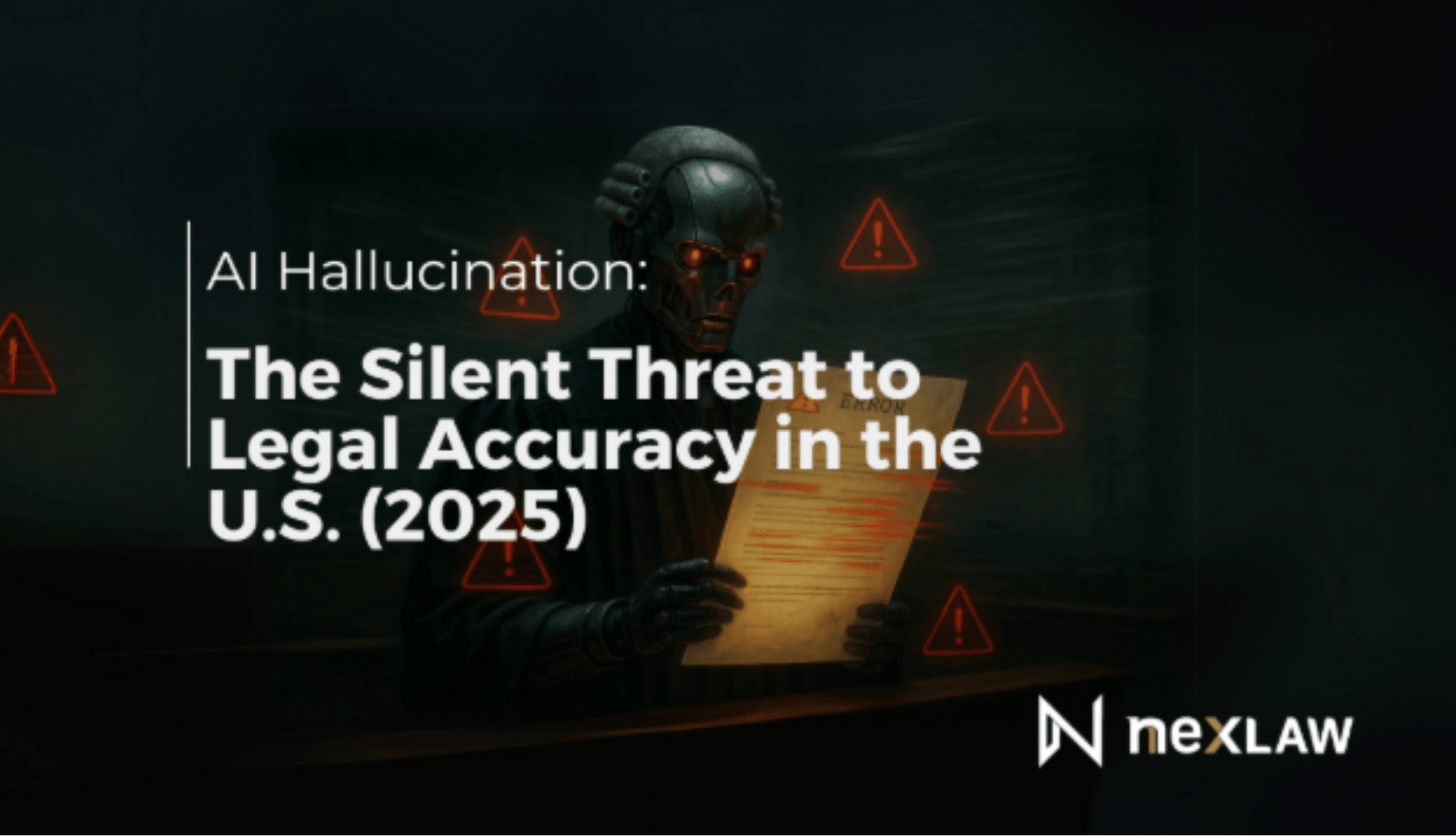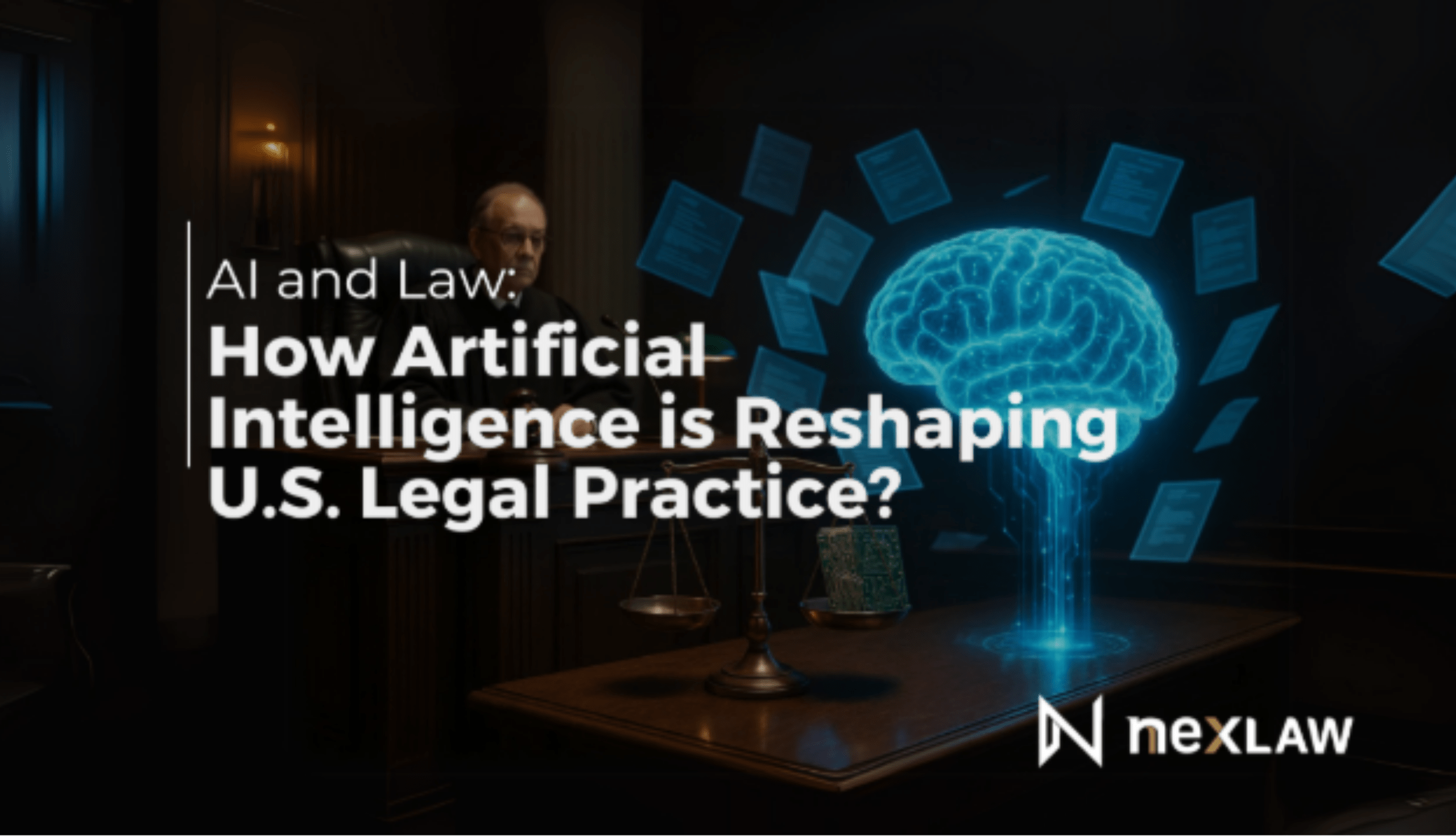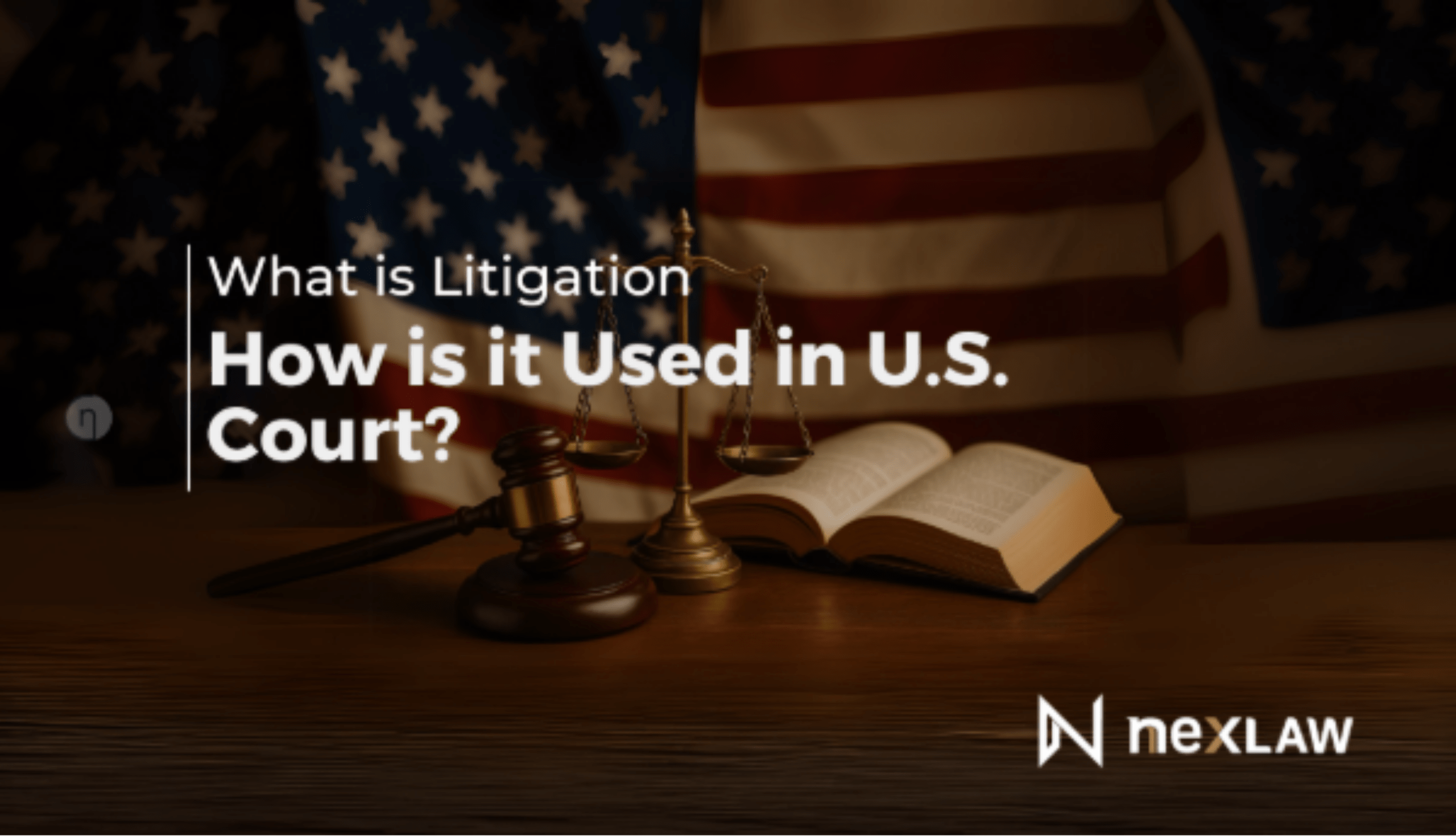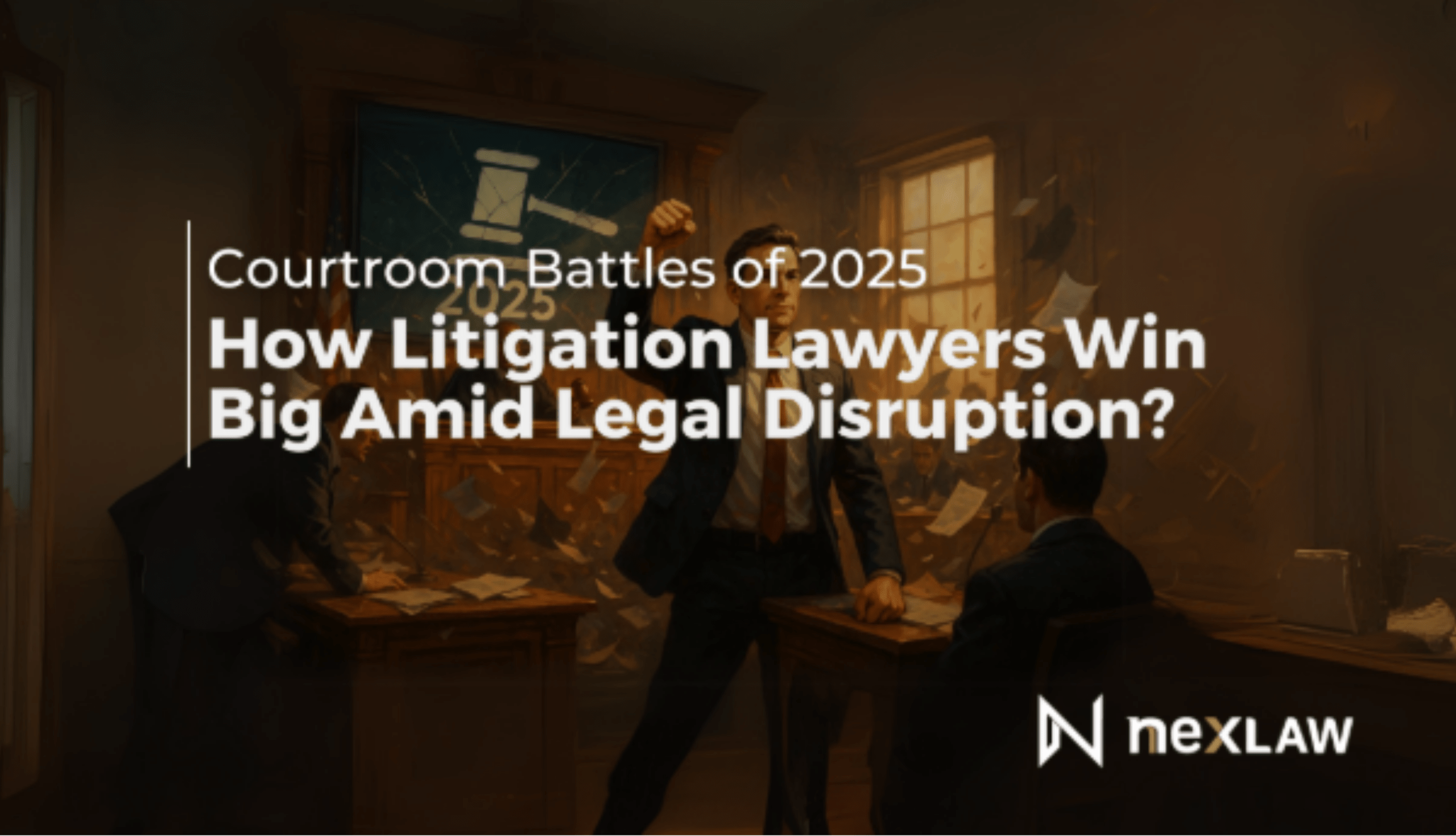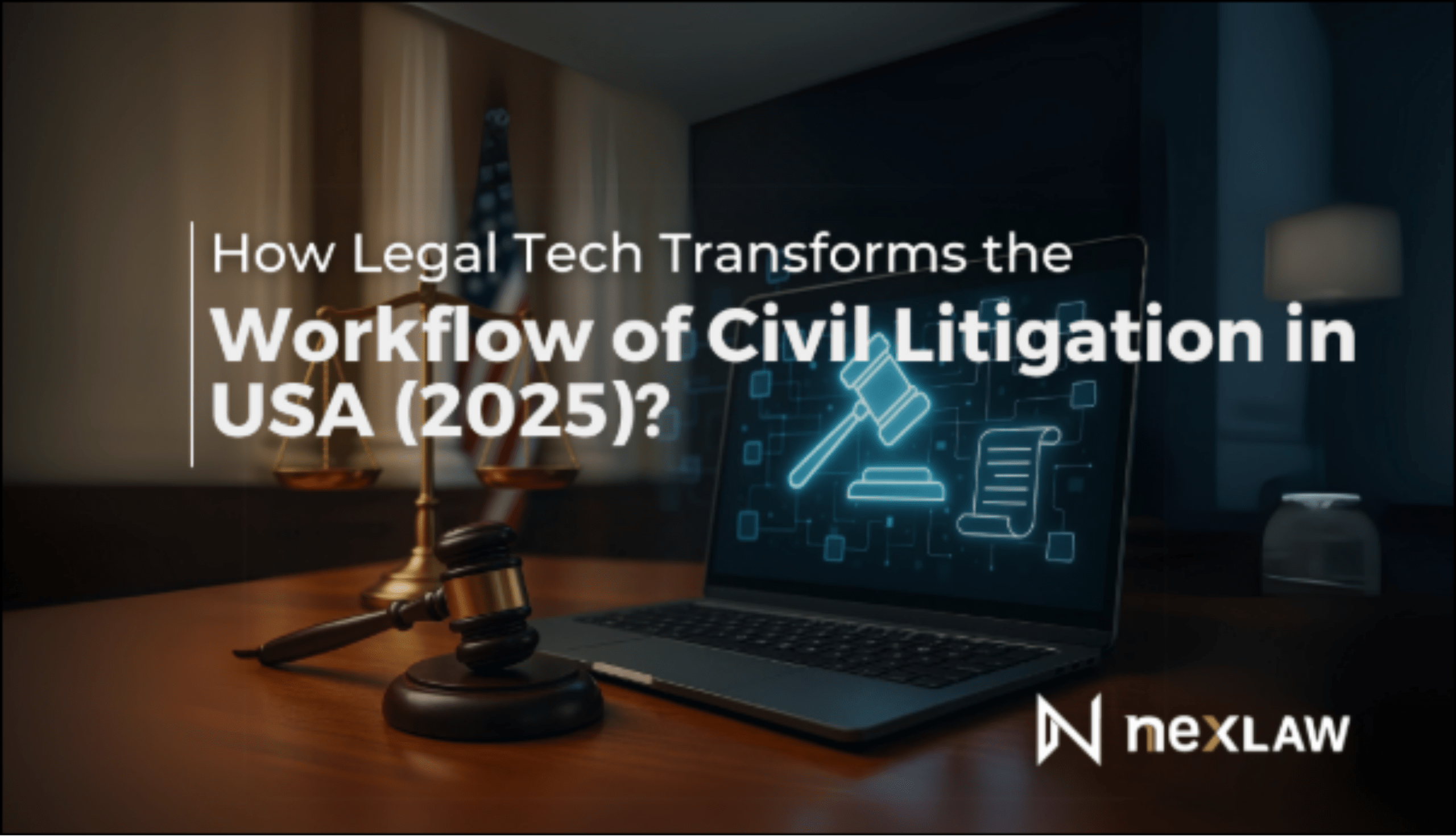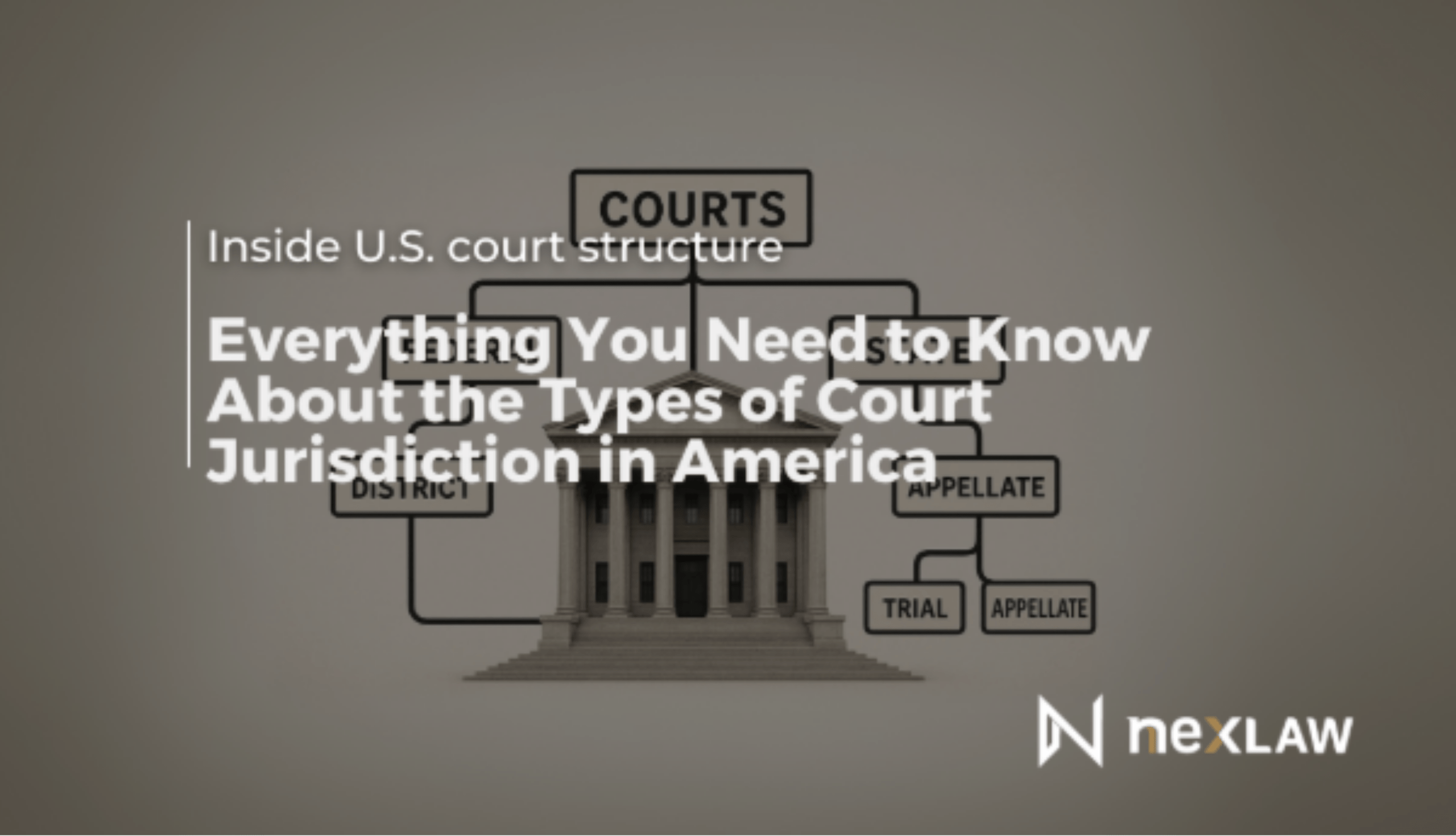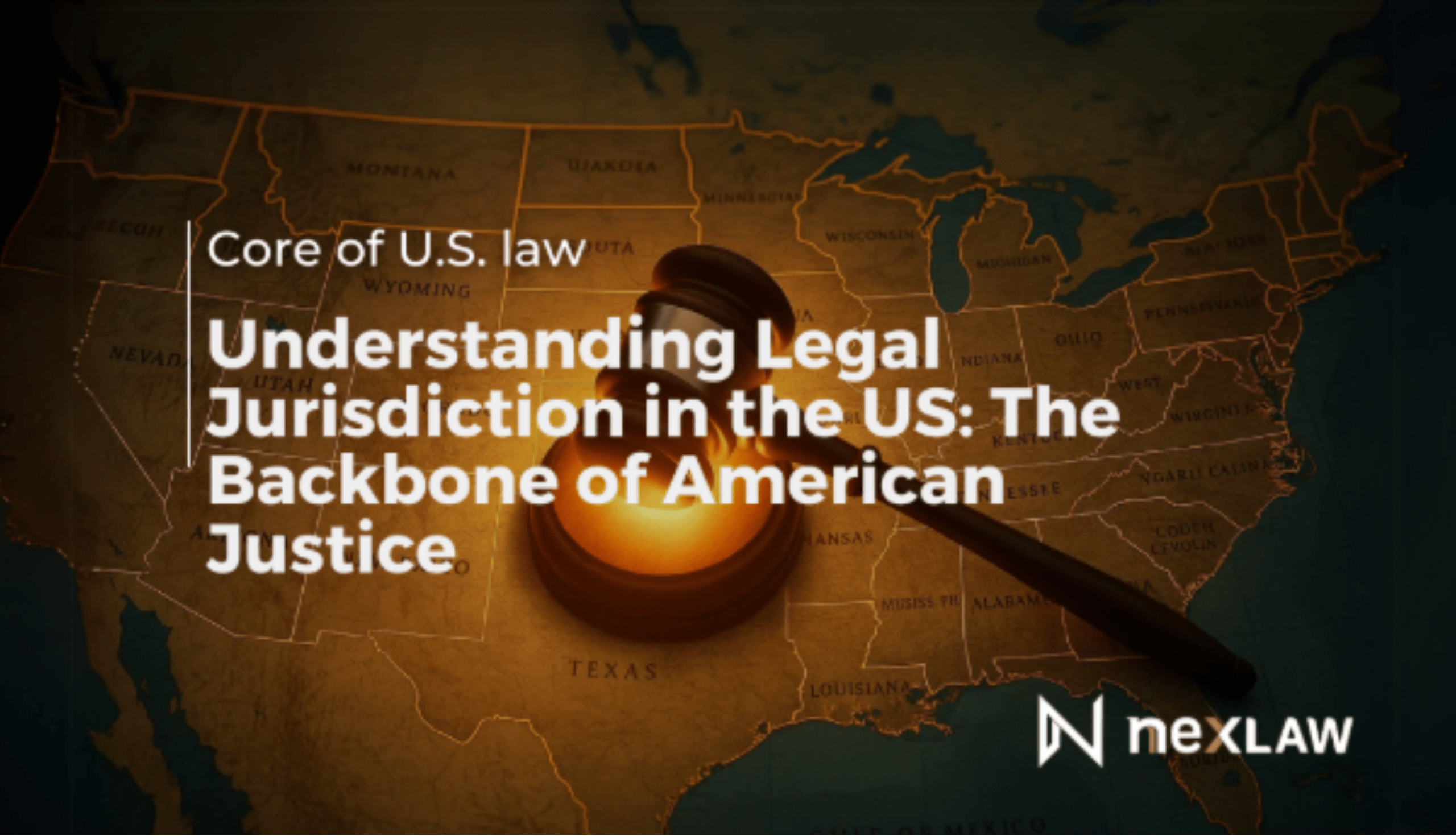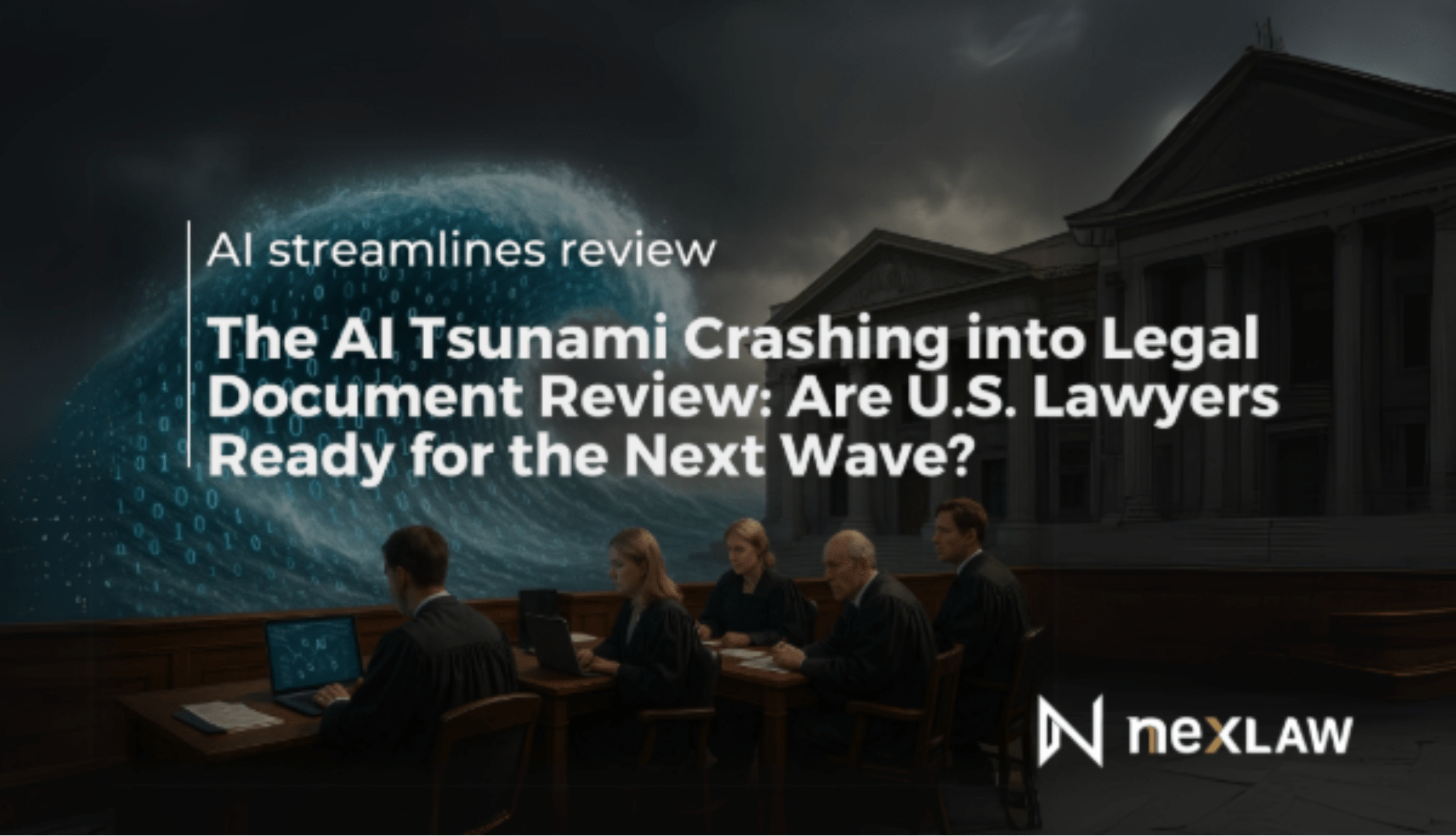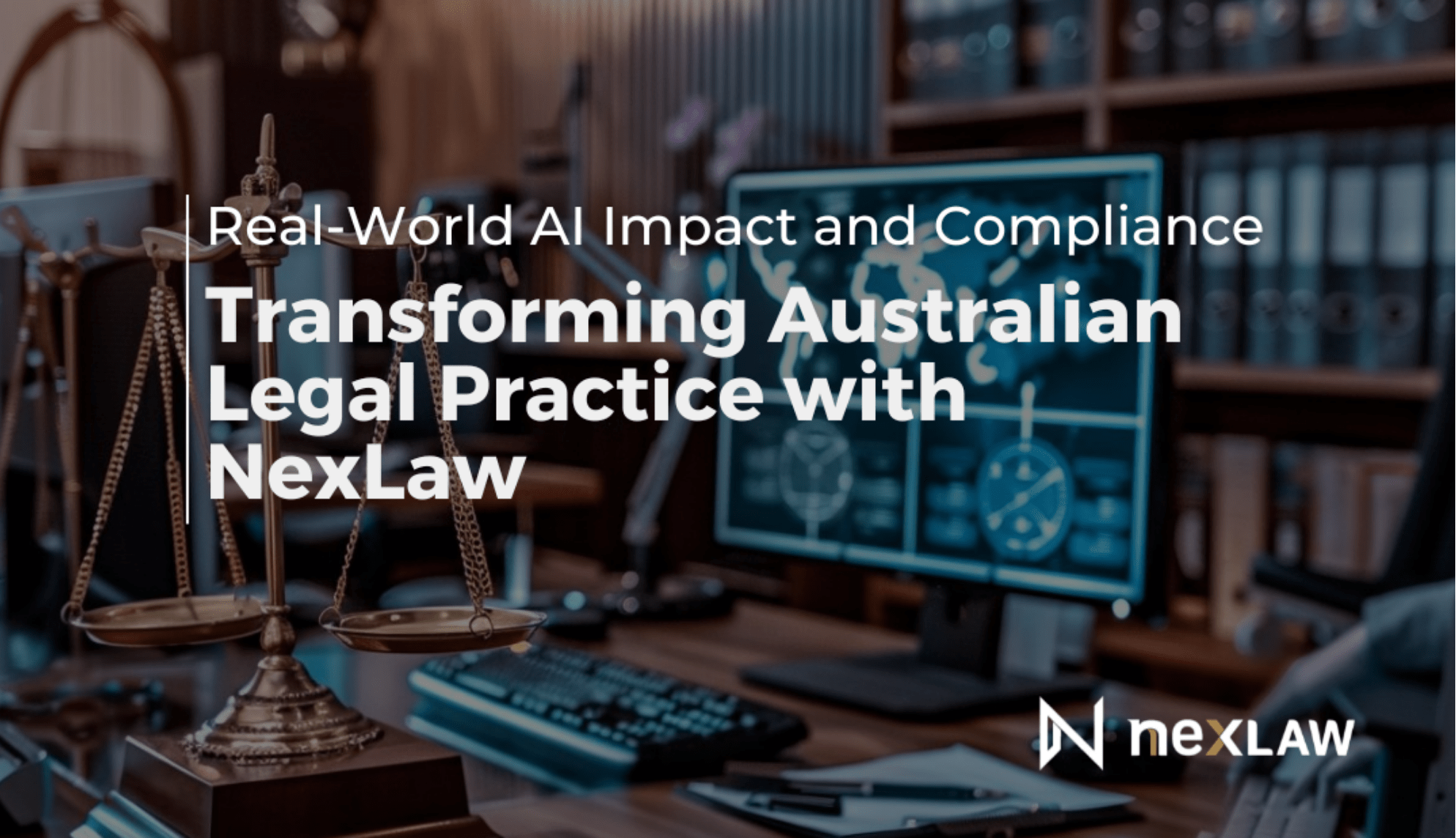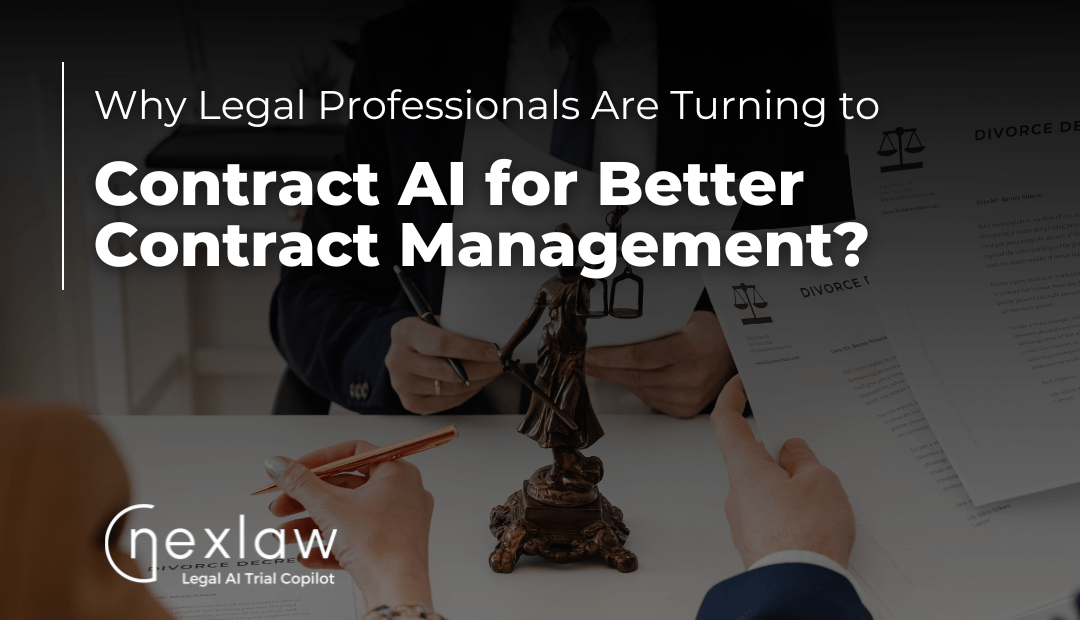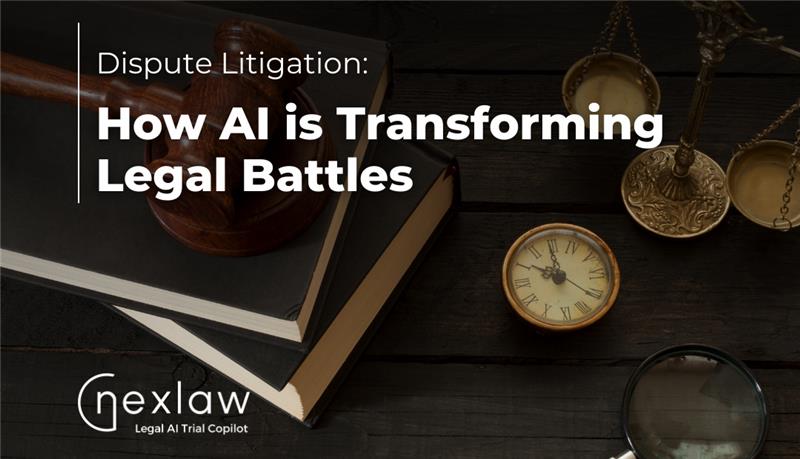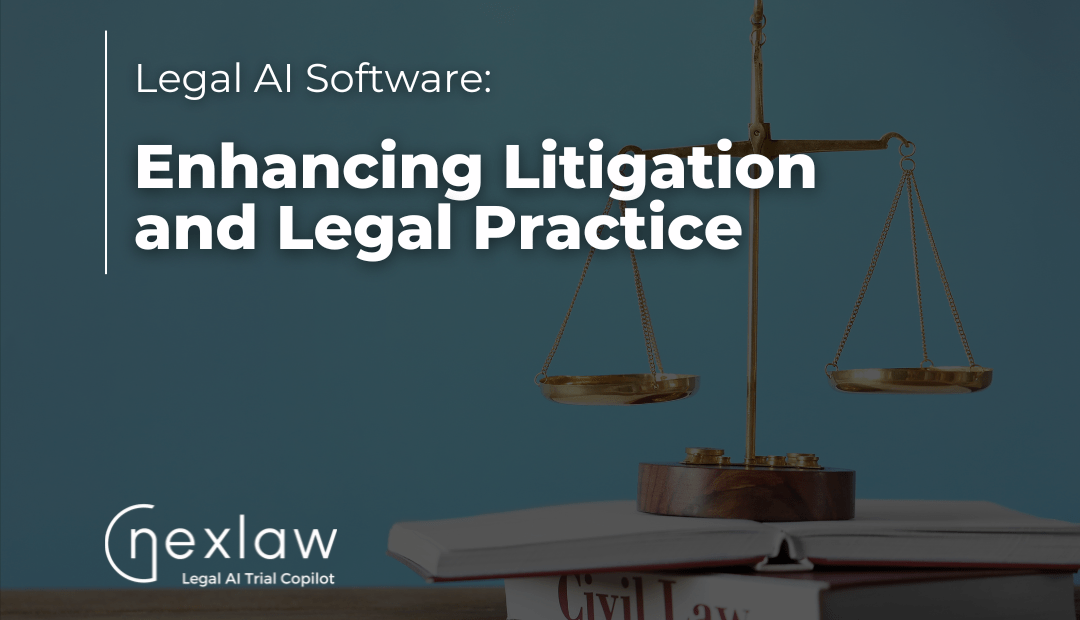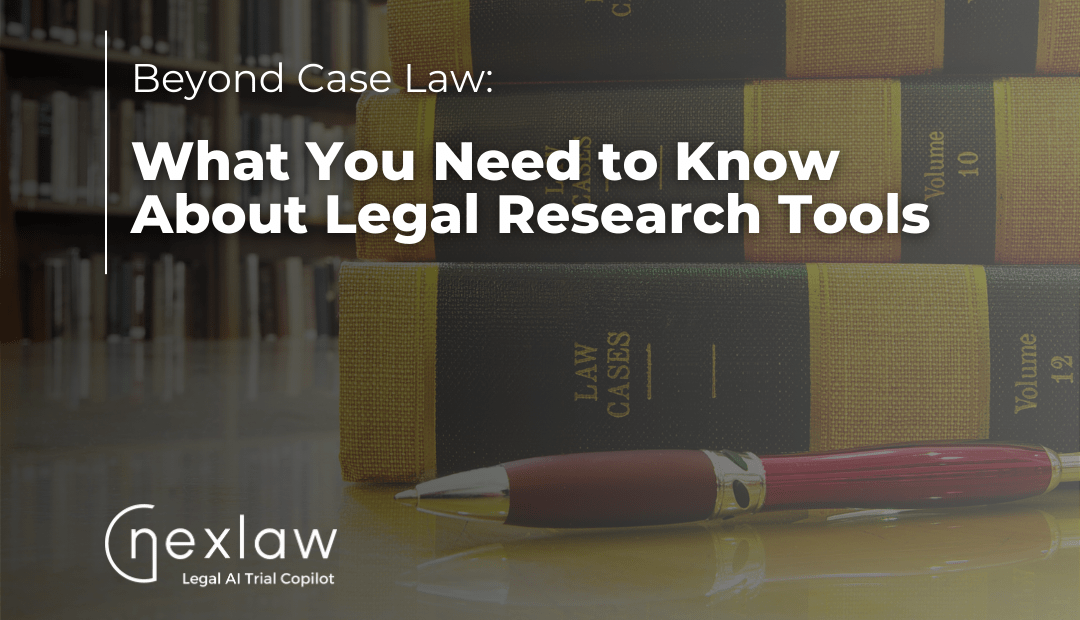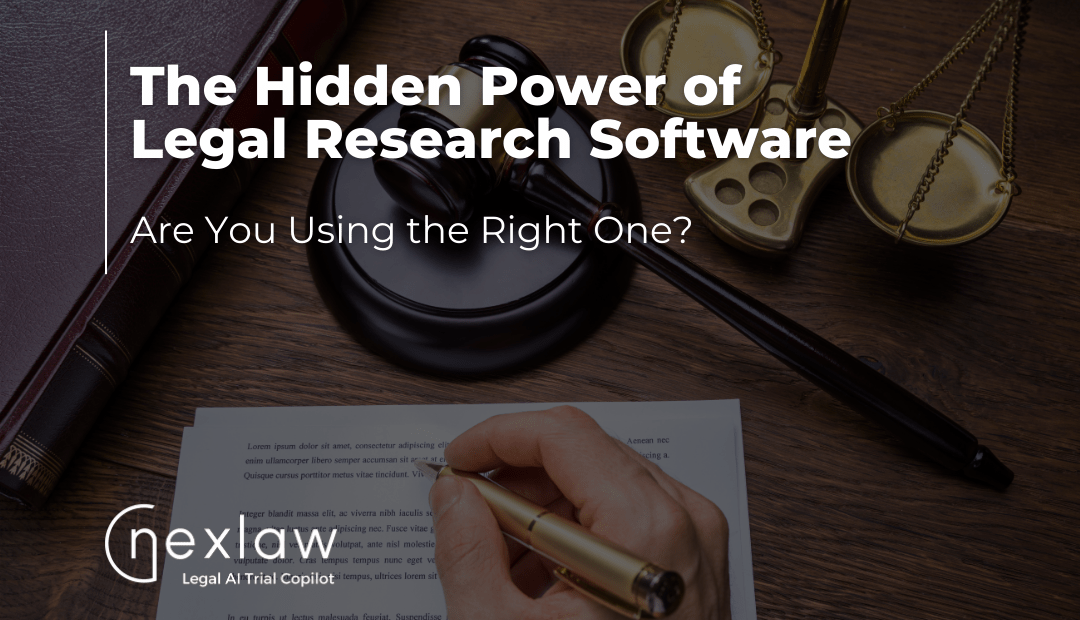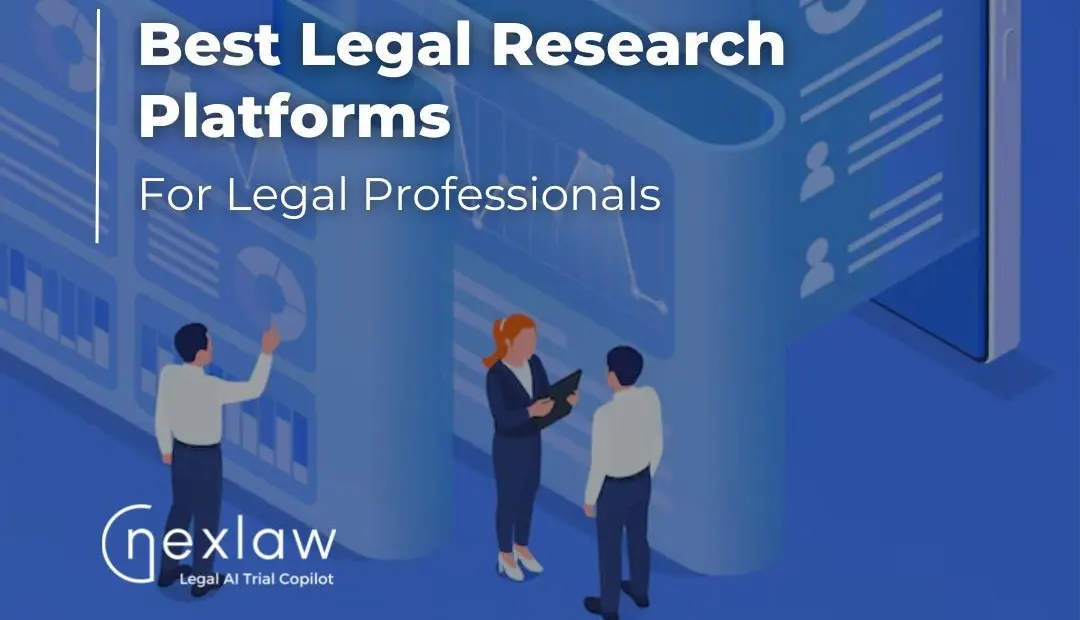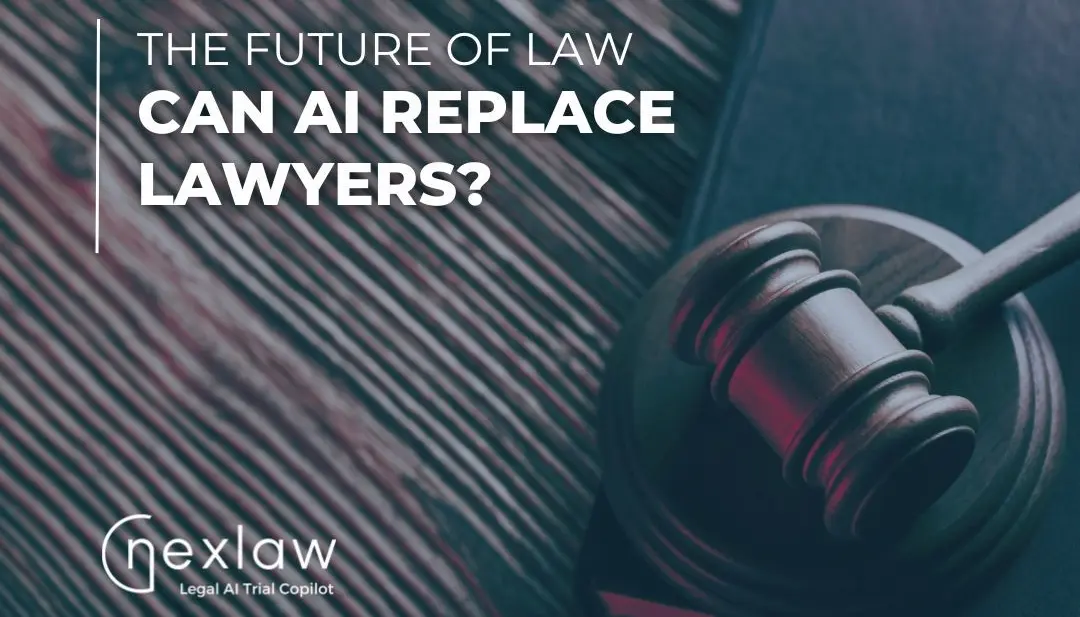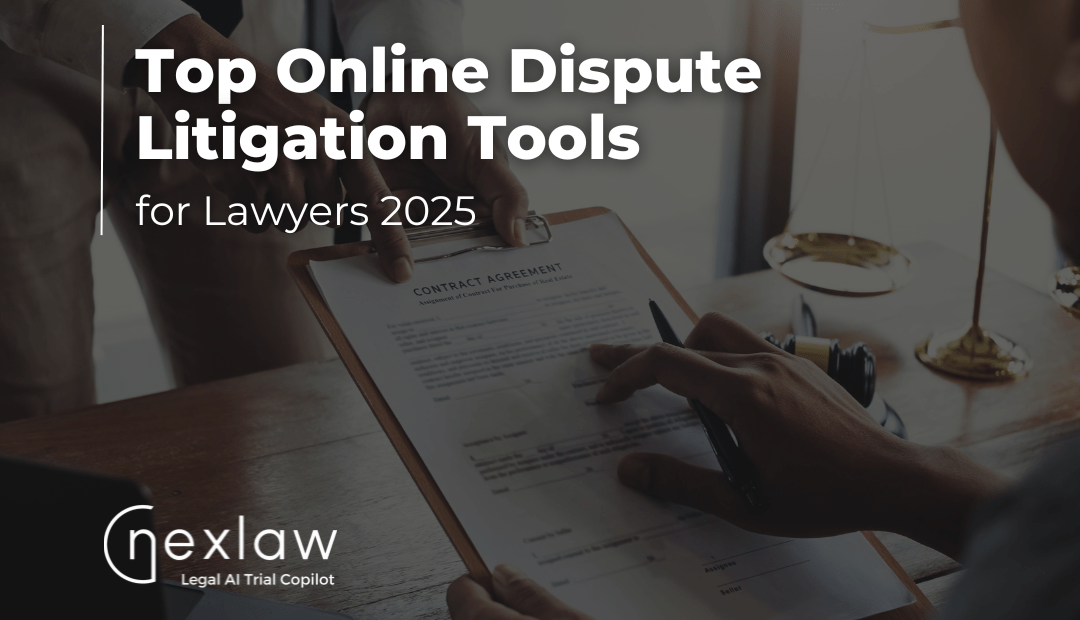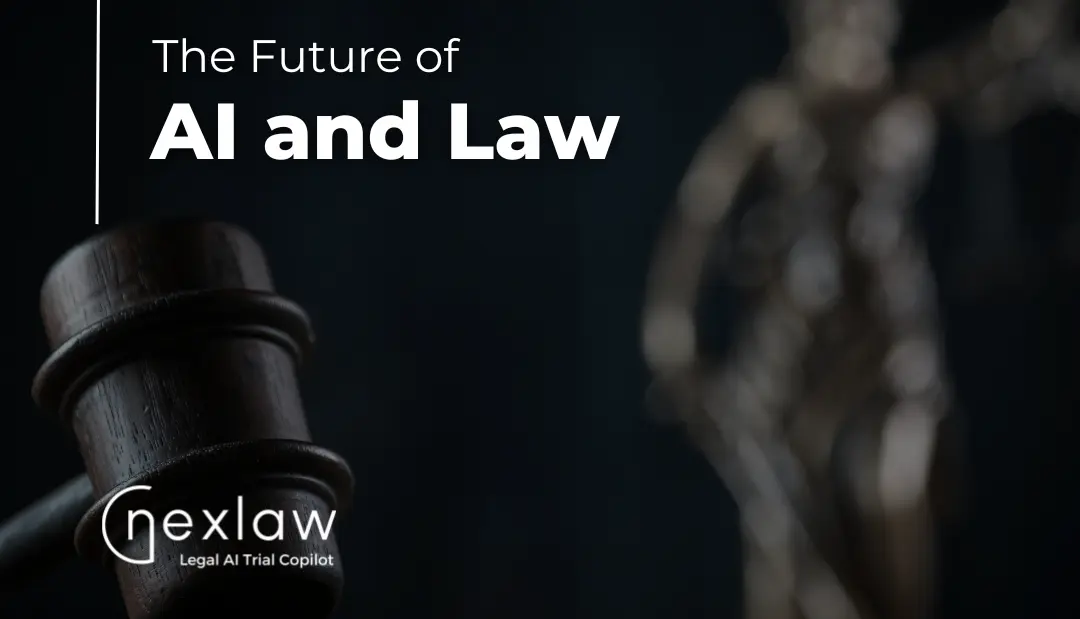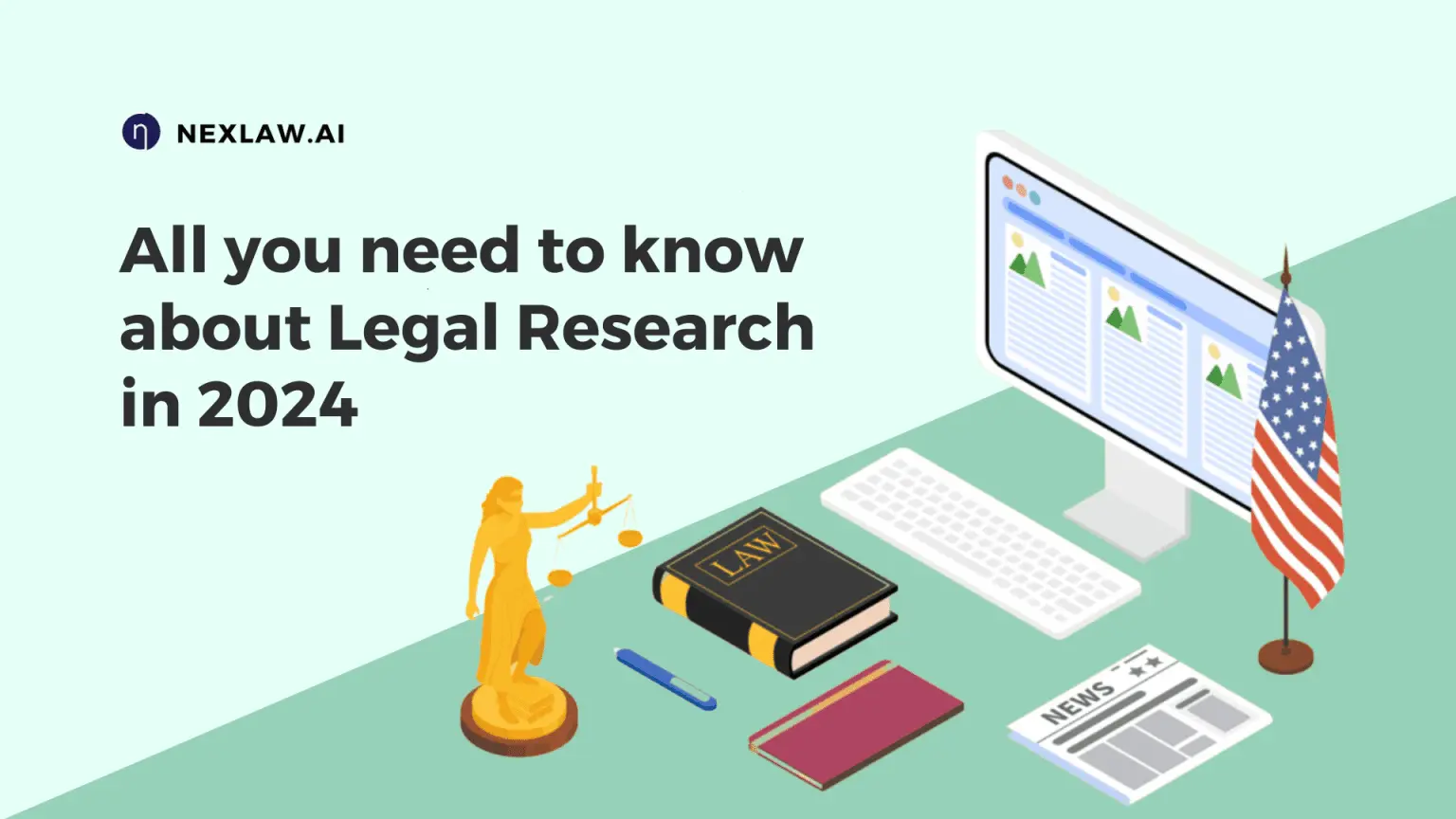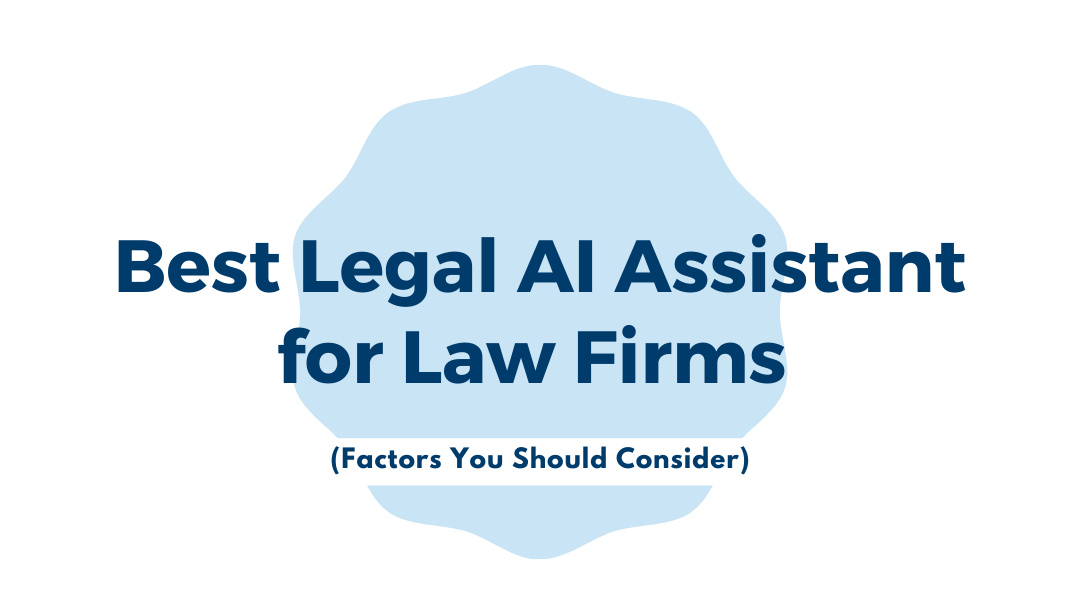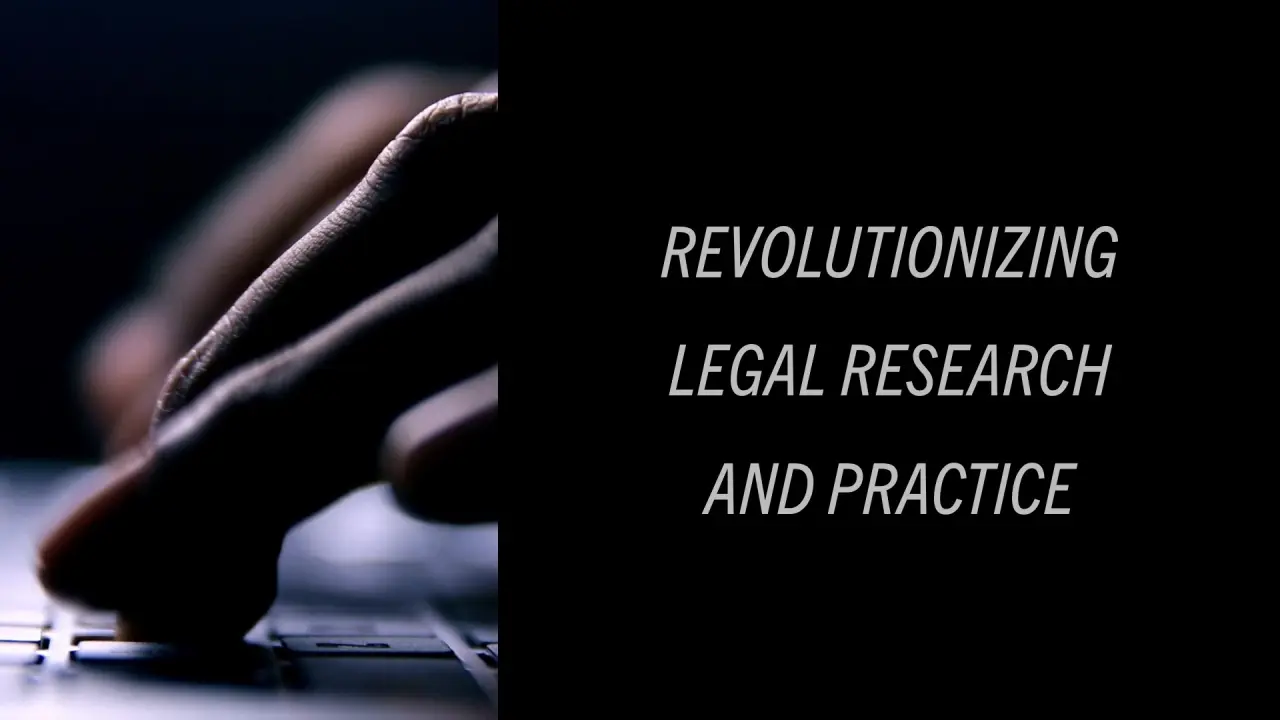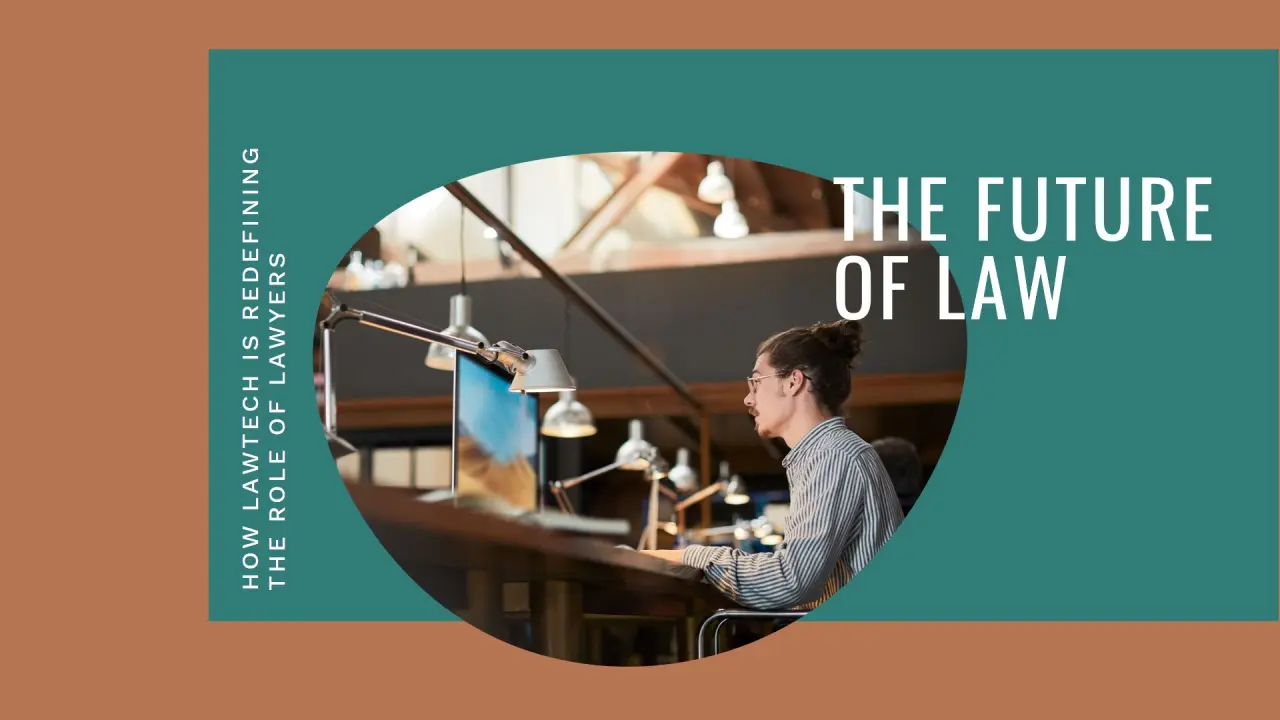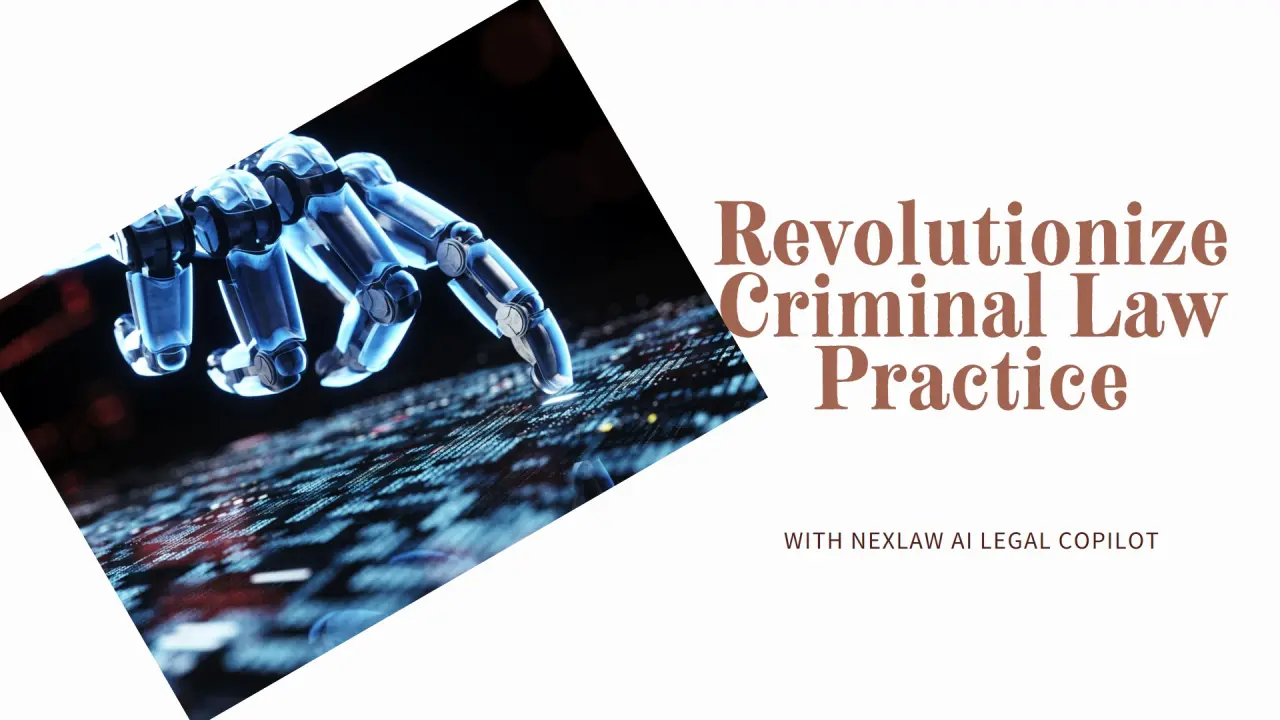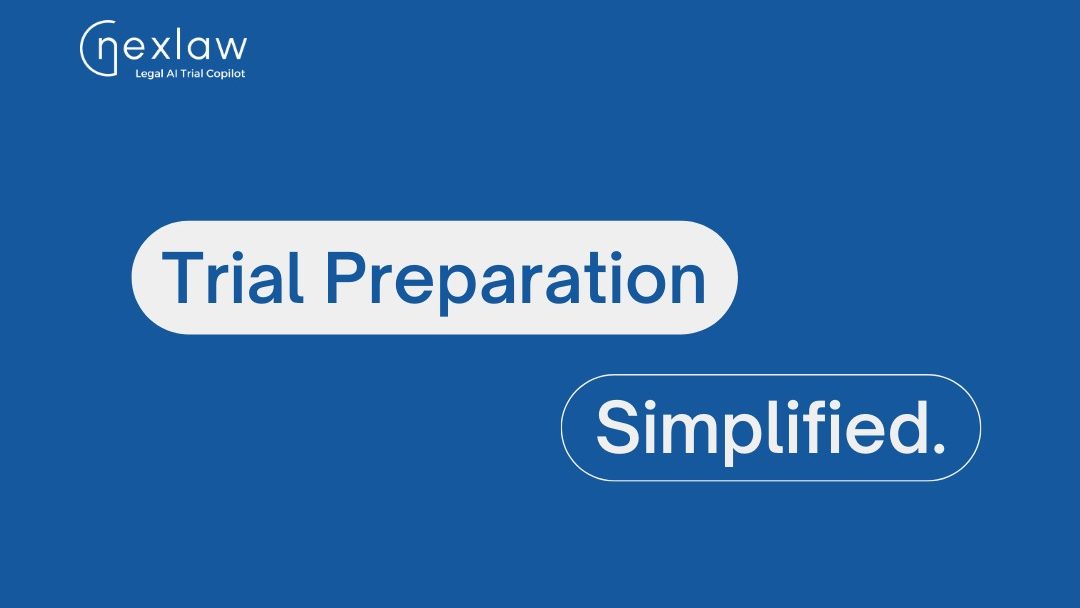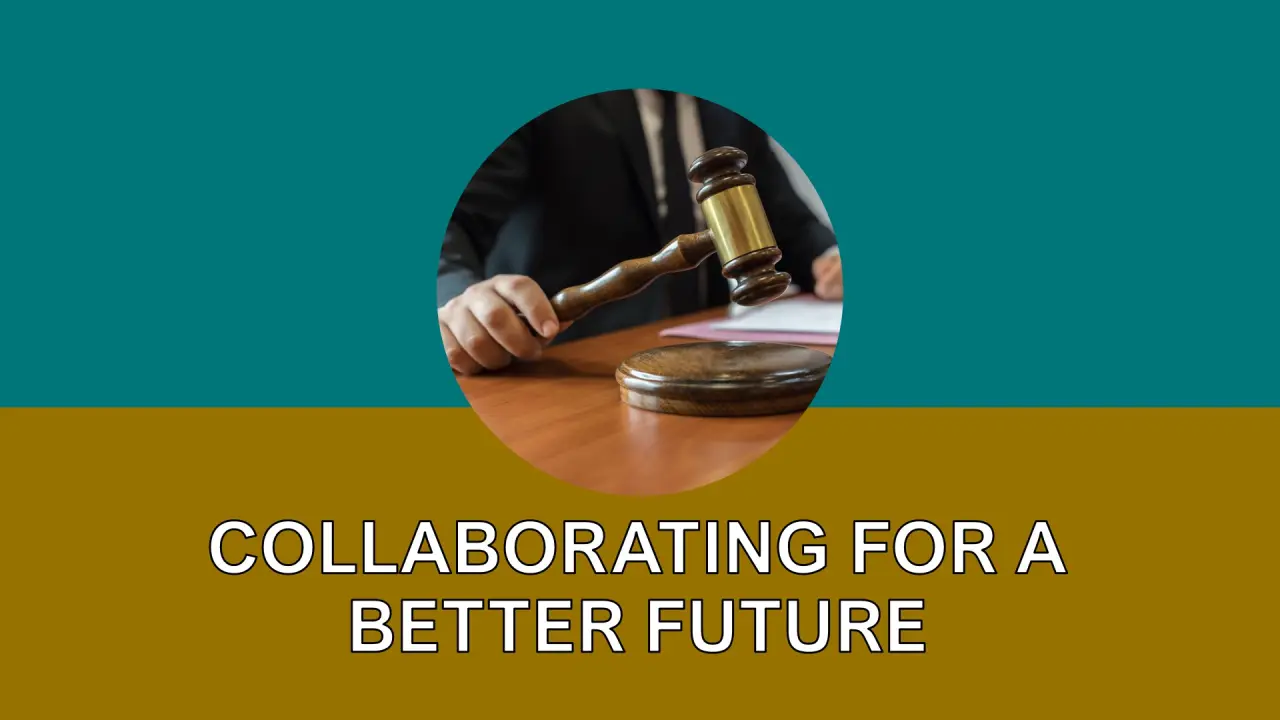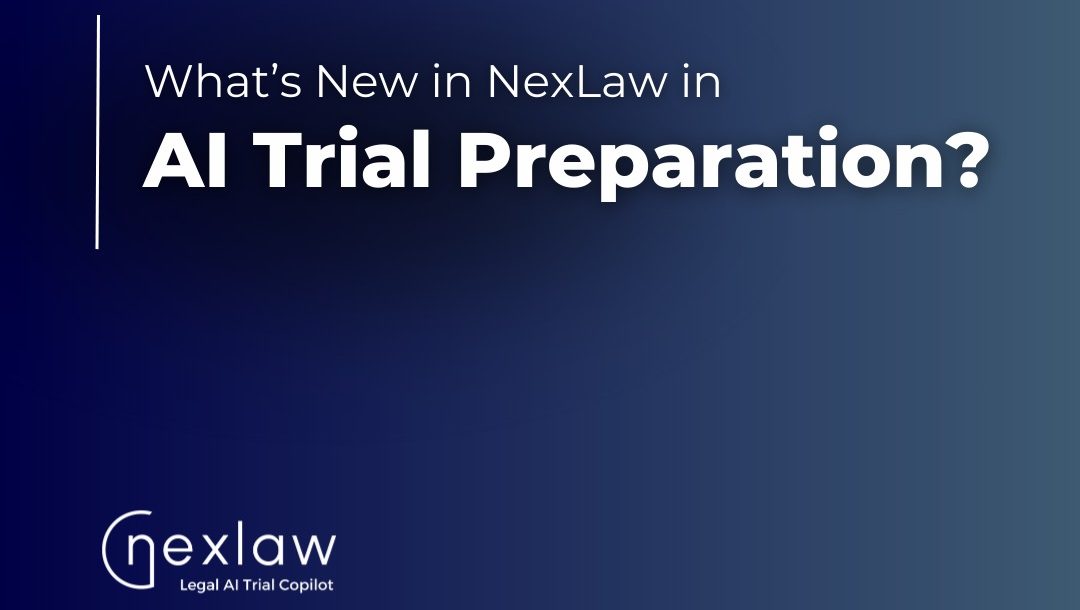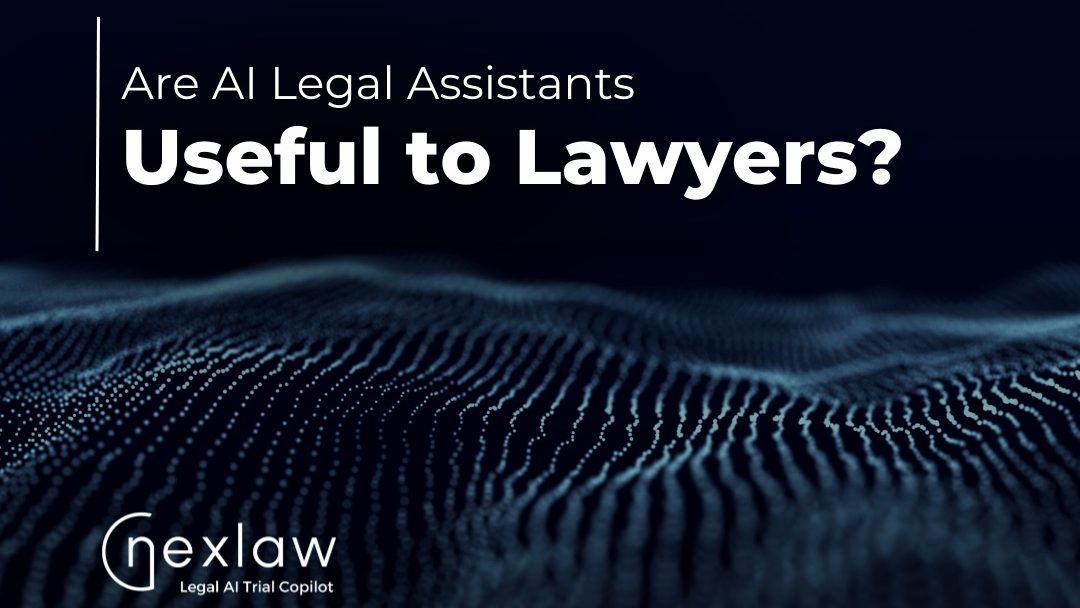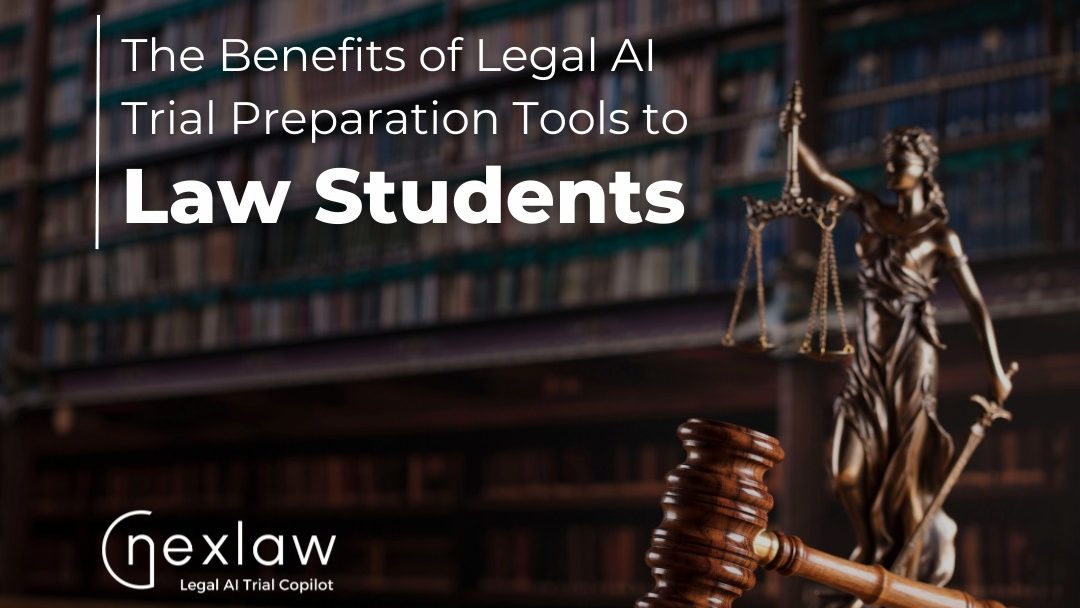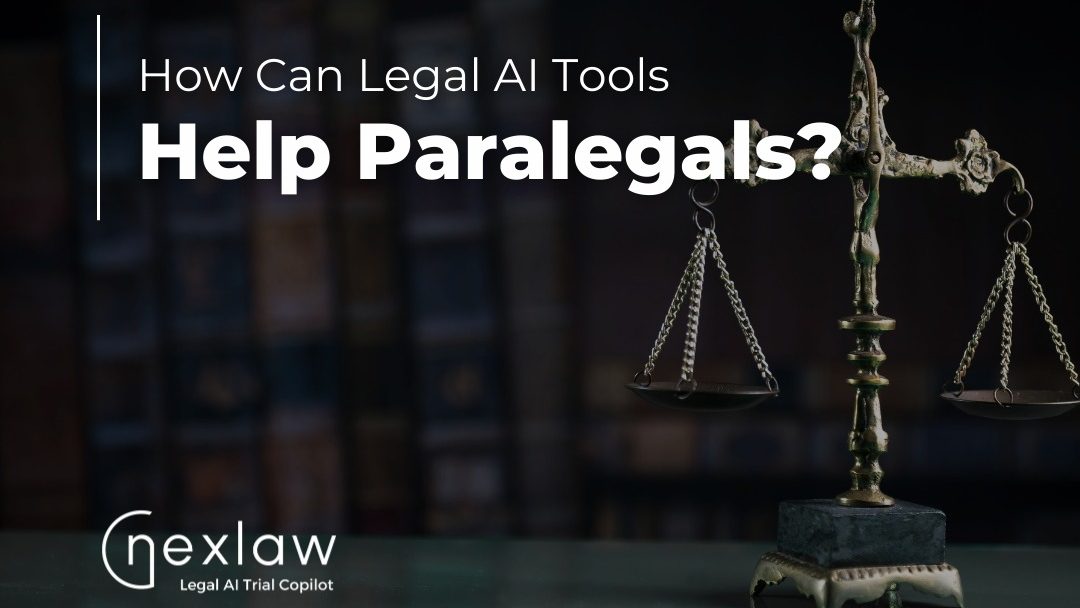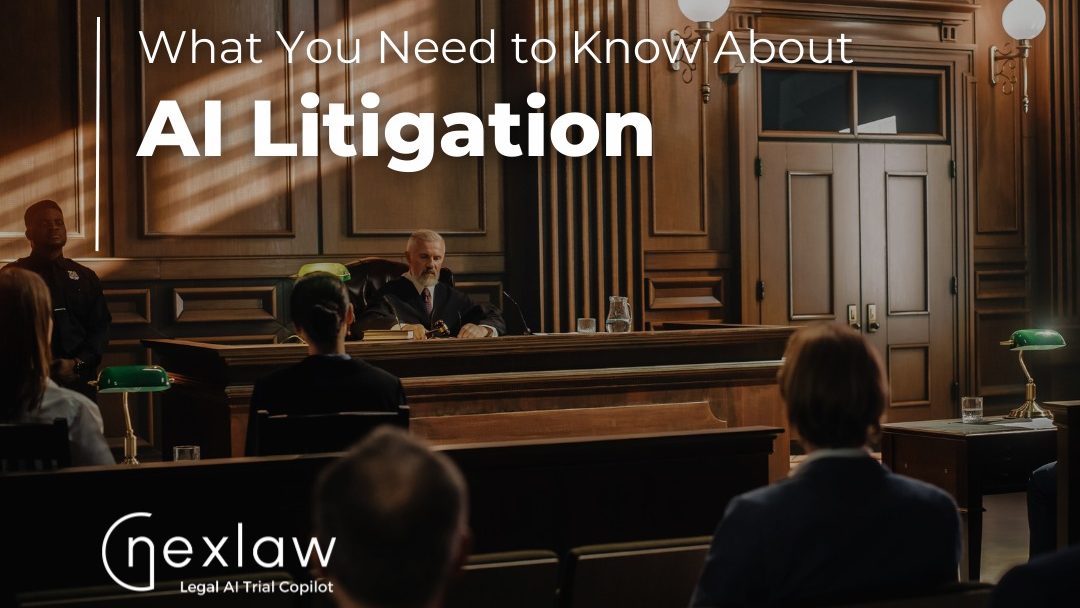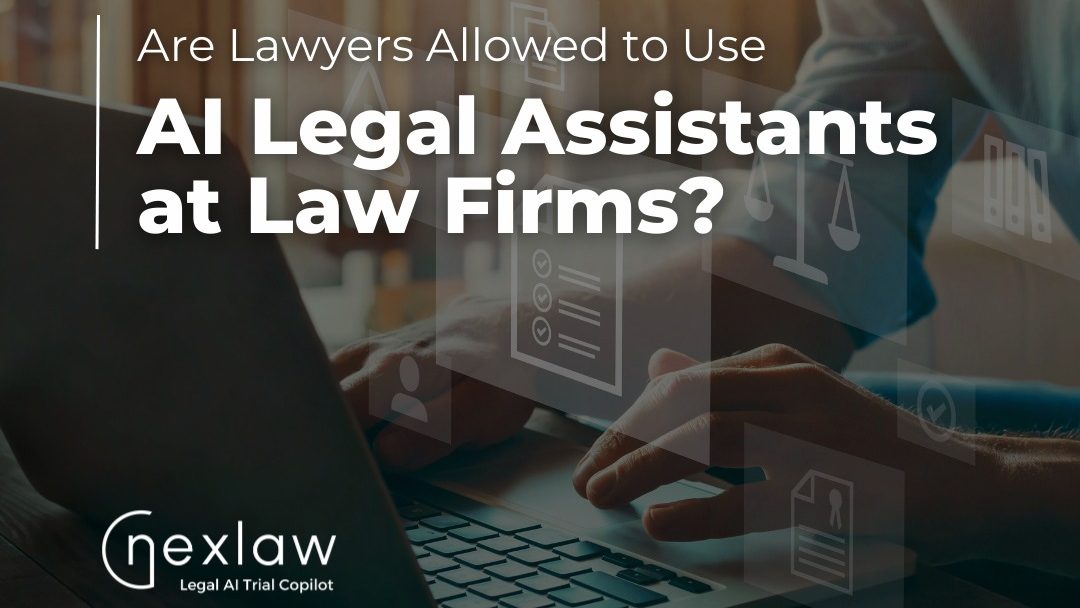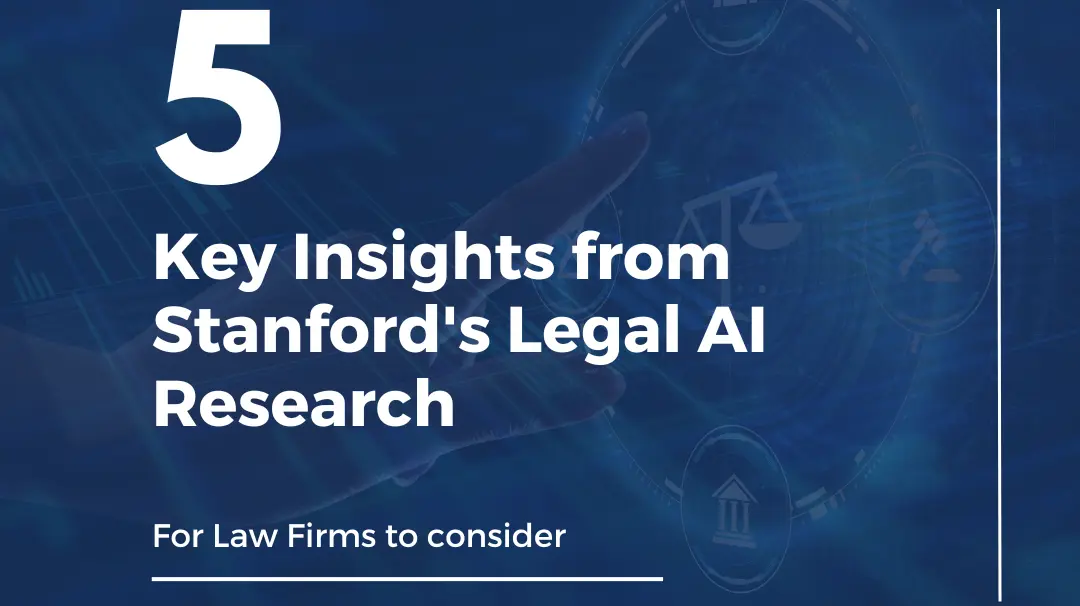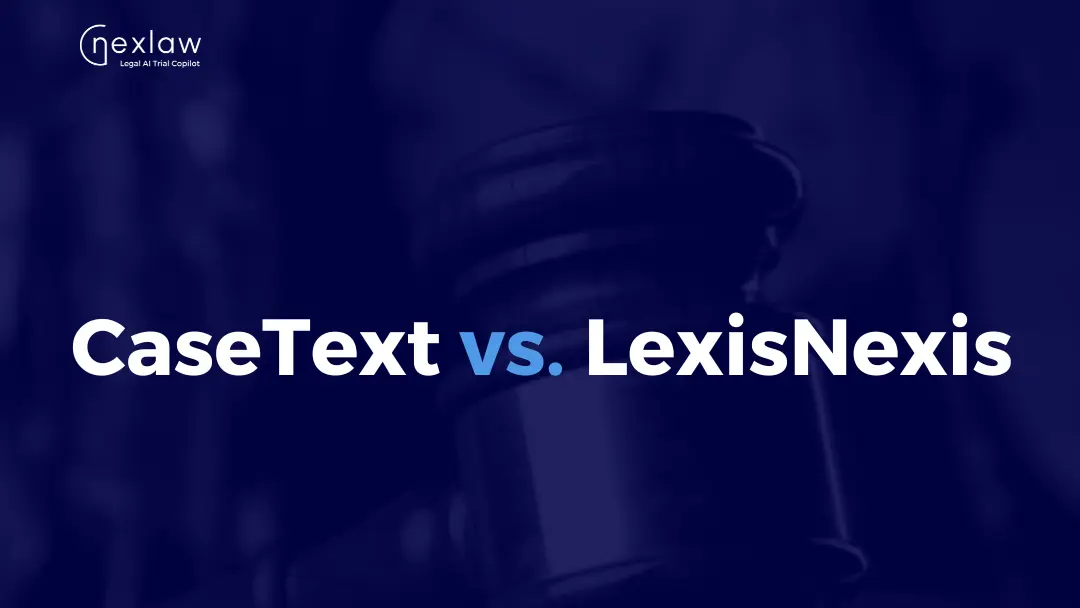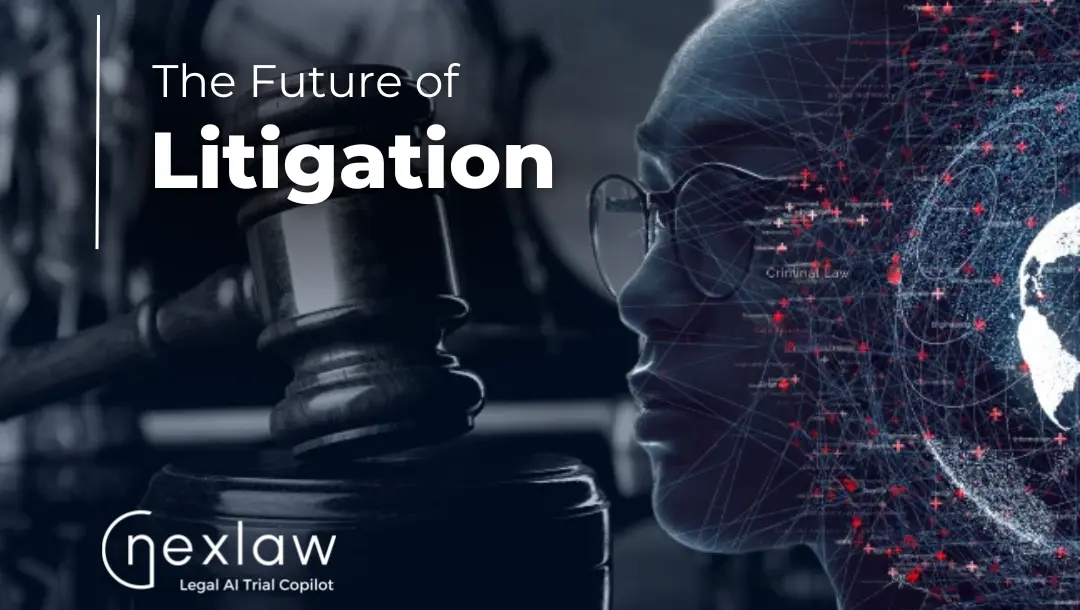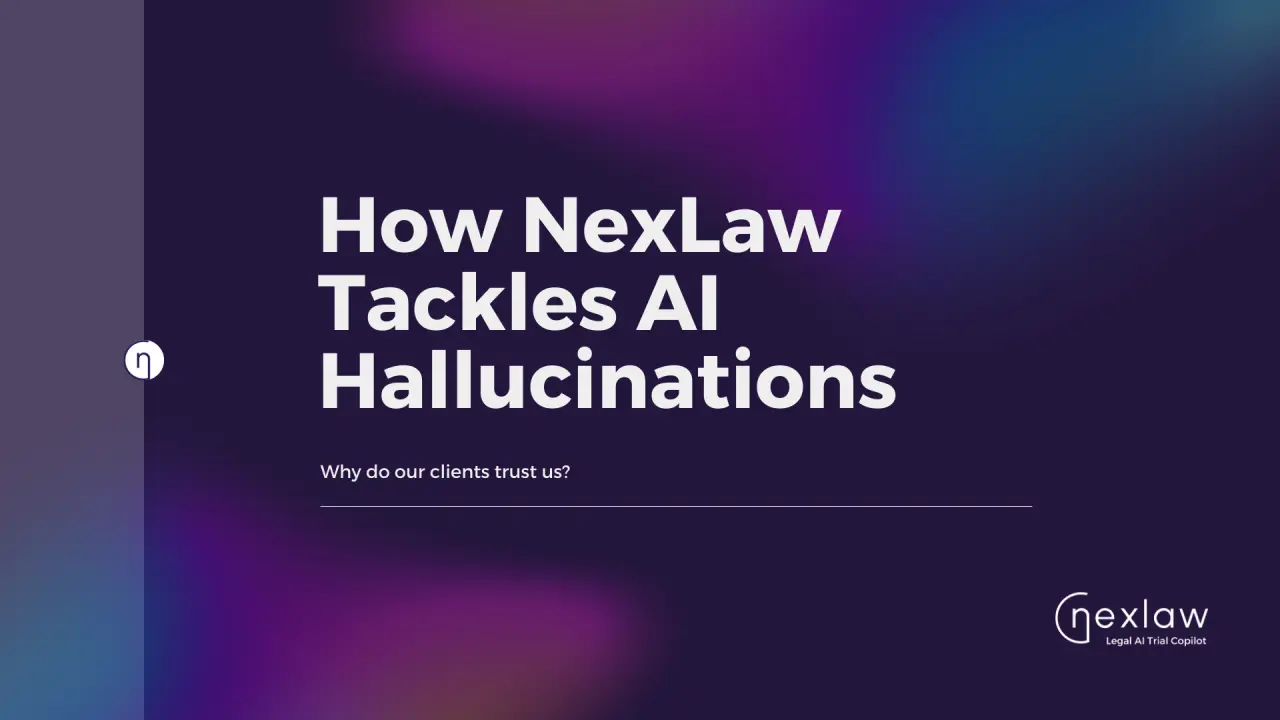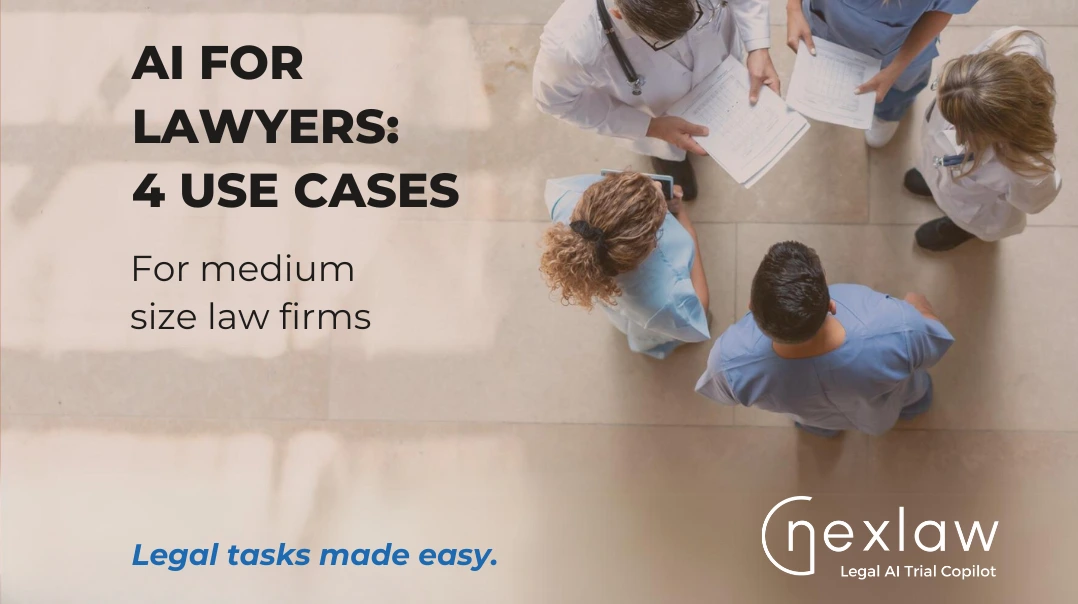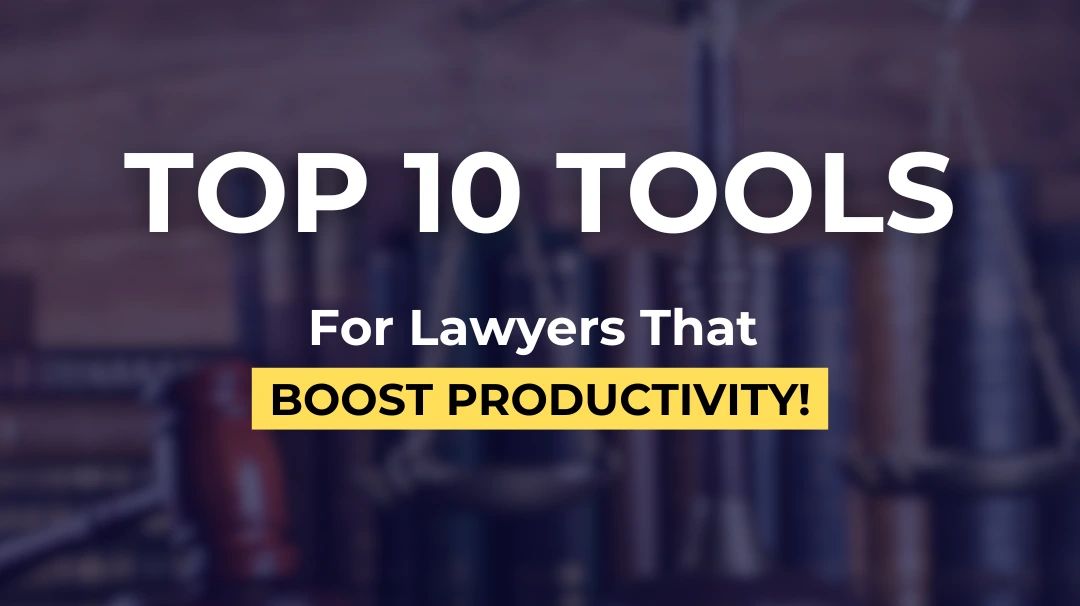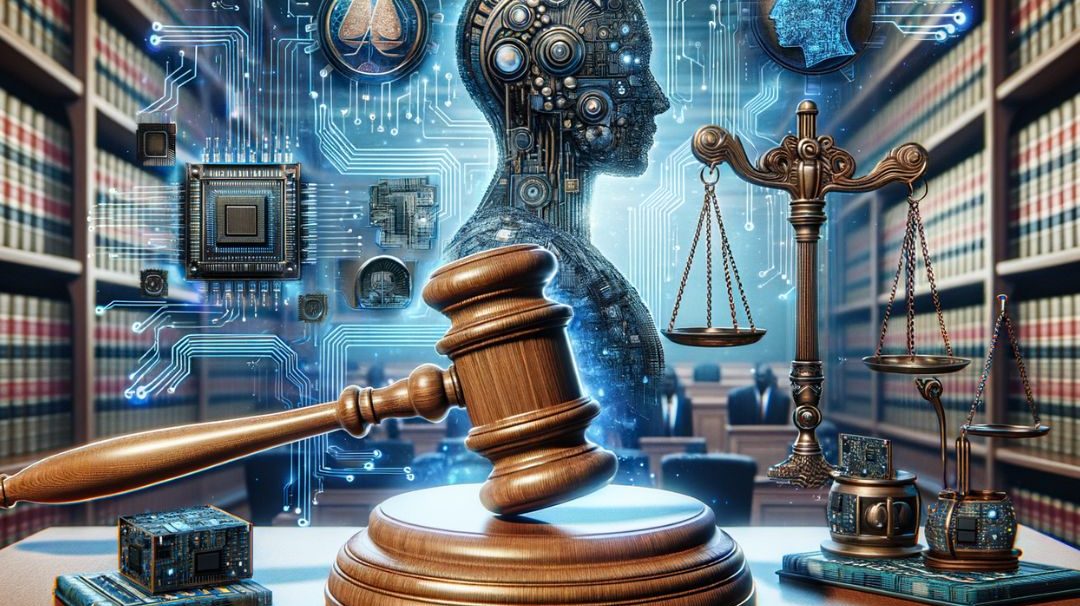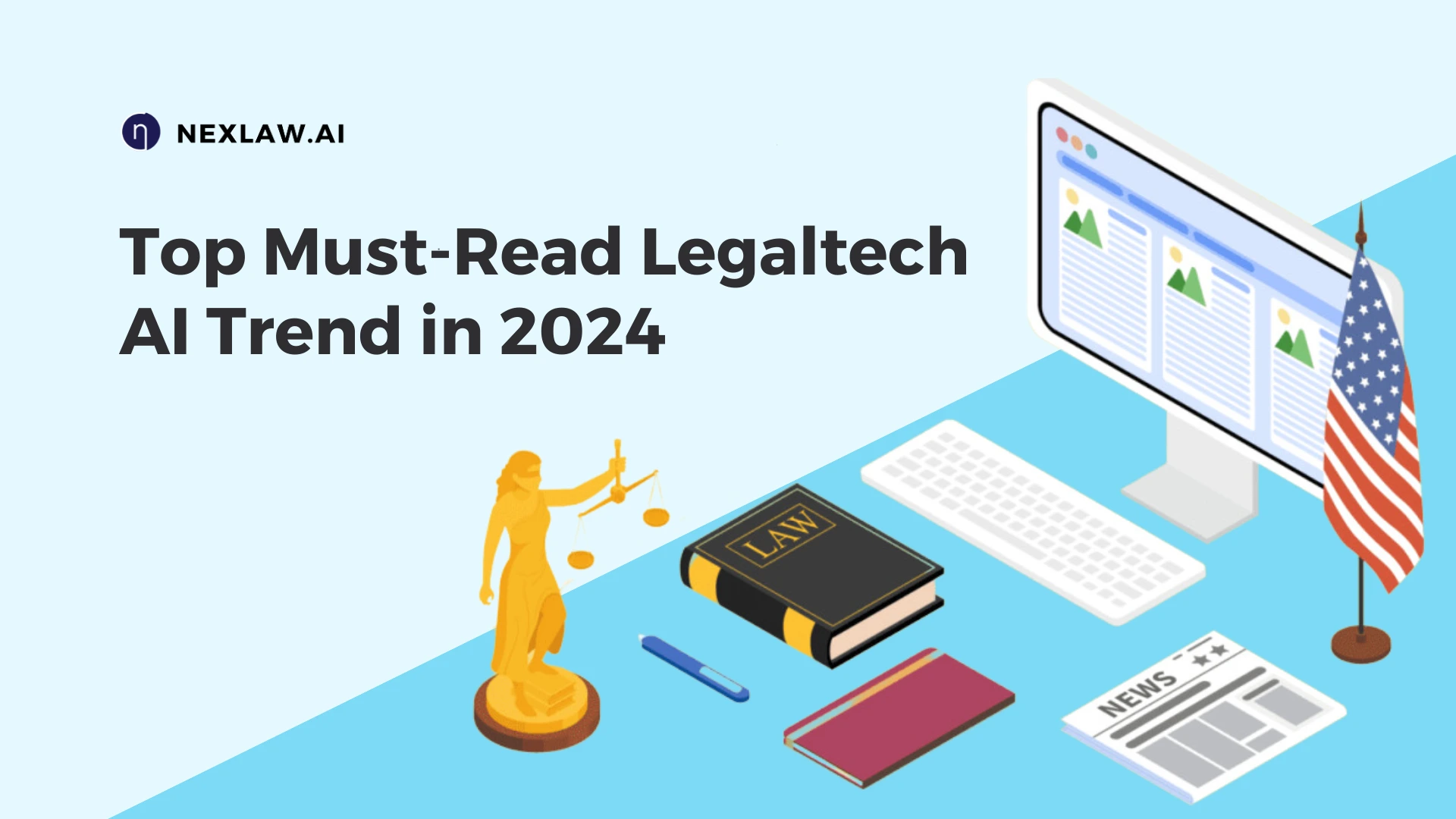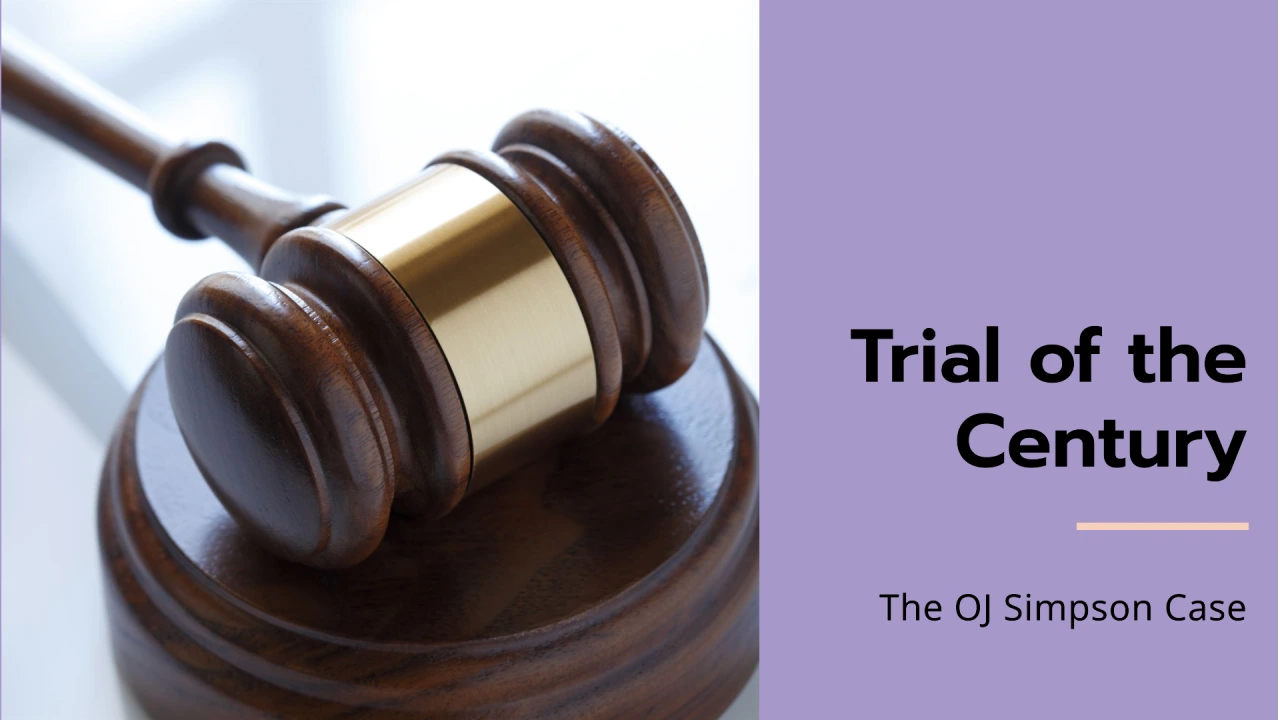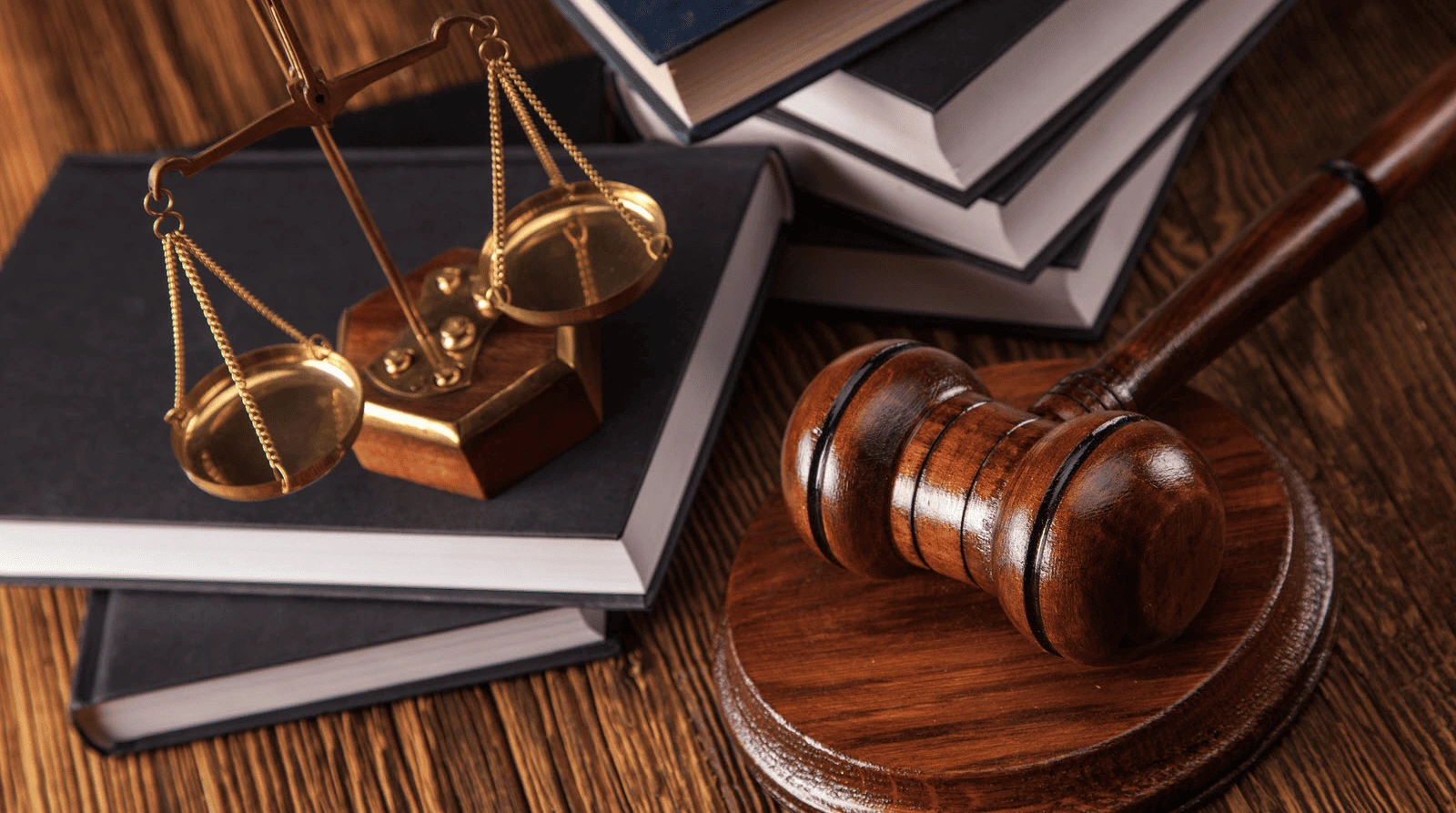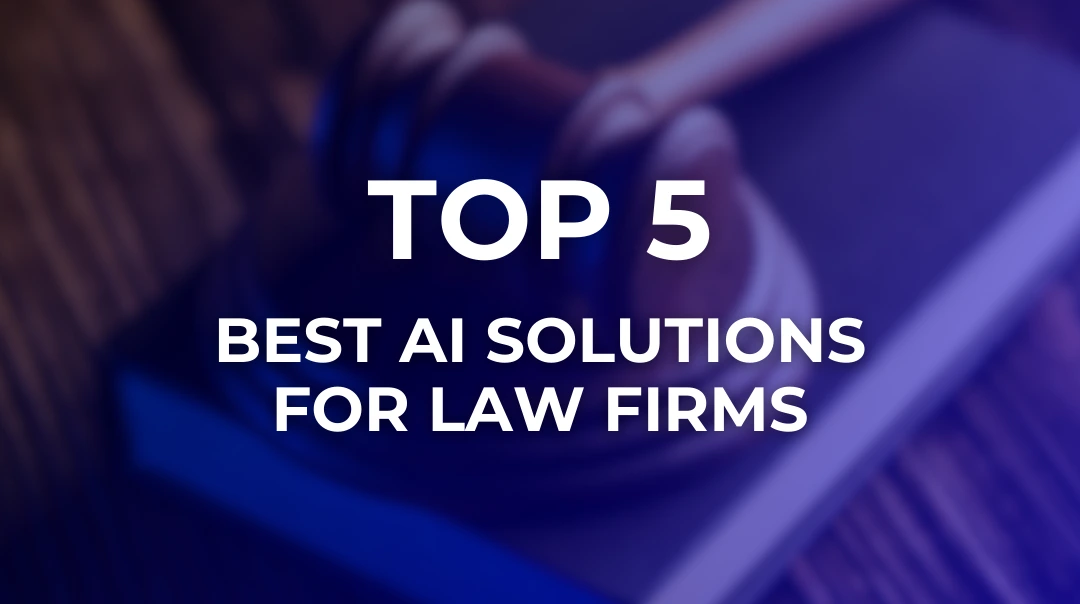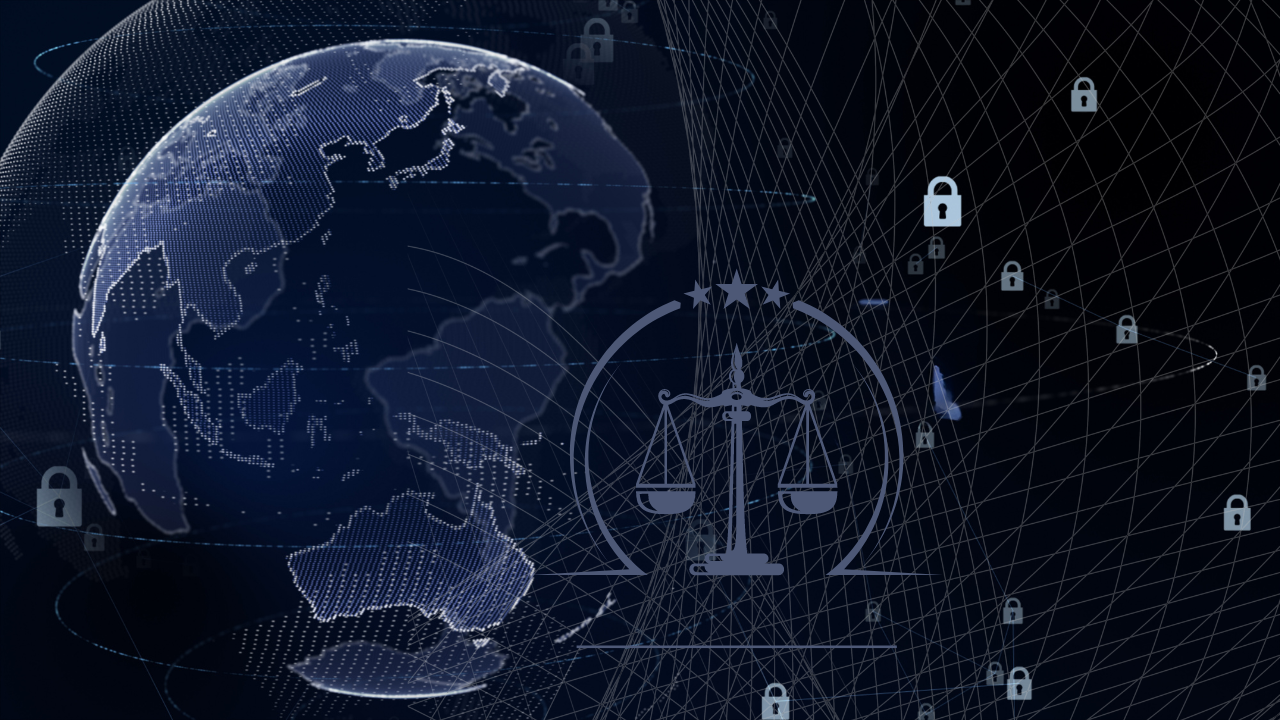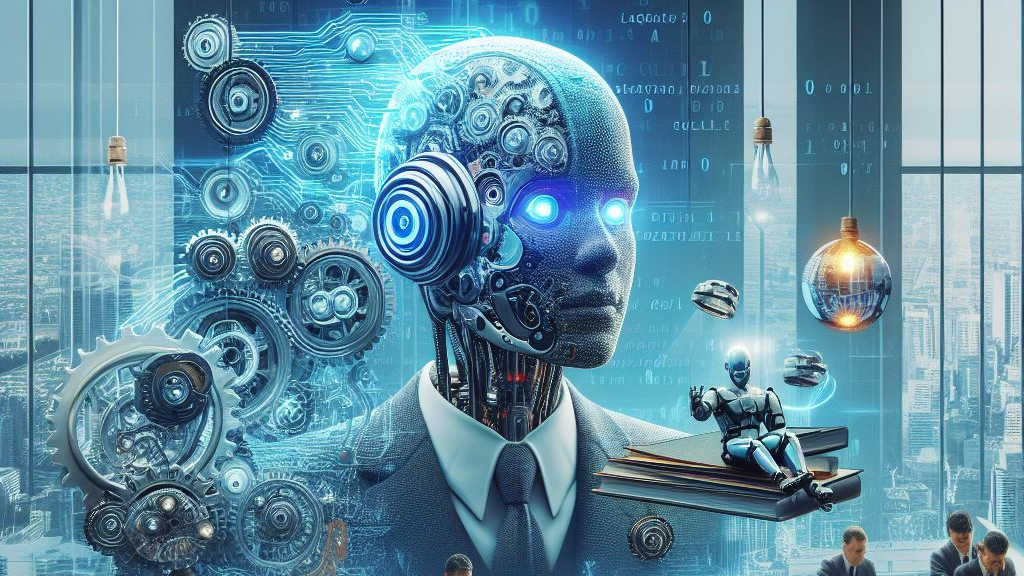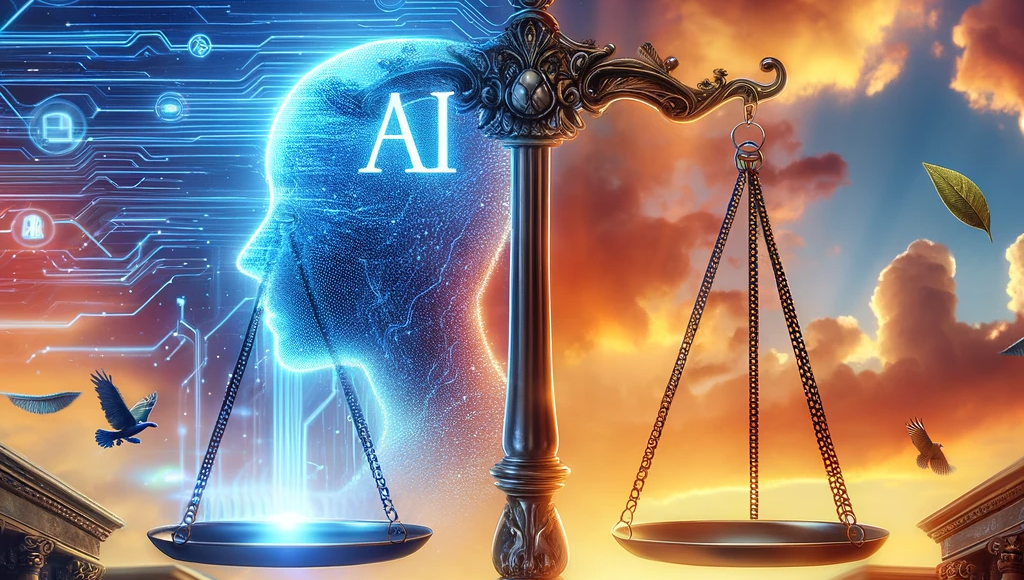The Language AI Landscape: A Deep Dive into the Titans of LLM
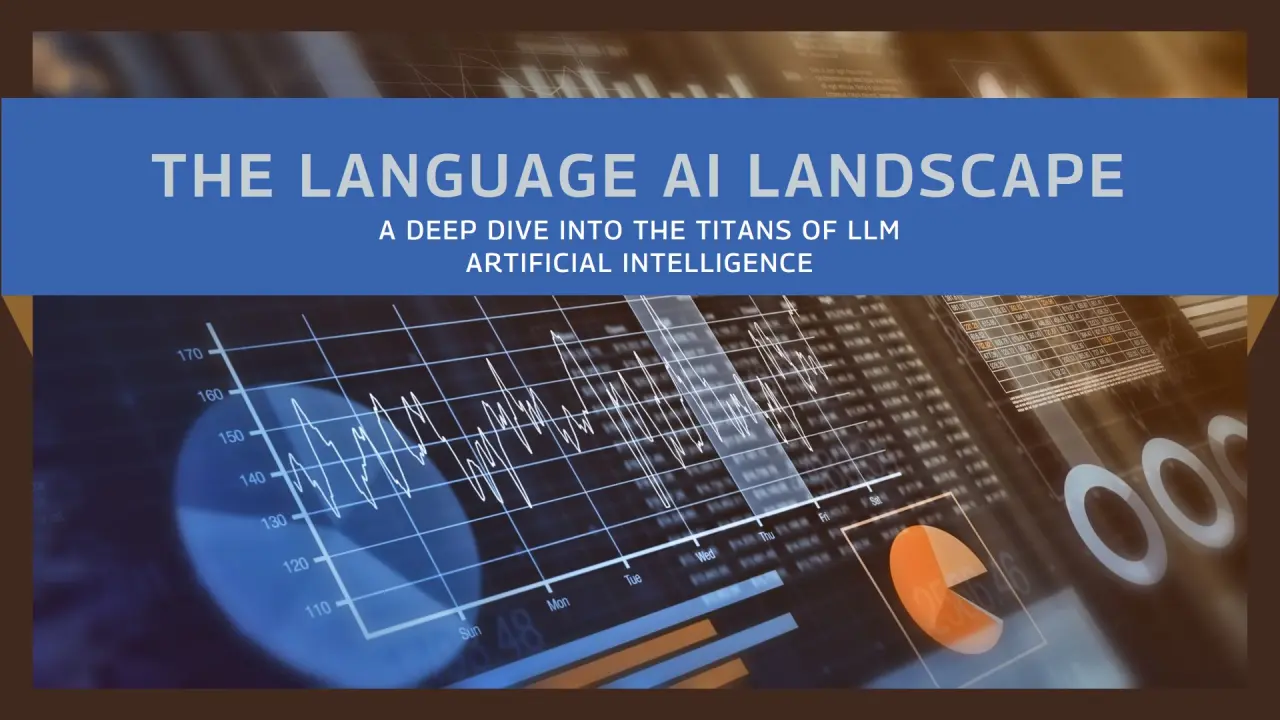
Related Posts
-
The Hybrid Future of International Commercial Disputes: Where Human Expertise Meets AI Efficiency with NexLaw.ai
-
The Global Courtroom: How International ODR and AI Are Revolutionizing Cross-Border Disputes
-
Minimizing Court Backlogs: The Preventative Power of AI in Early Dispute Resolution and Mediation
The Language AI Landscape: A Deep Dive into the Titans of LLM
The world of language AI is evolving at an unprecedented pace. Tech giants like OpenAI, Anthropic, Google, and Cohere AI are pushing the boundaries of what’s possible with large language models (LLMs). But amidst the excitement, it’s essential to understand the strengths, weaknesses, and philosophies behind these titans of language AI. As the founder of Nexlaw.ai, I’m thrilled to be part of this revolution, and I’ll dive deep into how we compare to these titans, examining their performance, strengths, weaknesses, and the driving forces behind their development.
Benchmarking the Giants
Industry benchmarks like MMLU and GPQA provide valuable insights into the capabilities of these LLMs. GPT-4o, Claude, and Gemini have each demonstrated impressive performance on these benchmarks. However, Cohere’s models have shown remarkable strength in enterprise-focused tasks like summarization and content moderation.
But benchmark results only tell part of the story. Real-world applications and user experiences offer a deeper look into the practical strengths of these models. GPT-4o and Claude excel at creative writing, code generation, and open-ended dialogue, often producing human-like responses. Gemini shines in visual understanding tasks, leveraging its multimodal capabilities. Cohere’s models are praised for their controllability and customization for specific enterprise needs.
At NexLaw.ai, we’re focused on developing LLMs tailored for the legal industry, with a strong emphasis on accuracy, reliability, and domain-specific knowledge. While we may not yet match the raw performance of models like GPT-4o on general benchmarks, our specialized training and fine-tuning on legal data have yielded impressive results in areas like contract analysis, legal research, and drafting.
Check out: Trends of Legal AI
The Safety and Ethics Imperative
As LLM development accelerates, critical ethical and safety concerns come to the forefront. Anthropic has made safety a core focus with Claude, implementing safeguards to align outputs with human values and advocating for industry collaboration on AI safety standards. Cohere has also emphasized controllability, allowing fine-tuning for specific use cases while maintaining high performance.
OpenAI and Google have acknowledged the importance of safety, but the extent to which safety has been prioritized relative to capability remains a point of debate and scrutiny.
At NexLaw.ai, we believe that safety, ethics, and domain expertise are paramount when developing LLMs for high-stakes industries like law. We’ve implemented rigorous safeguards and quality control measures to ensure our models’ outputs are accurate, reliable, and compliant with legal and ethical standards. We also prioritize transparency and interpretability, allowing our users to understand the reasoning behind our models’ outputs.
The Rise of Open-Source AI
The growing open-source movement aims to democratize AI development. Initiatives like Meta’s LLAMA and UC Berkeley’s Mistral framework are pushing for open-source alternatives. These open-source models offer researchers and developers greater flexibility and transparency, but also raise questions about the trade-offs between accessibility and potential risks of widespread, uncontrolled access to powerful AI.
We at NexLaw.ai, believe in striking a balance between accessibility and responsible development. While our core models are proprietary to ensure quality control and compliance, we’re exploring ways to leverage open-source components and collaborate with the broader AI community to advance the field while maintaining the highest standards for our legal applications. See how NexLaw in action
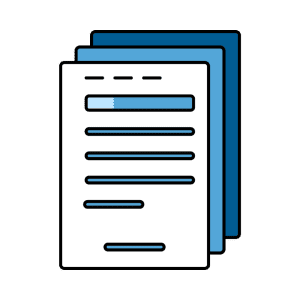
Get ahead of the curve with our free Guide to Starting Using Legal AI!
Unique Approaches and Focus Areas
Each of these LLM developers has unique areas of focus and philosophical approaches driving their work:
- OpenAI: Pushing the boundaries of raw capability and scale with models like GPT-4o.
- Anthropic: Prioritizing safety, transparency, and alignment with human values through techniques like constitutional AI.
- Google: Emphasizing multimodal capabilities and open-ended dialogue while mitigating potential harms.
- Cohere: Tailoring LLMs for enterprise applications with a focus on controllability and customization.
- Nexlaw.ai: Developing specialized LLMs for the legal industry, with a strong emphasis on accuracy, reliability, domain expertise, and ethical compliance.
The Future of LLM Supremacy
As the race for LLM supremacy continues, new models and approaches are emerging at a breakneck pace. While GPT-4o, Claude, Gemini, and Cohere’s models currently represent the cutting edge, their reign may be short-lived as companies continue pushing boundaries.
Ultimately, the development of LLMs is not just a technological pursuit, but also a philosophical and ethical one. The principles and priorities guiding their development will shape AI’s trajectory and societal impact.
Whether the future belongs to raw power, safety-focused approaches, multimodal prowess, enterprise customization, or an entirely new paradigm, one thing is certain: the race for LLM supremacy is just getting started, and the implications will be profound.
Interested In Features Like This?
Received Complimentary access to our resources and a personalized live demo tailored to your needs


Francis Lui
Founder & CEO of NexLaw


